Browse
By Area: Asia-Pacific
View: By Date | Alphabetical | eBooks | Paperbacks
-
eBook available
 Published May 2011
Published May 2011 The 1926/27 Soviet Polar Census Expeditions
Anderson, D. G. (ed)
Subjects: Anthropology (General) History (General)
Hb
Paperback available -
eBook available
 Published June 2019
Published June 2019 24 Bars to Kill
Hip Hop, Aspiration, and Japan's Social Margins
Armstrong, A. B.
Contrary to persistent depictions of an ethnically and economically homogeneous Japan, “ghetto” or “gangsta” J-hop music gives voice to the suffering, deprivation, and social exclusion experienced by many modern Japanese. 24 Bars to Kill gives a fascinating ethnographic account of this music as well as the subculture around it.
Subjects: Performance Studies Anthropology (General) Cultural Studies (General)
Hb -
eBook available
 Published July 2010
Published July 2010 Abortion in Asia
Local Dilemmas, Global Politics
Whittaker, A. (ed)
Subjects: Anthropology (General) Medical Anthropology
Hb
Paperback available -
eBook available
 Published February 2024
Published February 2024 Adoption, Emotion, and Identity
An Ethnopsychological Perspective on Kinship and Person in a Micronesian Society
Rauchholz, M.
Exploring adoption in the Pacific, this book goes beyond the commonplace structural-functional analysis of adoption as a positive “transaction in parenthood.” It examines the effects it has on adoptees inner sense of self, their conflicted emotional lives, and familial relationships that are affected by a personal sense of rejection and not belonging.
Subjects: Anthropology (General) Theory and Methodology
Hb -
eBook available
 Published April 2010
Published April 2010 After the Cult
Perceptions of Other and Self in West New Britain (Papua New Guinea)
Jebens, H.
Subjects: Anthropology of Religion Anthropology (General)
Hb
Paperback available -
 Published April 2011
Published April 2011 After the Event
The Transmission of Grievous Loss in Germany, China and Taiwan
Feuchtwang, S.
Subjects: Peace and Conflict Studies Anthropology (General) History (General)
Hb -
 Published September 2015
Published September 2015 The Agendas of Tibetan Refugees
Survival Strategies of a Government-in-Exile in a World of International Organizations
Kauffmann, T.
Since the arrival of the first Tibetans in exile in 1959, a vast and continuous wave of international support has permitted these refugees to survive and even to flourish in temporary residences. This book shows how Tibetan refugees continue to attract resources, while other refugee populations are largely forgotten.
Subject: Refugee and Migration Studies
Hb
Paperback available -
eBook available
 Published September 2025
Published September 2025 Animal Genocide and its Aftermath
The Tasmanian Tiger and the Newfoundland Wolf
Chare, N.
An exacting assessment of the bounty policies that facilitated the extinction of the Tasmanian Tiger and the Newfoundland Wolf, Animal Genocide and its Aftermath re-evaluates the legal, political, and social definition of animal killing, proposing it constitutes a form of genocide that requires a historical and cultural reckoning.
Subject: Environmental Studies (General) Cultural Studies (General)
Hb -
 Published August 2004
Published August 2004 Anthropology and Consultancy
Issues and Debates
Stewart, P. & Strathern, A. (eds)
Subject: Applied Anthropology
Pb -
 Published January 2006
Published January 2006 Anthropology and Sexual Morality
A Theoretical Investigation
Salazar, C.
Subjects: Theory and Methodology Gender Studies and Sexuality
Hb
Paperback available -
 Published August 2011
Published August 2011 The Anthropology of Empathy
Experiencing the Lives of Others in Pacific Societies
Hollan, D. W. & Throop, C. J. (eds)
Subjects: Anthropology (General) Sociology
Hb -
eBook available
 Published July 2019
Published July 2019 The Anti-Social Contract
Injurious Talk and Dangerous Exchanges in Northern Mongolia
Højer, L.
Set in a remote district of villagers and nomadic pastoralists in the northernmost part of Mongolia, this ethnography reveals an everyday universe where uncertain relations are as much internally cultivated in indigenous Mongolian perceptions of social relatedness, as it is externally confronted in postsocialist surroundings of unemployment and diminished social security.
Subjects: Sociology Anthropology (General)
Hb -
eBook available
 Published November 2018
Published November 2018 Artifak
Cultural Revival, Tourism, and the Recrafting of History in Vanuatu
DeBlock, H.
Artifak investigates the meaning and value of (art) objects as commodities in Vanuatu, in differing states of transit and transition: in the local place, on the market, and in the museum. It provides an ethnographic account of commoditization in the context of revitalization of culture and the arts in Vanuatu.
Subjects: Anthropology (General) Heritage Studies Museum Studies
Hb
Paperback available -
eBook available
 Published October 2020
Published October 2020 Aspirations of Young Adults in Urban Asia
Values, Family, and Identity
Westendorp, M., Remmert, D. & Finis, K. (eds)
Comparing first-person ethnographic accounts of young people living, working, and creating relationships in cities across Asia, this volume explores their contemporary lives, pressures, ideals, and aspirations.
Subjects: Anthropology (General) Urban Studies
Hb
Paperback available -
eBook available
 Published October 2023
Published October 2023 Assembling Financialisation
Local Actors and the Making of Agricultural Investment
Langford, Z.
Farmers, Indigenous organisations, government and private-sector intermediaries from remote Northern Australia often negotiate with private finance capital to gain funds for agricultural development.This book demonstrates that while financialisation is a useful signifier of patterns of global change, it is assembled by a diverse range of often contradictory work.
Subjects: Political and Economic Anthropology Sociology Sustainable Development Goals
Hb -
eBook available
 Published January 2023
Published January 2023 At Home in a Nursing Home
An Ethnography of Movement and Care in Australia
Zhang, A. R. Y.
Focusing on contemporary ideas about how aged care is provided, this book poses the question: How can people who are aged and frail live out the final phase of their lives with dignity? In seeking answers, the author examines what it means to be ‘at home’ in residential care in a novel and compassionate way.
Subjects: Anthropology (General) Sociology
Hb -
eBook available
 Published July 2018
Published July 2018 An Australian Indigenous Diaspora
Warlpiri Matriarchs and the Refashioning of Tradition
Burke, P.
This book is a multi-sited ethnography of the migration of a minority of the aboriginal Warlpiri away from their traditional homeland to distant towns and cities. It follows a number of Warlpiri matriarchs into their new locations, exploring how they sustain their independent lives and examining their changing relationship with the traditional culture they represent.
Subjects: Anthropology (General) Refugee and Migration Studies
Hb
Paperback available -
eBook available
 Published April 2021
Published April 2021 Authenticity and Authorship in Pacific Island Encounters
New Lives of Old Imaginaries
Mageo, J. & Knauft, B. (eds)
Reconsidering issues of representation in the insular Pacific, this volume explores authenticity and authorship in practice as “traveling concepts” that spawn cross-fertilization along the cultural and historical routes they traverse. The chapters are contextualized by a strongly theorized introduction that considers how notions of authenticity and authorship have developed in Western societies too.
Subjects: Anthropology (General) Development Studies
Hb -
 Published September 2014
Published September 2014 Belonging in Oceania
Movement, Place-Making and Multiple Identifications
Hermann†, E., Kempf, W. & Meijl, T. van (eds)
Belonging can be understood by considering the intersections of movement, place-making and cultural identifications. The contributions present ethnographic case studies of such intersections in Oceania. Investigated are ongoing formations of place, self and community in connection with travelling, as well as with internal and international migration.
Subjects: Refugee and Migration Studies Mobility Studies Cultural Studies (General)
Hb -
 Published July 2014
Published July 2014 Beyond Alterity
German Encounters with Modern East Asia
Shen, Q. & Rosenstock, M. (eds)
This collection of essays examines German-language cultural production pertaining to modern China and Japan, and explicitly challenges orientalist notions by proposing a conception of East and West not as opposites, but as complementary elements of global culture, thereby urging a move beyond national paradigms in cultural studies. Essays focus on the mid-century German-Japanese alliance, Chinese-German Leftist collaborations, global capitalism, travel, identity, and cultural hybridity. The authors include historians and scholars of film and literature, and employ a wide array of approaches from postcolonial, globalization, media, and gender studies. The collection sheds new light on a complex and ambivalentset of international relationships, while also testifying to the potential of Asian German Studies.
Subjects: Cultural Studies (General) History: 20th Century to Present
Hb -
eBook available
 Published July 2020
Published July 2020 Beyond Filial Piety
Rethinking Aging and Caregiving in Contemporary East Asian Societies
Shea, J., Moore, K., & Zhang, H. (eds)
This volume explores emerging cultural meanings and social responses to population aging in contemporary East Asian societies. Drawing on ethnographic, demographic, policy, archival, and media data, the authors trace both common patterns and diverging trends across China, Hong Kong, Taiwan, Singapore, Japan, and Korea.
Subjects: Anthropology (General) Sociology
Hb
Paperback available -
eBook available
 Published April 2020
Published April 2020 Beyond Wild and Tame
Soiot Encounters in a Sentient Landscape
Oehler, A. C.
Responding to recent scholarship, this book examines animal domestication and offers a Soiot approach to animals and landscapes, which transcends the wild-tame dichotomy. It is an ethnography intended to help us reinvent our relations with the earth in unpredictable times.
Subject: Environmental Studies (General)
Hb
Paperback available -
 Published October 2016
Published October 2016 Biomedical Entanglements
Conceptions of Personhood in a Papua New Guinea Society
Herbst, F. A.
Biomedical Entanglements is an ethnographic study of the Giri people of Papua New Guinea, focusing on the indigenous population’s interaction with modern medicine. The study bridges medical anthropology and global health, exploring how the ‘biomedical’ is imbued with social meaning and how biomedicine affects Giri ways of life.
Subjects: Anthropology (General) Medical Anthropology
Hb
Paperback available -
 Published November 2009
Published November 2009 The Body in Asia
Turner, B. & Yangwen, Z. (Eds.)
Subjects: Anthropology (General) Sociology Political and Economic Anthropology Anthropology of Religion
Hb -
eBook available
 Published September 2022
Published September 2022 Borders in East and West
Transnational and Comparative Perspectives
Berger, S. & Hashimoto, N. (eds)
The different ways of understanding borders, through culture, politics, or even religion, is transforming and requires multi-disciplinary approaches the complexity of interactions and tensions that may arise. Borders in East and West focuses on the relationships between Europe and East Asia through comparative case studies to challenge discourses and build new perspectives.
Subjects: History: 20th Century to Present History: 18th/19th Century Colonial History
Hb
Paperback available -
 Published September 2012
Published September 2012 Bridging Divides
Ethno-Political Leadership among the Russian Sámi
Overland, I. & Berg-Nordlie, M.
Subject: Development Studies
Hb
Paperback available -
eBook available
 Published May 2018
Published May 2018 Capturing Quicksilver
The Position, Power, and Plasticity of Chinese Medicine in Singapore
Smith, A. A.
Capturing Quicksilver considers the use, promotion, and legislation of Chinese medicine in Singapore in relation to government policies favoring international investment, urban redevelopment, healthcare regulation, “multiracial” nationalism, and the management of history and heritage. Theoretically and methodologically developed within medical anthropology, it explores embodied experience and individual and group creativity vis-à-vis state agendas.
Subjects: Medical Anthropology Anthropology (General)
Hb
Paperback available -
eBook available
 Published October 2021
Published October 2021 Carnivalizing Reconciliation
Contemporary Australian and Canadian Literature and Film beyond the Victim Paradigm
Teichler, H.
This book analyzes, within the realms of national literature and film, recent Australian and Canadian attempts to reconcile with Indigenous populations in the wake of forced child removal. As Hanna Teichler demonstrates, their systematic emphasis on the subjectivity of the victim is carnivalesque, temporarily overturning discursive hierarchies.
Subjects: Memory Studies Literary Studies Film and Television Studies
Hb
Paperback available -
 Published May 2006
Published May 2006 Centering the Margin
Agency and Narrative in Southeast Asian Borderlands
Horstmann, A. & Wadley, R. L. (eds)
Subjects: Anthropology (General) Refugee and Migration Studies
Hb
Paperback available -
eBook available
 Published May 2023
Published May 2023 Chicanery
Senior Academic Appointments in Antipodean Anthropology, 1920–1960
Gray, G., Munro, D. & Winter, C.
Academic appointments can bring forth unexpected and unforeseen contests and tensions, cause humiliation and embarrassment for unsuccessful applicants and reveal unexpected allies and enemies. Chicanery deals with how the founding Chairs at Sydney, the Australian National University, Auckland and Western Australia dealt with this process.
Subjects: Anthropology (General) History: 20th Century to Present Theory and Methodology
Hb -
eBook available
 Published May 2025
Published May 2025 Children Dancing in Bali
Practice, Performance, and Power
McIntosh, J.
An illuminating ethnographic study of Balinese dance traditions, Children Dancing in Bali examines how children navigate the nexus of power, practice, and performance through the medium of Balinese culture, in order to negotiate fluctuations in their identity and society.
Subjects: Performance Studies Anthropology (General) Heritage Studies
Hb -
eBook available
 Published March 2010
Published March 2010 China in Oceania
Reshaping the Pacific?
Wesley-Smith, T. & Porter, E. (eds)
Subject: Political and Economic Anthropology
Pb -
 Published November 2012
Published November 2012 Christian Politics in Oceania
Tomlinson, M. & McDougall, D. (eds)
Subjects: Anthropology of Religion Anthropology (General)
Hb -
eBook available
 Published February 2026
Published February 2026 Christianity, Colonialism and Indigenous History in French Polynesia
Advance into Past
Misaki, M.
This book illustrates how indigenous Christians perceive social change and how their historical perceptions inform the creation of their own Christianity in an increasingly modernised French Polynesian society.
Subjects: Anthropology of Religion Colonial History Sociology
Hb -
eBook available
 Published October 2019
Published October 2019 Claiming Homes
Confronting Domicide in Rural China
Bruckermann, C.
Explores how ‘care’, defined as ‘work done on behalf of others’, allows villagers to forge belonging and stake claims over the locality, its values, and each other, in defiance of the social exclusion projected by China’s politics of place and localization of class.
Subject: Anthropology (General)
Hb -
eBook available
 Published March 2013
Published March 2013 Communities of Complicity
Everyday Ethics in Rural China
Steinmüller, H.
Subject: Anthropology (General)
Hb
Paperback available -
 Published November 2009
Published November 2009 Conversion After Socialism
Disruptions, Modernisms and Technologies of Faith in the Former Soviet Union
Pelkmans, M. (ed)
Subjects: Anthropology of Religion Anthropology (General)
Hb -
 Published June 2013
Published June 2013 Creating a Nation with Cloth
Women, Wealth, and Tradition in the Tongan Diaspora
Addo, P.-A.
Subjects: Gender Studies and Sexuality Refugee and Migration Studies Anthropology (General)
Hb -
 Published July 2003
Published July 2003 Creative Land
Place and Procreation on the Rai Coast of Papua New Guinea
Leach, J.
Subject: Anthropology (General)
Hb
Paperback available -
eBook available
 Published June 2019
Published June 2019 Crossing Histories and Ethnographies
Following Colonial Historicities in Timor-Leste
Roque, R. & Traube, E. G. (eds)
Brings together different generations of Timor-Leste scholars into dialogue to reconsider a diversity of such critical topics as the incorporation of strangers, the meanings of colonial documents, the value of sacred heirlooms, or the remembering (and forgetting) of colonial violence.
Subjects: Anthropology (General) Colonial History Sociology
Hb
Paperback available -
eBook available
 Published May 2010
Published May 2010 Cultural Diversity in Russian Cities
The Urban Landscape in the post-Soviet Era
Gdaniec, C. (ed)
Subjects: Urban Studies Cultural Studies (General)
Hb
Paperback available -
eBook available
 Published October 2017
Published October 2017 Culture Change and Ex-Change
Syncretism and Anti-Syncretism in Bena, Eastern Highlands, Papua New Guinea
Knapp, R.
Analyzing perceived and performed cultural change by members of the Bena Bena language group in Papua New Guinea, Knapp offers a new understanding by conjoining traditional anthropological models as well as recent pursuits such as collaborative, reflexive and reverse anthropology.
Subjects: Anthropology (General) Cultural Studies (General) Anthropology of Religion
Hb -
 Forthcoming July 2026
Forthcoming July 2026 Culturing Money
Double Movements in the Marshall Islands
Berta, O.
The idea of culture has become a creative framework in Marshall Islanders’ quest to realise a community based on communality, meaningful work, and self-reliance. Culturing Money analyses what sort of conceptual and practical work that the dialectics of culture and economy can do for Marshall Islanders in their quest for a meaningful life where self-reliance is the ultimate goal.
Subjects: Political and Economic Anthropology Cultural Studies (General) Development Studies
-
eBook available
 Published March 2016
Published March 2016 Cutting and Connecting
'Afrinesian' Perspectives on Networks, Relationality, and Exchange
Myhre, K. C. (ed)
Cutting and Connecting rethinks anthropology’s comparative endeavor by calling in a conceptual debt that theoretical innovations from Melanesian anthropology owe to network analysis originally developed in African contexts. The contributors adopt and employ concepts from recent anthropological studies of Melanesia to analyze contemporary life on the African continent.
Subjects: Anthropology (General) Cultural Studies (General)
Pb -
eBook available
 Published April 2018
Published April 2018 Cutting Cosmos
Masculinity and Spectacular Events among the Bugkalot
Mikkelsen, H. H.
Exploring the notion of masculinity among the Bugkalot, Cutting Cosmos is not only an experimental, anthropological study of the paradoxes around which Bugkalot society revolves, but also a reflection on anthropological theory and writing.
Subjects: Theory and Methodology Gender Studies and Sexuality Sociology
Hb -
 Published March 2013
Published March 2013 Cyberidentities At War
The Moluccan Conflict on the Internet
Bräuchler, B.
Subjects: Media Studies Anthropology (General) Peace and Conflict Studies
Hb -
eBook available
 Published March 2013
Published March 2013 The Death of the Big Men and the Rise of the Big Shots
Custom and Conflict in East New Britain
Martin, K.
Subjects: Anthropology (General) Development Studies
Hb
Paperback available -
eBook available
 Published May 2017
Published May 2017 Death of the Public University?
Uncertain Futures for Higher Education in the Knowledge Economy
Wright, S. & Shore, C. (eds)
Continuous government reforms to make universities ‘world class’, entrepreneurial and drivers of the knowledge economy, are transforming the traditional mission and meaning of the public university and its ability to act as ‘critic and conscience’ of society. This collection explores the new landscapes of higher education emerging across Europe and Australasia.
Subjects: Educational Studies Anthropology (General)
Hb
Paperback available -
eBook available
 Published May 2018
Published May 2018 Dreams Made Small
The Education of Papuan Highlanders in Indonesia
Munro, J.
Dreams Made Small offers an in-depth, ethnographic look at journeys of education among young Papuans under Indonesian rule, ultimately revealing how dreams of transformation, equality, and belonging are shaped and reshaped in the face of multiple constraints.
Subjects: Anthropology (General) Educational Studies Cultural Studies (General)
Hb
Paperback available -
eBook available
 Published October 2025
Published October 2025 Dreams, Gender, and Artisanal Mining in Papua New Guinea
An Ethnography of Value
Moretti, D.
Dreams, Gender, and Artisanal Mining in Papua New Guinea uses dreams to explore the value of gold in a multigenerational community of New Guinean migrant miners. It broadens research on Melanesian mining ontologies and women’s role in mining. It explores how women creatively use dreams to challenge hegemonic masculine discourses that exclude them from accessing mineral wealth.
Subjects: Anthropology (General) Gender Studies and Sexuality Sociology
Hb -
eBook available
 Published December 2015
Published December 2015 Ecological Migrants
The Relocation of China's Ewenki Reindeer Herders
Xie, Y.
This ethnography details changing Ewenki ways of life brought China’s recent ecological migration policies, which aim to preserve and restore the badly damaged ecologies of western China. This ethnography examines these policies and their effects on Aoluguya Ewenki hunters, who have been relocated.
Subjects: Anthropology (General) Environmental Studies (General)
Hb
Paperback available -
 Published December 2011
Published December 2011 Education Policy and Equal Opportunity in Japan
Okada, A.
Subjects: Educational Studies History (General) Sociology
Hb -
eBook available
 Published September 2018
Published September 2018 Elite Malay Polygamy
Wives, Wealth and Woes in Malaysia
Zeitzen, M. K.
An ethnography of elite polygamy in urban Malaysia, this volume explores the impact this growing practice has on Malay gender relations, examining the varied and often-conflicted polygamy narratives of elite Malay women, who manage their lives and loves under the “threat” of husbands able to marry another woman without their knowledge or consent.
Subjects: Anthropology (General) Sociology Gender Studies and Sexuality Political and Economic Anthropology
Hb
Paperback available -
eBook available
 Published July 2025
Published July 2025 Elsdon Best
Holman, J. P. & Delgado Rosa, F.
This volume is dedicated to the New Zealander ethnographer Elsdon Best (1856-1931) who is a key figure in the history of anthropology due to his involuntary triggering of a fundamental and long-lasting anthropological debate on the Māori concept of hau.
Subjects: Anthropology (General) Theory and Methodology
Hb
Paperback available -
 Published November 2008
Published November 2008 Embodied Communities
Dance Traditions and Change in Java
Hughes-Freeland, F.
Subjects: Performance Studies Anthropology (General)
Hb
Paperback available -
eBook available
 Published July 2017
Published July 2017 Emptiness and Fullness
Ethnographies of Lack and Desire in Contemporary China
Bregnbæk, S. & Bunkenborg, M. (eds)
As critical voices question the quality, authenticity, and value of people, goods, and words in post-Mao China, accusations of emptiness render things open to new investments of meaning, substance, and value. Exploring the production of lack and desire through fine-grained ethnography, this volume examines how diagnoses of emptiness operate in a range of very different domains in contemporary China.
Subjects: Anthropology (General) Political and Economic Anthropology
Hb -
eBook available
 Published January 2024
Published January 2024 Enacted Relations
Performing Knowledge in an Australian Indigenous Community
Tamisari, F.
Enacted Relations explores the Yolngu relational ontology and epistemology in the context of everyday practices, ritual ceremonies, bicultural education, vernacular Christianity and the production of popular music.
Subjects: Anthropology (General) Cultural Studies (General)
Hb -
 Published March 2022
Published March 2022 Engaging Environments in Tonga
Cultivating Beauty and Nurturing Relations in a Changing World
Perminow, A. A.
On March 11, 2011, a tsunami warning was issued for Tonga in Polynesia. On the low and small island of Kotu, people were unperturbed in the face of pending catastrophe. The book is an ethnography of the relationship between people and their environment based on fieldwork over three decades.
Subjects: Anthropology (General) Environmental Studies (General) Development Studies
Paperback available -
eBook available
 Published March 2012
Published March 2012 Engaging the Spirit World
Popular Beliefs and Practices in Modern Southeast Asia
Endres, K. W. & Lauser, A. (eds)
Subjects: Anthropology (General) Anthropology of Religion
Hb -
eBook available
 Published January 2016
Published January 2016 Engaging with Strangers
Love and Violence in the Rural Solomon Islands
McDougall, D.
Writing of Ranongga Island, the author tracks engagements with foreigners across many realms of life, describing startling reversals in which strangers become attached to local places, even as kinspeople are estranged. Against stereotypes of rural insularity, she argues that a distinctive cosmopolitan openness to others is evident in the rural Solomons in times of war and peace.
Subjects: Anthropology (General) Peace and Conflict Studies
Hb
Paperback available -
eBook available
 Published June 2014
Published June 2014 The Ethnographic Experiment
A.M. Hocart and W.H.R. Rivers in Island Melanesia, 1908
Hviding, E. & Berg, C. (eds)
In 1908 Arthur Maurice Hocart and William Halse Rivers Rivers brought about a turning point in modern anthropology. The two pioneers’ fieldwork in Island Melanesia brought about the development of participant observation as a methodological hallmark of social anthropology. Contributors to this volume—who have all carried out fieldwork in Melanesian locations—situate the scholars’ efforts in the contexts of colonial history, imperialism, the history of ideas and scholarly practice within and beyond anthropology.
Subjects: Anthropology (General) Colonial History
Hb
Paperback available -
eBook available
 Published April 2021
Published April 2021 Ethnography in the Raw
Life in a Luzon Village
Moeran, B.
Ethnography in the Raw describes the author’s encounters with a Philippine family into which he has married, his wife’s friends and acquaintances, and their lives in a remote rural village in the rice basin of Luzon, about 130 miles north east of Manila. It is both anthropological fieldwork ‘in the raw,’ and an incisive analysis of contemporary Philippine society and culture.
Subjects: Anthropology (General) Sociology
Hb
Paperback available -
eBook available
 Published May 2023
Published May 2023 Exchange and Markets in Early Economic Development
Informal Economy in the Three New Guineas
Conroy, J. D.
The idea of an informal economy emerged from, and is a critique of, the ideology of ‘economic development’. It originated from Keith Hart’s recognition of informal economic activity in 1960s Ghana. In the context of four colonialisms – German, British, Australian and Dutch – this book recounts Hart’s effort in 1972 to introduce the informal ‘sector’ into development planning in Papua New Guinea.
Subjects: Political and Economic Anthropology Development Studies Colonial History
Hb -
 Published November 2007
Published November 2007 Experiencing New Worlds
Wassmann, J. & Stockhaus, K. (eds)
Subjects: Development Studies Anthropology (General)
Hb -
eBook available
 Published November 2018
Published November 2018 Explorations and Entanglements
Germans in Pacific Worlds from the Early Modern Period to World War I
Berghoff, H., Biess, F., & Strasser, U. (eds)
Explorations and Entanglements reconstructs the German elements in the overlapping cultural circuits and complex oceanic transits of the “Pacific Worlds.” It concentrates on the pre-1914 period and encompasses scientific, cultural, religious and commercial exchanges. It opens a gate to a fascinating and hitherto much neglected arena of transnational encounters.
Subjects: History: 18th/19th Century History: 20th Century to Present Colonial History
Hb
Paperback available -
eBook available
 Published March 2019
Published March 2019 Fate Calculation Experts
Diviners Seeking Legitimation in Contemporary China
Li, G.
As the practice of divination, long stigmatized as an immoral superstition, enjoys a revival in contemporary China, Fate Calculation Experts explores the various ways in which diviners attempt to achieve legitimation in a society which identifies strongly with modernity, science, and rationality.
Subjects: Anthropology (General) Anthropology of Religion
Hb -
eBook available
 Published April 2022
Published April 2022 Fire on the Island
Fear, Hope and a Christian Revival in Vanuatu
Bratrud, T.
In 2014, the island of Ahamb in Vanuatu became the scene of a startling Christian revival movement led by thirty children with ‘spiritual vision’. Based on twenty months of ethnographic fieldwork on Ahamb between 2010 and 2017, this book investigates how upheavals like the Ahamb revival can emerge to address and sometimes resolve social problems.
Subjects: Anthropology of Religion Anthropology (General)
Hb
Paperback available -
eBook available
 Published July 2013
Published July 2013 Foodways and Empathy
Relatedness in a Ramu River Society, Papua New Guinea
Poser, A. von
Subjects: Food & Nutrition Anthropology (General)
Hb
Paperback available -
 Published June 2017
Published June 2017 Footprints in Paradise
Ecotourism, Local Knowledge, and Nature Therapies in Okinawa
Murray, A. E.
In Okinawa, ecotourism promises to provide employment for a dwindling population of rural youth while preserving the natural environment and bolstering regional pride. Footprints in Paradise explores how sense of place in Okinawa is transformed as language, landscapes, and wildlife are reconstituted as treasured and vulnerable resources.
Subjects: Anthropology (General) Travel and Tourism Environmental Studies (General) Sustainable Development Goals
Paperback available -
eBook available
 Published June 2012
Published June 2012 Fortune and the Cursed
The Sliding Scale of Time in Mongolian Divination
Swancutt, K.
Subjects: Medical Anthropology Anthropology of Religion
Hb -
eBook available
 Published October 2017
Published October 2017 Foucault's Orient
The Conundrum of Cultural Difference, From Tunisia to Japan
Lazreg, M.
Using interviews with scholars from Tunisia and Japan, this book examines the manner in which Foucault experienced and explained his encounters with non-Western cultures, unraveling the anthropological implications of his unwavering commitment to cultural difference. It also traces the philosophical-theoretical sources of his conception of difference, and uncovers the contradictions of his dismissal of empirical anthropology to know human beings.
Subjects: Sociology Anthropology (General) Cultural Studies (General)
Hb
Paperback available -
 Published December 2005
Published December 2005 Fracturing Resemblances
Identity and Mimetic Conflict in Melanesia and the West
Harrison, S.
Subject: Anthropology (General)
Hb
Paperback available -
 Forthcoming March 2026
Forthcoming March 2026 Friendship and Exchange Along the North Coast of New Guinea
Welsch, R. L.
This book explores how more than 100 communities who speak nearly fifty languages from five unrelated language phyla interact by developing persistent relations known as “hereditary friendship.” These relations provide everyone along the coast with fish, sago, and earthenware pots as well as many other useful commodities that resulted in peace and harmony.
Subjects: Anthropology (General) Cultural Studies (General) Sociology
-
eBook available
 Published June 2007
Published June 2007 The Future of Indigenous Museums
Perspectives from the Southwest Pacific
Stanley, N. (ed)
Subjects: Museum Studies Anthropology (General)
Hb
Paperback available -
eBook available
 Published August 2009
Published August 2009 Gardening the World
Agency, Identity and the Ownership of Water
Strang, V.
Subjects: Environmental Studies (General) Development Studies
Hb
Paperback available -
eBook available
 Published October 2004
Published October 2004 Genocide and Settler Society
Frontier Violence and Stolen Indigenous Children in Australian History
Moses, A. D. (ed)
Subjects: Genocide History Colonial History
Hb
Paperback available -
eBook available
 Published December 2002
Published December 2002 Globalization in Southeast Asia
Local, National, and Transnational Perspectives
Yamashita, S. & Eades, J.S. (eds)
Subjects: Anthropology (General) Development Studies
Hb
Paperback available -
 Published February 2019
Published February 2019 Going to Pentecost
An Experimental Approach to Studies in Pentecostalism
Eriksen, A. Blanes, R. L., MacCarthy, M.
Co-authored by three anthropologists with long–term expertise studying Pentecostalism in Africa and Melanesia, and in recognition of the increasingly non-territorial nature of religion in the contemporary world, Going to Pentecost offers an experimental approach to the study of global religious movements, and Pentecostalism in particular.
Subjects: Anthropology (General) Anthropology of Religion
Paperback available -
 Published August 2013
Published August 2013 Growing Artefacts, Displaying Relationships
Yams, Art and Technology amongst the Nyamikum Abelam of Papua New Guinea
Coupaye, L.
Subjects: Anthropology (General) Sociology Heritage Studies
Hb -
eBook available
 Published June 2011
Published June 2011 Growing Up in Central Australia
New Anthropological Studies of Aboriginal Childhood and Adolescence
Eickelkamp, U. (ed)
This volume presents recent and original studies of life experiences outside the institutional settings of childcare and education, of those growing up in contemporary Central Australia or with strong links to the region.
Subject: Anthropology (General)
Hb
Paperback available -
eBook available
 Published October 2017
Published October 2017 Growing Up in Transit
The Politics of Belonging at an International School
Tanu, D.
Tanu offers the first ethnographic study of young people who experience high levels of international mobility while growing up, either moving across national borders or by attending international schools with trans-national student bodies.
Subjects: Mobility Studies Anthropology (General) Educational Studies
Hb
Paperback available -
eBook available
 Published September 2018
Published September 2018 Gulag Memories
The Rediscovery and Commemoration of Russia's Repressive Past
Bogumił, Z.
Gulag Memories explores the impact of the Gulag on collective memory as it applies to the language of commemoration in Russia, focusing on four regions particularly affected by the Gulag: Solovetsky Islands, the Komi Republic, the Perm region, and Kolyma.
Subjects: History: 20th Century to Present Memory Studies
Hb
Paperback available -
eBook available
 Published November 2019
Published November 2019 Heritage Movements in Asia
Cultural Heritage Activism, Politics, and Identity
Mozaffari, A. & Jones, T. (eds)
This volume is unique in that it is dedicated to approaching the analysis of heritage through the concepts of social movements. Adapting the latest developments in the field of social movements, the chapters examine the formation, use and contestation of heritage by various official, non-official and activist players and the spaces where such ongoing negotiations and contestation take place.
Subjects: Heritage Studies Museum Studies Anthropology (General)
Hb
Paperback available -
eBook available
 Published December 2008
Published December 2008 Hierarchy
Persistence and Transformation in Social Formations
Rio, K. & Smedal, O. H. (eds)
Subjects: Theory and Methodology Sociology
Hb
Paperback available -
eBook available
 Published March 2019
Published March 2019 How Materials Matter
Design, Innovation and Materiality in the Pacific
Were, G.
Explores how design and innovation shape people’s lives in the Pacific. Focusing on plant materials from the region, it reveals ways in which a variety of people – from craftswomen and scientists to architects and politicians – work with materials to transform worlds.
Subjects: Anthropology (General) Sociology Cultural Studies (General)
Hb
Paperback available -
 Published January 2001
Published January 2001 Hunting the Gatherers
Ethnographic Collectors, Agents, and Agency in Melanesia 1870s-1930s
O'Hanlon, M. & Welsch, R. (eds)
Subjects: Museum Studies Theory and Methodology Colonial History Heritage Studies
Hb
Paperback available -
eBook available
 Published February 2020
Published February 2020 If Everyone Returned, The Island Would Sink
Urbanisation and Migration in Vanuatu
Petrou, K.
Focusing on the small island of Paama, Vanuatu, and the capital, Port Vila, this book presents a rare and recent study of the ongoing significance of urbanization and internal migration in the Global South.
Subjects: Mobility Studies Refugee and Migration Studies
Hb -
eBook available
 Published August 2024
Published August 2024 Immigrant Industry
Building Postwar Australia
Pieris, A., Lozanovska, M., Dellios, A., Saniga, A., & Beynon, D.
After the end of the Second World War, major federally funded industries in Australia depended on the employment of large numbers of refugees displaced by the war. This book aims to bring to the foreground post-war industry and immigration to comprehensively document a uniquely Australian shaping of the built environment.
Subjects: Refugee and Migration Studies Political and Economic Anthropology
Hb
Paperback available -
eBook available
 Published June 2021
Published June 2021 In Memory of Times to Come
Ironies of History in Southeastern Papua New Guinea
Demian, M.
Drawing on twenty years of research, this book examines the historical perspective of a Pacific people who saw “globalization” come and go. It asks the question: What does it mean to claim that global connections are in the past rather than the present or the future?
Subjects: Anthropology (General) History (General) Cultural Studies (General)
Hb
Paperback available -
eBook available
 Published September 2015
Published September 2015 In the Absence of the Gift
New Forms of Value and Personhood in a Papua New Guinea Community
Rasmussen, A. E.
Nearly half the people born on the remote Mbuke Islands become teachers, businessmen, or bureaucrats in urban centers, while those who stay at home ask migrant relatives “What about me?” This detailed ethnography sheds light on remittance motivations and documents how terms like “community” can be useful in places otherwise permeated by kinship.
Subjects: Anthropology (General) Development Studies Sociology
Hb
Paperback available -
 Published December 1993
Published December 1993 Islands in the Interior
The Dynamics of Prehistoric Adaptations Within the Arid Zone of Australia
Veth, P. M.
In this book, Veth develops a model of settlement and subsistence in the Western Desert of Australia, drawing on his own archaeological investigations, as well as ethnographic and environmental data. Building on this model, he concludes with a plausible reconstruction of the colonization of the harsh, arid interior of this continent.
Subject: Archaeology
Hb
Paperback available -
 Published November 1995
Published November 1995 Japan and Germany in the Modern World
Martin, B.
Subjects: History: 18th/19th Century History: 20th Century to Present
Hb
Paperback available -
eBook available
 Published November 2013
Published November 2013 Japanese Tourism
Spaces, Places and Structures
Funck, C. & Cooper, M.
Subjects: Travel and Tourism Sociology
Hb
Paperback available -
eBook available
 Published March 2009
Published March 2009 Kinship and Beyond
The Genealogical Model Reconsidered
Bamford, S. & Leach, J. (eds)
Subject: Medical Anthropology
Hb
Paperback available -
 Published April 2011
Published April 2011 Landscapes of Relations and Belonging
Body, Place and Politics in Wogeo, Papua New Guinea
Anderson, A.
Subjects: Anthropology (General) Gender Studies and Sexuality
Hb -
eBook available
 Published October 2010
Published October 2010 Latin America Facing China
South-South Relations beyond the Washington Consensus
Fernández Jilberto, A. E. & Hogenboom, B. (eds)
Subject: History: 20th Century to Present
Hb
Paperback available -
eBook available
 Published October 2007
Published October 2007 Learning Religion
Anthropological Approaches
Berliner, D. & Sarró, R. (eds)
Subjects: Anthropology of Religion Theory and Methodology Sociology
Hb
Paperback available -
eBook available
 Published October 2016
Published October 2016 Leaving Footprints in the Taiga
Luck, Spirits and Ambivalence among the Siberian Orochen Reindeer Herders and Hunters
Brandišauskas, D.
Donatas Brandišauskas probes the strategies that Orochen reindeer herders of southeastern Siberia have developed to navigate dramatic environmental and social changes that have unfolded in post-Soviet Siberia.
Subject: Anthropology (General)
Hb
Paperback available -
eBook available
 Published September 2013
Published September 2013 The Legacies of a Hawaiian Generation
From Territorial Subject to American Citizen
Schachter, J.
“Schachter has produced a powerful and moving account of Native Hawaiian elders who have now passed physically but continue to live on in spirit in the prose that she has assembled from the writings gifted to her. This work represents the best that anthropology has to offer Indigenous peoples seeking to remain Native in a decidedly anti-Native world—a document that gives voice to the truths they know and which connects generations in a lineage of discourse.” · Ty Tengan, University of Hawaii
Subjects: Anthropology (General) History: 20th Century to Present
Hb
Paperback available -
 Published December 2016
Published December 2016 Legacies of Violence
Rendering the Unspeakable Past in Modern Australia
Mason, R. (ed)
Whether in the form of warfare, forced migration, or social prejudice, Australia’s sense of nationhood was born from experiences of violence. Legacies of Violence probes this brutal legacy through case studies that range from the colonial frontier to modern domestic spaces, exploring empathy, isolation, and Australians’ imagined place in the world.
Subjects: History: 20th Century to Present History: 18th/19th Century Colonial History
Hb -
 Published July 2015
Published July 2015 Legal Dissonance
The Interaction of Criminal Law and Customary Law in Papua New Guinea
Larcom, S.
Papua New Guinea’s two most powerful legal orders — customary law and state criminal law — undermine each other in criminal matters. This phenomenon, called legal dissonance, can lead to an activity being advanced by one legal order and punished by the other, leading to injustice and each legal order’s diminished ability to deter wrongdoing.
Subject: Anthropology (General)
Hb -
eBook available
 Published December 2011
Published December 2011 Legends of People, Myths of State
Violence, Intolerance, and Political Culture in Sri Lanka and Australia
Kapferer, B.
Subjects: Anthropology (General) Peace and Conflict Studies Political and Economic Anthropology
Pb -
 Published November 1996
Published November 1996 The Link with Nature and Divine Meditations in Asia
Formoso, B. (ed)
Subjects: Environmental Studies (General) Anthropology of Religion
Pb -
 Published June 2011
Published June 2011 The Lives of Chinese Objects
Buddhism, Imperialism and Display
Tythacott, L.
Subjects: Museum Studies History (General) Archaeology
Hb -
 Published April 2015
Published April 2015 Living Kinship in the Pacific
Toren, C. & Pauwels, S. (eds)
Focusing on transformation and continuity over time in Fiji, Tonga, and Samoa, among others, contributors assert that kinship is a lived and living dimension of contemporary human lives. The ethnographic case studies add to the understanding of kinship as — according to Unaisi Nabobo-Baba — “knowledge that counts.”
Subject: Anthropology (General)
Hb
Paperback available -
 Published June 2014
Published June 2014 Living Translation
Language and the Search for Resonance in U.S. Chinese Medicine
Pritzker, S. E.
Integrating theoretical perspectives with carefully grounded ethnographic analyses of everyday interaction and experience, Living Translation examines the worlds of international translators as well as U.S. teachers and students of Chinese medicine, focusing on the transformations that occur as participants engage in a “search for resonance” with foreign terms and concepts. Based on a close examination of heated international debates as well as specific texts, classroom discussions, and interviews with publishers, authors, teachers, and students, Sonya Pritzker demonstrates the “living translation” of Chinese medicine as a process unfolding through interaction, inscription, embodied experience, and clinical practice. By documenting the stream of conversations that together constitute this process, the book thus traces the translation of Chinese medicine from text to practice with an eye towards the social, political, historical, moral, and even personal dimensions involved in the transnational production of knowledge about health, illness, and the body.
Subject: Medical Anthropology
Hb -
 Published December 2006
Published December 2006 Local Science Vs Global Science
Approaches to Indigenous Knowledge in International Development
Sillitoe, P. (ed)
Subjects: Environmental Studies (General) Development Studies Anthropology (General)
Hb
Paperback available -
 Published August 2011
Published August 2011 Localizing the Internet
An Anthropological Account
Postill, J.
Subjects: Media Studies Anthropology (General)
Hb -
 Published January 2015
Published January 2015 Making a Difference?
Social Assessment Policy and Praxis and its Emergence in China
Price, S. & Robinson, K. (eds)
This collection of essays locates recent Chinese experience with development in a historical and comparative perspective. Contributors − social scientists employed by international development banks, national government agencies, and sub-contracting groups – use real-life experience to examine development policies from a practitioner’s perspective.
Subjects: Development Studies Anthropology (General)
Hb -
 Published October 2004
Published October 2004 The Making of Anthropology in East and Southeast Asia
Yamashita, S., Bosco, J., & Eades, J.S. (eds)
Subject: Theory and Methodology
Hb
Paperback available -
 Published April 2013
Published April 2013 Manufacturing Tibetan Medicine
The Creation of an Industry and the Moral Economy of Tibetanness
Saxer, M.
Subject: Medical Anthropology
Hb -
 Published June 2019
Published June 2019 Market Frictions
Trade and Urbanization at the Vietnam-China Border
Endres, K. W.
Based on ethnographic research conducted during several years, Market Frictions examines the tensions and frictions that emerge from the interaction of global market forces, urban planning policies, and small-scale trading activities in the Vietnamese border city of Lào Cai.
Subjects: Political and Economic Anthropology Anthropology (General) Sociology
-
 Published March 2010
Published March 2010 Materialising Exile
Material Culture and Embodied Experience among Karenni Refugees in Thailand
Dudley, S.
Subjects: Refugee and Migration Studies Cultural Studies (General)
Hb -
 Published July 2009
Published July 2009 Meaningful Inconsistencies
Bicultural Nationhood, the Free Market, and Schooling in Aotearoa/New Zealand
Doerr, N. M.
Subjects: Educational Studies Anthropology (General)
Hb -
eBook available
 Published May 2006
Published May 2006 Media and Nation Building
How the Iban became Malaysian
Postill, J.
Subjects: Media Studies Anthropology (General)
Hb
Paperback available -
eBook available
 Published December 2010
Published December 2010 Medicine Between Science and Religion
Explorations on Tibetan Grounds
Adams, V., Schrempf, M. & Craig, S. R. (ed)
Subjects: Medical Anthropology Anthropology of Religion
Hb
Paperback available -
eBook available
 Published January 2024
Published January 2024 Melanesian Mainstream
Stringband Music and Identity in Vanuatu
Ellerich, S. T.
Based in extensive ethnographic research, Melanesian Mainstream provides a detailed representation of the roots, context, evolution, and impact of stringband music in the Melanesian Republic of Vanuatu.
Subjects: Cultural Studies (General) Anthropology (General) Performance Studies
Hb -
eBook available
 Published July 2008
Published July 2008 Melanesian Odysseys
Negotiating the Self, Narrative, and Modernity
Josephides, L.
Subject: Anthropology (General)
Hb
Paperback available -
eBook available
 Published April 2021
Published April 2021 Merchant Kings
Corporate Governmentality in the Dutch Colonial Empire, 1815–1870
Schrauwers, A.
Merchant Kings offers an interdisciplinary exploration of the rapid industrialization of the Netherlands and its colonial holdings in Java during the nineteenth century. By placing colony and metropole into a single analytical frame, it offers a bracing new approach to understanding the development of modern corporations within the context of empire.
Subjects: Colonial History History: 18th/19th Century Political and Economic Anthropology
Hb -
eBook available
 Published October 2017
Published October 2017 Mimesis and Pacific Transcultural Encounters
Making Likenesses in Time, Trade, and Ritual Reconfigurations
Mageo, J. & Hermann†, E. (eds)
How do images circulating in Pacific cultures and exchanged between them and their many visitors transform meanings for all involved? This fascinating collection explores how through mimesis, wayfarers and locales alike borrow images from one another to expand their cultural repertoire of meanings or borrow images from their own past to validate their identities.
Subjects: Anthropology (General) Cultural Studies (General)
Hb -
eBook available
 Published April 2009
Published April 2009 The Mirage of China
Anti-Humanism, Narcissism, and Corporeality of the Contemporary World
Liu, X.
Subject: Anthropology (General)
Hb
Paperback available -
 Published October 2012
Published October 2012 Modalities of Change
The Interface of Tradition and Modernity in East Asia
Wilkerson, J. & Parkin, R. (eds)
Subject: Anthropology (General)
Hb -
eBook available
 Published July 2007
Published July 2007 Modern Crises and Traditional Strategies
Local Ecological Knowledge in Island Southeast Asia
Ellen, R. (ed)
Subjects: Environmental Studies (General) Development Studies Anthropology (General) Sustainable Development Goals
Hb
Paperback available -
eBook available
 Published January 2019
Published January 2019 Monetising the Dividual Self
The Emergence of the Lifestyle Blog and Influencers in Malaysia
Hopkins, J.
Combining theoretical discussions with shorter case studies, this book offers an anthropological exploration of the emergence in Malaysia of lifestyle bloggers. It tracks the transformation of personal blogs, which attracted readers with spontaneous, authentic accounts of everyday life, into lifestyle blogs that generate income through advertising and foreground consumerist lifestyles.
Subjects: Anthropology (General) Media Studies
Hb -
eBook available
 Published June 2019
Published June 2019 Money Games
Gambling in a Papua New Guinea Town
Pickles, A. J.
Since the Colonial era, gambling has come to dominate nighttime activity in Papua New Guinea. This richly detailed ethnography intersects with theories of money, value, play, money, exchange, informal economy, materiality, social change, leadership, and the anthropology of Melanesia.
Subjects: Anthropology (General) Political and Economic Anthropology Cultural Studies (General)
Hb -
eBook available
 Published June 2016
Published June 2016 Mortuary Dialogues
Death Ritual and the Reproduction of Moral Community in Pacific Modernities
Lipset, D. & Silverman, E. K. (eds)
Mortuary Dialogues presents fresh perspectives on death and mourning across the Pacific Islands. Through its set of rich ethnographies, the book examines how funerals and death rituals give rise to discourse and debate about sustaining moral persons and community amid modernity, and its enormous transformations.
Subjects: Anthropology (General) Anthropology of Religion
Hb
Paperback available -
 Published March 2008
Published March 2008 Multiculturalism in the New Japan
Crossing the Boundaries Within
Graburn, N., Ertl, J. & Tierney, R. K. (ed)
Subjects: Anthropology (General) Cultural Studies (General)
Hb
Paperback available -
eBook available
 Published September 2011
Published September 2011 Multiple Moralities and Religions in Post-Soviet Russia
Zigon, J. (ed)
Subjects: Anthropology of Religion Anthropology (General)
Hb
Paperback available -
 Published March 2008
Published March 2008 Museums, the Media and Refugees
Stories of Crisis, Control and Compassion
Goodnow, K, Lohman, J. & Marfleet, P. (eds)
Subjects: Museum Studies Refugee and Migration Studies
Pb -
 Published May 2005
Published May 2005 Nameless Relations
Anonymity, Melanesia and Reproductive Gift Exchange between British Ova Donors and Recipients
Konrad, M.
Subjects: Medical Anthropology Gender Studies and Sexuality
Hb
Paperback available -
eBook available
 Published August 2017
Published August 2017 The Nanking Atrocity, 1937-1938
Complicating the Picture
Wakabayashi, B. T. (ed)
First published in 2007, The Nanking Atrocity remains an essential resource for understanding the massacre. This second edition includes an extensive new introduction reflecting on the historiographical developments of the last decade, making this even more relevant as we approach the 80th anniversary of the Nanking massacre.
Subjects: Genocide History History: 20th Century to Present
Hb
Paperback available -
eBook available
 Published September 2012
Published September 2012 Narrating the Future in Siberia
Childhood, Adolescence and Autobiography among the Eveny
Ulturgasheva, O.
Subjects: Anthropology (General) Sociology
Hb -
 Published November 2014
Published November 2014 Navigating Colonial Orders
Norwegian Entrepreneurship in Africa and Oceania
Kjerland, K. A. & Bertelsen, B. E. (eds)
Norwegians in colonial Africa and Oceania had varying aspirations and adapted in different ways to changing social, political and geographical circumstances in foreign, colonial settings. This collection reveals narratives of the colonial era that are often ignored or obscured by the national histories of former colonial powers.
Subject: Colonial History
Hb -
eBook available
 Published August 2024
Published August 2024 The New Australian Military Sociology
Antipodean perspectives
West, B. & Carter, C. (eds)
In exploring the insights that the Australian case has for theorising civil-military relations, the book serves as a model for other country case studies. This antipodean contribution to the field includes analysis of the changing demographics, new domestic and international responsibilities, Industry-Defence cooperation, women in the armed forces and contemporary veteran wellbeing.
Subjects: Sociology Peace and Conflict Studies Political and Economic Anthropology
Hb -
 Published November 2015
Published November 2015 New Hong Kong Cinema
Transitions to Becoming Chinese in 21st-Century East Asia
Cheung, R.
The trajectory of Hong Kong films had been drastically affected long before the city’s official sovereignty transfer from the British to the Chinese in 1997. The author introduces the “Cinema of Transitions,” using examples from the 1980s to the present, to study New Hong Kong Cinema and on- and off-screen life against this background.
Subjects: Film and Television Studies Cultural Studies (General)
Hb
Paperback available -
 Published December 2004
Published December 2004 A New Look At Thai Aids
Perspectives from the Margin
Fordham, G.
Subjects: Medical Anthropology Development Studies
Hb
Paperback available -
 Published February 2003
Published February 2003 Oceanic Socialities and Cultural Forms
Ethnographies of Experience
Hoëm, I. & Roalkvam, S. (eds)
Subject: Anthropology (General)
Hb -
 Published September 2012
Published September 2012 Ogata-Mura
Sowing Dissent and Reclaiming Identity in a Japanese Farming Village
Wood, D. C.
Subjects: Environmental Studies (General) Anthropology (General)
Hb
Paperback available -
 Published June 2024
Published June 2024 One Hundred Years of Argonauts
Malinowski, Ethnography and Economic Anthropology
Hann, C. & James, D. (eds)
Malinowski’s pioneering work remains critical for anthropology in a postcolonial age. This volume uses ethnographic studies from around the world to contextualize the work politically and intellectually, examining its gestation and influence from multiple perspectives.
Subjects: Political and Economic Anthropology Theory and Methodology Anthropology (General)
Paperback available -
 Published April 2011
Published April 2011 Out of Place
Madness in the Highlands of Papua New Guinea
Goddard, M.
Subject: Medical Anthropology
Hb -
 Published July 2014
Published July 2014 Pacific Futures
Projects, Politics and Interests
Rollason, W. (ed)
Pacific Futures asks how our understanding of social life in the Pacific would be different if we approached it from the perspective of the futures which Pacific people dream of, predict or struggle to achieve, not the reproduction of cultural tradition. From Christianity to gambling, marriage to cargo cult, military coups to reflections on childhood fishing trips, the contributors to this volume show how Pacific people are actively shaping their lives with the future in mind.
Subjects: Anthropology (General) Development Studies
Hb -
eBook available
 Published November 2018
Published November 2018 Pacific Realities
Changing Perspectives on Resilience and Resistance
Dousset, L. & Nayral, M. (eds)
In the context of dramatic changes and processes of “glocalization” across the Pacific region, and avoiding conventional “local-global” dichotomies, this volume explores the new and multifaceted forms of resistance and resilience through which communities attempt to regain their original social, political, and economic status and structure after disruption or displacement.
Subjects: Anthropology (General) Development Studies Political and Economic Anthropology
Hb -
eBook available
 Published October 2022
Published October 2022 Pacific Spaces
Translations and Transmutations
Engels-Schwarzpaul, A.-C., Lopesi, L., & Refiti, A. L. (eds)
Delving into Pacific spaces from a variety of disciplinary perspectives and interpretations, this book looks at how the anthropological and architectural can be connected.
Subjects: Anthropology (General) Cultural Studies (General) Development Studies
Hb -
eBook available
 Published July 2003
Published July 2003 Papua New Guinea's Last Place
Experiences of Constraint in a Postcolonial Prison
Reed, A.
Subject: Anthropology (General)
Hb
Paperback available -
 Published July 2005
Published July 2005 Pathways to Heaven
Contesting Mainline and Fundamentalist Christianity in Papua New Guinea
Jebens, H.
Subjects: Anthropology of Religion Anthropology (General)
Hb
Paperback available -
 Forthcoming June 2026
Forthcoming June 2026 Pedagogies of Value
Marketing Foreign Goods in China
Badaró, M.
Pedagogies of Value explores how China is reshaping global hierarchies of worth. This book investigates how value is taught, contested, and transformed in everyday encounters and reveals how foreign intermediary attempts to ‘educate’ Chinese consumers only confronts shifting power dynamics that challenge Western authority.
Subjects: Political and Economic Anthropology Anthropology (General)
-
eBook available
 Published September 2012
Published September 2012 Performing Place, Practising Memories
Aboriginal Australians, Hippies and the State
Henry, R.
Subjects: Performance Studies Anthropology (General)
Hb
Paperback available -
eBook available
 Published March 2019
Published March 2019 Persistently Postwar
Media and the Politics of Memory in Japan
Guarné, B., Lozano-Méndez, A., & Martinez, D. P. (eds)
Persistently Postwar approaches the topics of social memory and political discourse through an exploration of Japan’s post-war mass media. Diverse disciplinary backgrounds and contrasting perspectives offer a nuanced dialogue in which the functions of mass media are explored as more than a simple ideological tool.
Subjects: Media Studies Film and Television Studies Cultural Studies (General) Memory Studies
Hb
Paperback available -
 Published August 2009
Published August 2009 Person and Place
Ideas, Ideals and Practice of Sociality on Vanua Lava, Vanuatu
Hess, S. C.
Subject: Anthropology (General)
Hb -
eBook available
 Published September 2013
Published September 2013 A Policy Travelogue
Tracing Welfare Reform in Aotearoa/New Zealand and Canada
Kingfisher, C.
“This is a groundbreaking book…that represents a sophisticated assemblage of ideas to frame and drive the analysis of data gleaned through long-term engagement with each site…Using the well-delineated concepts of travel, assemblage, and translation, [Kingfisher] explains the contradictory ways in which policy discourse is produced and through which traveling ideas ‘touch down’ in varied places and times and are selectively taken up by people in varied systems of social relations and grounded experiences.” · Judith Goode, Temple University
Subjects: Anthropology (General) Sociology
Hb
Paperback available -
eBook available
 Published June 2008
Published June 2008 Political Theory and Australian Multiculturalism
Levey, G. B. (ed)
Subjects: Refugee and Migration Studies Political and Economic Anthropology
Hb
Paperback available -
 Published September 2014
Published September 2014 The Polynesian Iconoclasm
Religious Revolution and the Seasonality of Power
Sissons, J.
Seeking an answer to why the event occurred the way that it did,The Polynesian Iconoclasm explores the ten years in the early nineteenth century during which inhabitants of Tahiti, Hawaii and fifteen related societies destroyed or desecrated their temples and god-images. In the aftermath, hundreds of architecturally innovative churches were constructed, and oppressive laws and courts were introduced — and rebelled against.
Subjects: Anthropology of Religion Anthropology (General)
Hb -
 Published December 2005
Published December 2005 Population, Reproduction and Fertility in Melanesia
Ulijaszek, S.J. (ed)
Subjects: Medical Anthropology Gender Studies and Sexuality
Hb
Paperback available -
eBook available
 Published May 2012
Published May 2012 Postcolonial Migrants and Identity Politics
Europe, Russia, Japan and the United States in Comparison
Bosma, U., Lucassen, J. & Oostindie, G. (eds)
Subjects: History (General) Refugee and Migration Studies
Hb -
 Published March 1999
Published March 1999 Poverty in Transition and Transition in Poverty
Recent Developments in Hungary, Bulgaria, Romania, Georgia, Russia, and Mongolia
Atal, Y. (ed)
Subjects: Development Studies Sociology
Hb
Paperback available -
 Published May 2007
Published May 2007 The Power of Perspective
Social Ontology and Agency on Ambrym Island, Vanuatu
Rio, K, M.
Subject: Anthropology (General)
Hb -
eBook available
 Published December 2025
Published December 2025 Prophetic Histories
Time, Theology, and Theocracy in Solomon Islands
Timmer, J.
On Malaita in Solomon Islands, an evangelical Israelite-inspired movement centers on a distinctive time-consciousness that reads the historical past and present as prophetic signs of an imminent future. This book examines how these ‘prophetic histories’ interweave biblical narrative, theological reflection, local accounts, kastom practice, spiritual journeys and Old-Testament political theory.
Subjects: Anthropology of Religion Development Studies
Hb -
 Published December 2014
Published December 2014 Protests, Land Rights, and Riots
Postcolonial Struggles in Australia in the 1980s
Morris, B.
The 1970s saw the Aboriginal people of Australia struggle for recognition of their postcolonial rights. Rural communities, where large Aboriginal populations lived, were provoked as a consequence of social fragmentation, unparalleled unemployment, and other major economic and political changes. The ensuing riots, protests, and law-and-order campaigns in New South Wales captured the tense relations that existed between indigenous people, the police, and the criminal justice system.
Subjects: Anthropology (General) Sociology
Hb -
eBook available
 Published February 2015
Published February 2015 Re-orienting Cuisine
East Asian Foodways in the Twenty-First Century
Kim, K. O. (ed)
Foods are changed by those who produce and supply them, and also by those who consume them. The contributors of this volume have expanded the discussion of food to include its social and cultural meanings and functions, thereby using it as a way to explain a culture and its changes.
Subjects: Anthropology (General) Food & Nutrition
Hb
Paperback available -
eBook available
 Published April 2015
Published April 2015 Reclaiming the Forest
The Ewenki Reindeer Herders of Aoluguya
Kolås, Å. & Xie, Y. (eds)
The reindeer herders of Aoluguya, China, are a group of former hunters who today see themselves as “keepers of reindeer.” To some, their future seems troubled, but this volume’s literary and academic contributions instead focus on the present, as the Ewenki attempt to reclaim their forest lifestyle and develop new forest livelihoods.
Subjects: Anthropology (General) Environmental Studies (General)
Hb
Paperback available -
eBook available
 Published September 2016
Published September 2016 Reluctant Intimacies
Japanese Eldercare in Indonesian Hands
Świtek, B.
Based on seventeen months of ethnographic research among Indonesian eldercare workers in Japan, this book is the first ethnography to research Indonesian care workers’ relationships with the cared-for elderly, their Japanese colleagues and their employers.
Subject: Medical Anthropology
Hb
Paperback available -
eBook available
 Published October 2020
Published October 2020 Revealing the Invisible Mine
Social Complexities of an Undeveloped Mining Project
Skrzypek, E. E.
The Frieda River area in Papua New Guinea is home to one of the biggest undeveloped gold and copper deposits in the Pacific. This book offers an account of local stakeholder strategies as they unfolded at Frieda over forty years and provides a strong and novel commentary on sustainability and social accountability of the mining industry operating in indigenous territories.
Subjects: Anthropology (General) Political and Economic Anthropology Sustainable Development Goals
Hb -
 Published March 2015
Published March 2015 Ritual Retellings
Luangan Healing Performances through Practice
Herrmans, I.
The book is an ethnography of belian, a lively tradition of shamanistic curing rituals performed by the Luangans of Indonesian Borneo. This volume demonstrates the importance of understanding rituals as emergent within their specific historical and social settings, and highlights the irreducibility of lived reality to epistemological certainty.
Subjects: Medical Anthropology Anthropology of Religion
Hb -
eBook available
 Published January 2003
Published January 2003 The Road to War
France and Vietnam 1944-1947
Shipway, M.
Subject: Colonial History
Pb -
 Published April 2005
Published April 2005 Rock of Contention
Free French and Americans at War in New Caledonia, 1940-1945
Munholland, K.
Subjects: History: World War II Colonial History
Hb
Paperback available -
 Published May 2011
Published May 2011 Russia Before The 'Radiant Future'
Essays in Modern History, Culture, and Society
Confino, M.
Subjects: History (General) Cultural Studies (General)
Hb -
eBook available
 Published February 2012
Published February 2012 Saltwater Sociality
A Melanesian Island Ethnography
Schneider, K.
Subjects: Environmental Studies (General) Anthropology (General)
Hb -
eBook available
 Published April 2012
Published April 2012 The Scope of Anthropology
Maurice Godelier’s Work in Context
Dousset, L. & Tcherkézoff, S. (eds)
Subject: Theory and Methodology
Hb
Paperback available -
eBook available
 Published May 2018
Published May 2018 Searching for a Better Life
Growing Up in the Slums of Bangkok
Mahony, S.
This book offers an ethnographic account of young people growing up in the slums of Bangkok, exploring their struggles to get by in conditions of severe structural constraint and the outcomes and side effects of their endeavours; in doing so, it offers an antidote to neoliberal assumptions about personal responsibility.
Subject: Anthropology (General) Urban Studies
Hb
Paperback available -
eBook available
 Published November 2017
Published November 2017 Selfhood and Recognition
Melanesian and Western Accounts of Relationality
Galuschek, A. C.
The disciplines of philosophy and cultural anthropology have one thing in common: human behavior. Yet surprisingly, dialogue between the two fields has remained largely silent until now. Selfhood and Recognition combines philosophical and cultural anthropological accounts of the perception of individual action, exploring the processes through which a person recognizes the self and the other.
Subjects: Anthropology (General) Theory and Methodology
Hb -
 Published March 2015
Published March 2015 Sex and Control
Venereal Disease, Colonial Physicians, and Indigenous Agency in German Colonialism, 1884-1914
Walther, D. J.
In responding to the perceived threat posed by venereal diseases in Germany’s colonies, doctors took a biopolitical approach that employed medical and bourgeois discourses of modernization, health, productivity, and morality. Their goal was to change the behavior of targeted groups, or at least to isolate infected individuals from the healthy population. However, the Africans, Pacific Islanders, and Asians they administered to were not passive recipients of these strategies.
Subjects: Colonial History
Hb -
 Published September 2025
Published September 2025 Shared Country, Different Stories
An Anthropologist's Journey
Trigger, D.
Anthropology in Australia has been both celebrated and contested, particularly in its engagements with Indigenous people. This book delves into senses of place and belonging across diverse sectors of society with a particular focus on the intimacies and tensions of engagements with Indigenous Australia.
Subjects: Anthropology (General) Sociology
-
eBook available
 Published November 2024
Published November 2024 Silent Dilemmas of Project Managers
Solving the Existential Puzzle
Djolic, M. R.
A fastidious investigation into the nature of self-identity, Silent Dilemmas of Project Managers uses the context of project management to challenge the perceived separation of objective experience from subjective perception, highlighting how these adopted self-notions act as the object of existential anxiety.
Subjects: Cultural Studies (General) Theory and Methodology Political and Economic Anthropology
Hb -
eBook available
 Published February 2018
Published February 2018 Soup, Love, and a Helping Hand
Social Relations and Support in Guangzhou, China
Fleischer, F.
Despite growing affluence, a large number of urban Chinese have problems making ends meet. Based on ethnographic research in Guangzhou, China, Soup, Love and a Helping Hand examines different modes and ideologies of help/support, as well as reciprocity, relatedness (kinship), and changing state-society relations in contemporary China.
Subjects: Anthropology (General) Sociology
Hb -
eBook available
 Published March 2018
Published March 2018 The Southeast Asia Connection
Trade and Polities in the Eurasian World Economy, 500 BC–AD 500
Chew, S. C.
Over world history, Southeast Asia’s contribution to the world economy (during the late prehistoric and early historic periods) has not been given much attention. This book attempts to recalibrate these interactions of Southeast Asia with other parts of the world economy, and gives the region its due instead of treating it as little more than a region of peripheral entrepôts.
Subjects: Archaeology History (General) Political and Economic Anthropology
Hb
Paperback available -
eBook available
 Published May 2020
Published May 2020 Spaces of Solidarity
Karen Activism in the Thailand-Burma Borderlands
Sharples, R.
Exploring notions of activism and space as narrated by Karen displaced persons and refugees in the Thai-Burma borderlands, this book looks beyond refugees as passive victims or a ‘humanitarian case’. Instead, the book examines the active engagement the Karen have with their persecution and displacement, and their subsequent emplacement in the borderlands.
Subjects: Sociology Anthropology (General) Refugee and Migration Studies Cultural Studies (General)
Hb -
eBook available
 Published August 2021
Published August 2021 Stories from an Ancient Land
Perspectives on Wa History and Culture
Fiskesjö, M.
The Wa people have a rich civilization of their own and a deep history in the mountains of Southeast Asia. This book introduces aspects of Wa culture, including their approach to the world’s troubles, and the lessons others might learn from it.
Subjects: Anthropology (General) Cultural Studies (General)
Hb
Paperback available -
 Published January 2001
Published January 2001 Subsistence-Settlement Systems and Intersite Variability in the Moroiso Phase of the Early Jomon Period of Japan
Habu, J.
This book examines the settlement patterns and intersite variability in lithic assemblages of Early Jomon (ca. 5000 BP) hunter-gatherers in Japan. The results of this study suggest that the Early Jomon people were not sedentary, as previously assumed, but instead moved their residential basis seasonally. The implications of this result are discussed in the context of the development of hunter-gatherer cultural complexity in general and the course of Japanese prehistory in particular.
Subject: Archaeology
Hb
Paperback available -
 Published July 2009
Published July 2009 Substantial Justice
An Anthropology of Village Courts in Papua New Guinea
Goddard, M.
Subjects: Anthropology (General) Sociology
Hb -
eBook available
 Published October 2007
Published October 2007 Sugarlandia Revisited
Sugar and Colonialism in Asia and the Americas, 1800-1940
Bosma, U., Giusti-Cordero, J, & Knight, G.K. (eds)
Subject: Colonial History
Hb
Paperback available -
eBook available
 Published January 2020
Published January 2020 Sustaining Indigenous Songs
Contemporary Warlpiri Ceremonial Life in Central Australia
Curran, G.
Set against a discussion of the contemporary vitality of Aboriginal musical traditions in Australia and embedded in the historical background of this region, Curran lays out the features of Warlpiri songs and ceremonies, and centers on a focal case study of the Warlpiri Kurdiji ceremony to illustrate the modes in which core cultural themes are being passed on through song to future generations.
Subjects: Anthropology (General) Anthropology of Religion Cultural Studies (General)
Hb
Paperback available -
 Published November 2016
Published November 2016 Sustaining Russia's Arctic Cities
Resource Politics, Migration, and Climate Change
Orttung, R. (ed)
Urban areas in Arctic Russia are experiencing unprecedented social and ecological change. This collection outlines the key challenges that city managers will face in navigating this shifting political, economic, social, and environmental terrain.
Subjects: Urban Studies Political and Economic Anthropology Refugee and Migration Studies Sustainable Development Goals
Hb
Paperback available -
 Published July 2022
Published July 2022 Tangled Mobilities
Places, Affects, and Personhood across Social Spheres in Asian Migration
Fresnoza-Flot, A. & Liu-Farrer, G. (eds)
Increasingly, scholarly works are approaching the challenges of peoples’ spatial movements across state frontiers as tied to various forms of mobilities that people experience. Using a plural and comparative lens with case studies, Tangled Mobilities brings fresh insight to the wider social phenomenon of mobility and the way places, affects, and personhood are shaped by and connected to it.
Subjects: Refugee and Migration Studies Sociology
Paperback available -
 Published August 2023
Published August 2023 Temple Tracks
Labour, Piety and Railway Construction in Asia
Sinha, V.
The notions of labour, mobility and piety have a complex and intertwined relationship. Using ethnographic methods and a historical perspective, Temple Tracks critically outlines the interlink of railway construction in colonial and post-colonial Asia, as well as the anthropology of infrastructure and transnational mobilities with religion.
Subjects: Transport Studies Refugee and Migration Studies Anthropology of Religion
-
 Published October 2004
Published October 2004 Theater and Political Process
Staging Identities in Tokelau and New Zealand
Hoëm, I.
Subjects: Performance Studies Anthropology (General)
Hb -
 Published December 2002
Published December 2002 Tibetans in Nepal
The Dynamics of International Assistance among a Community in Exile
Frechette, A.
Subjects: Refugee and Migration Studies Development Studies
Hb
Paperback available -
eBook available
 Published July 2020
Published July 2020 Tides of Empire
Religion, Development, and Environment in Cambodia
Work, C.
Set at the forested edge of Cambodia’s frontier, this book shares stories and insights from migrants, loggers, and soldiers carving homesteads into a new village. The stories included in this book show the fluid boundaries of social, economic and political classifications in the area, and that the inhabitants’ poverty or wealth reveal the legacy of imperial power.
Subjects: Anthropology (General) Development Studies Anthropology of Religion
Hb -
 Published January 2008
Published January 2008 Time and History
The Variety of Cultures
Rüsen, J. (ed)
Subjects: History (General) Cultural Studies (General) Memory Studies
Hb -
 Published December 2005
Published December 2005 Traditions of East Asian Travel
Fogel, J.
Subjects: Travel and Tourism Anthropology (General)
Pb -
 Published November 2004
Published November 2004 Transactions and Creations
Property Debates and The Stimulus of Melanesia
Hirsch, E. & Strathern, M. (eds)
Subject: Anthropology (General)
Hb
Paperback available -
 Published December 1999
Published December 1999 Transactions, Transgressions, Transformation
American Culture in Western Europe and Japan
Fehrenbach, H. & Poiger, U. (eds)
Subject: History: 20th Century to Present
Hb
Paperback available -
eBook available
 Published February 2015
Published February 2015 Trapped in the Gap
Doing Good in Indigenous Australia
Kowal, E.
Trapped in the Gap explores what happens when a group of state-supported, intelligent and well-meaning people attempt to help without harming. This group of “white anti-racists” find themselves trapped by endless ambiguities, contradictions, and double binds, a microcosm of the broader dilemmas of postcolonial societies.
Subjects: Anthropology (General) Development Studies
Hb
Paperback available -
eBook available
 Published September 2021
Published September 2021 Traumatic Pasts in Asia
History, Psychiatry, and Trauma from the 1930s to the Present
Micale, M. S. & Pols, H. (eds)
Traumatic Pasts in Asia extends Euro-American paradigms of traumatic experience to new sites of world-historical suffering and, in the process, explores how these new terrains of investigation inform and enrich earlier understandings.
Subjects: History: 20th Century to Present Memory Studies Medical Anthropology
Hb
Paperback available -
 Published October 2016
Published October 2016 Trees, Knots, and Outriggers
Environmental Knowledge in the Northeast Kula Ring
Damon, F. H.
Trees, Knots and Outriggers (Kaynen Muyuw) is the culmination of twenty-five years of work by Frederick H. Damon and his attention to cultural adaptations to the environment in Melanesia.
Subjects: Anthropology (General) Environmental Studies (General)
Hb
Paperback available -
eBook available
 Published October 2009
Published October 2009 Unveiling the Whale
Discourses on Whales and Whaling
Kalland, A.
Subjects: Environmental Studies (General) Anthropology (General)
Hb
Paperback available -
eBook available
 Published November 2009
Published November 2009 Virtualism, Governance and Practice
Vision and Execution in Environmental Conservation
Carrier, J. C. & West, P. (eds)
Subjects: Environmental Studies (General) Development Studies Anthropology (General) Applied Anthropology
Hb
Paperback available -
eBook available
 Published October 2020
Published October 2020 What Now
Everyday Endurance and Social Intensity in an Australian Aboriginal Community
Dalley, C.
Based on extensive ethnographic fieldwork undertaken since 2006, the book addresses some of the most topical aspects of remote Aboriginal life in Australia. This includes the role of kinship and family, relationships to land and sea, and cross-cultural relations with non-Aboriginal residents.
Subjects: Anthropology (General) Sociology
Hb
Paperback available -
eBook available
 Published March 2018
Published March 2018 World Heritage Craze in China
Universal Discourse, National Culture, and Local Memory
Yan, H.
There is a World Heritage Craze in China. China claims to have the longest continuous civilization in the world and is seeking the recognition from UNESCO. With a sociological lens, this book offers comprehensive insights into World Heritage, as well as China’s deep social, cultural, and political structures.
Subjects: Heritage Studies Archaeology Sociology Travel and Tourism
Hb
Paperback available -
eBook available
 Published October 2022
Published October 2022 Ӧmie Sex Affiliation
A Papuan Nature
Rohatynskyj, M.
The practice of affiliating the female child with the mother and the male child with the father was considered a rare and inexplicable practice in Papua New Guinean ethnography at the time the original data was collected some forty years ago. Marta Rohatynskyj undertakes a shift in her analytical concepts to reveal the deep-seated disjuncture between female and male that this practice represents.
Subjects: Anthropology (General) Gender Studies and Sexuality Development Studies
Hb

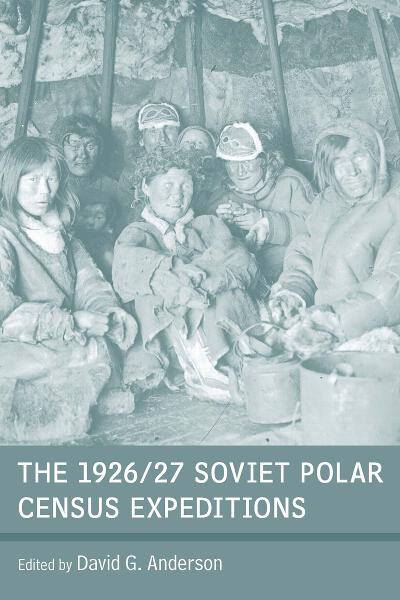 Published May 2011
Published May 2011 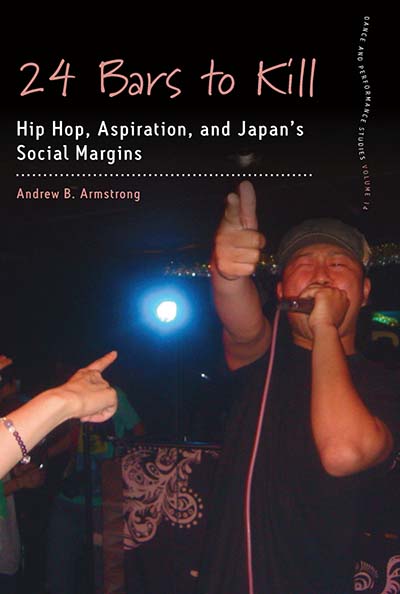 Published June 2019
Published June 2019 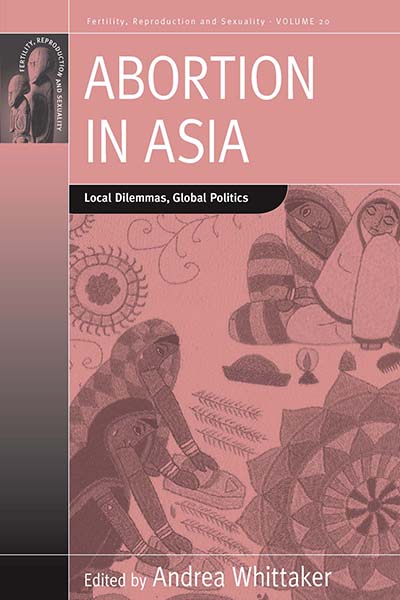 Published July 2010
Published July 2010 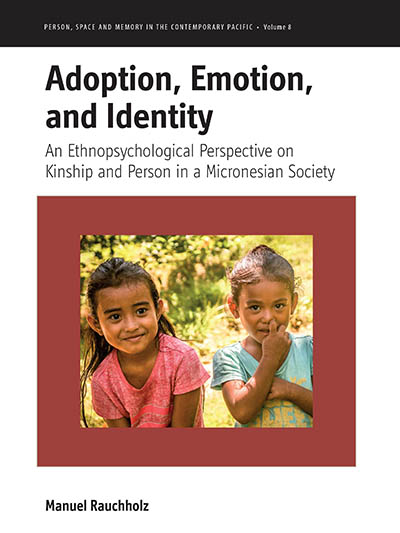 Published February 2024
Published February 2024 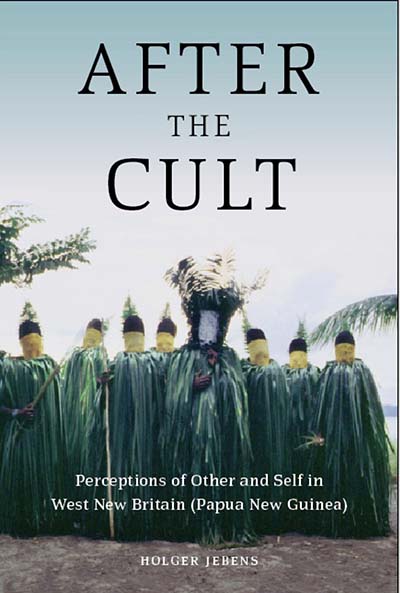 Published April 2010
Published April 2010 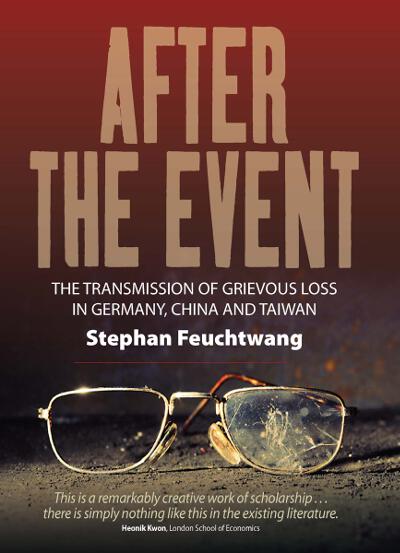 Published April 2011
Published April 2011 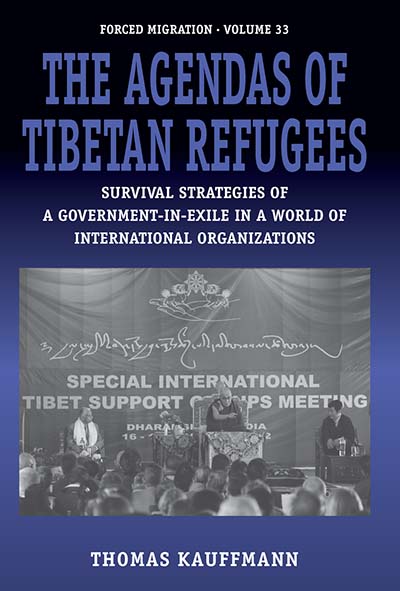 Published September 2015
Published September 2015  Published September 2025
Published September 2025 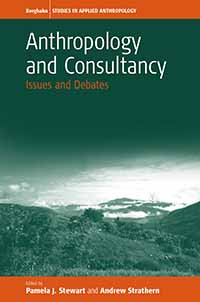 Published August 2004
Published August 2004 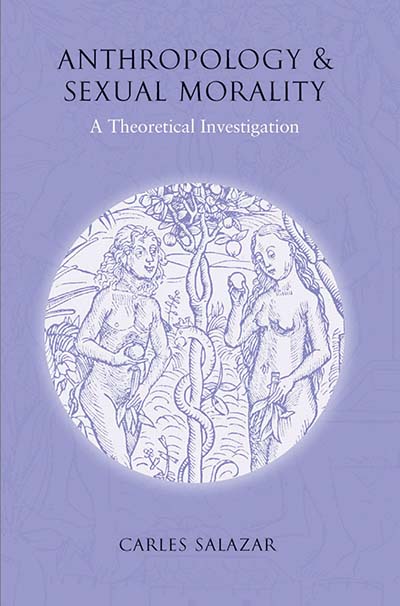 Published January 2006
Published January 2006 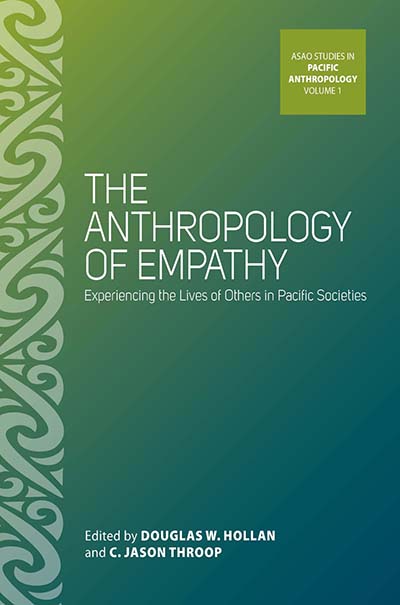 Published August 2011
Published August 2011 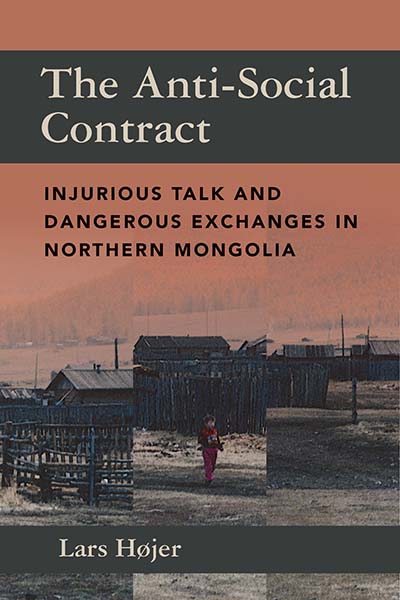 Published July 2019
Published July 2019 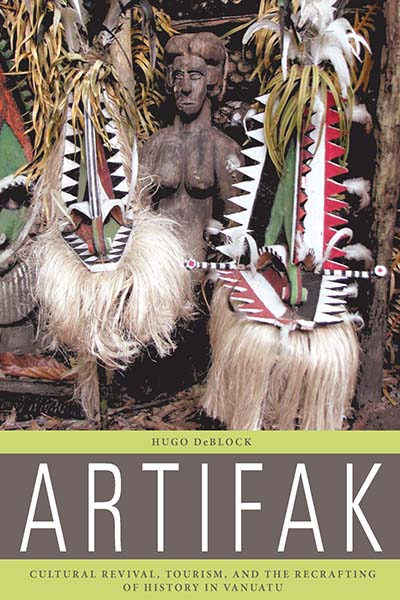 Published November 2018
Published November 2018 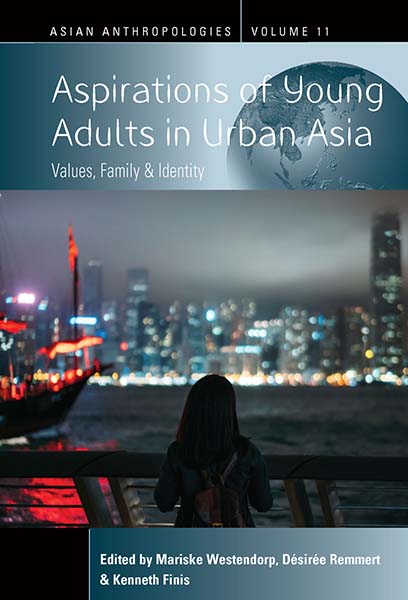 Published October 2020
Published October 2020 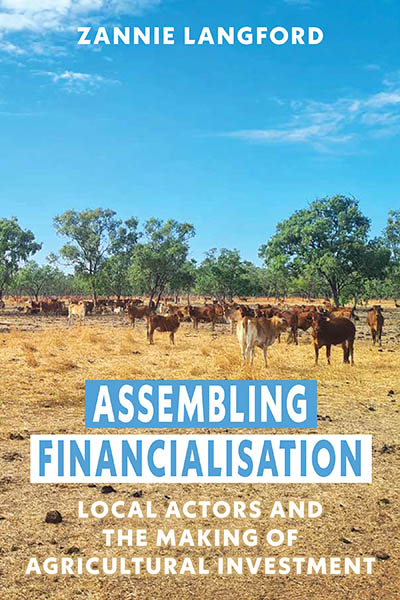 Published October 2023
Published October 2023 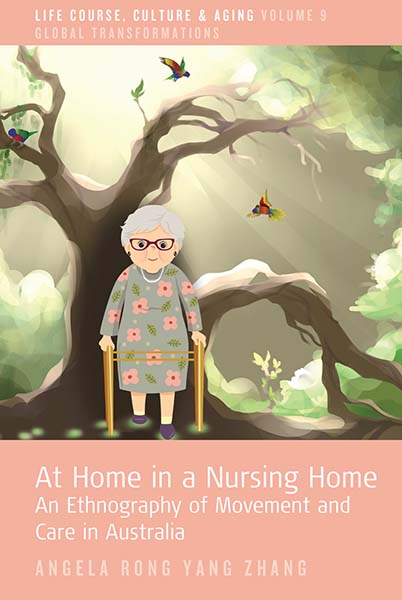 Published January 2023
Published January 2023 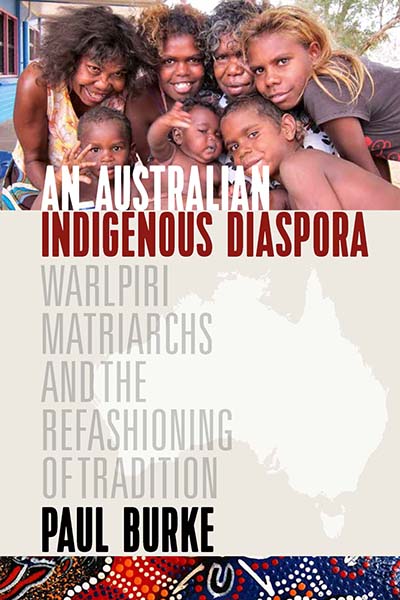 Published July 2018
Published July 2018 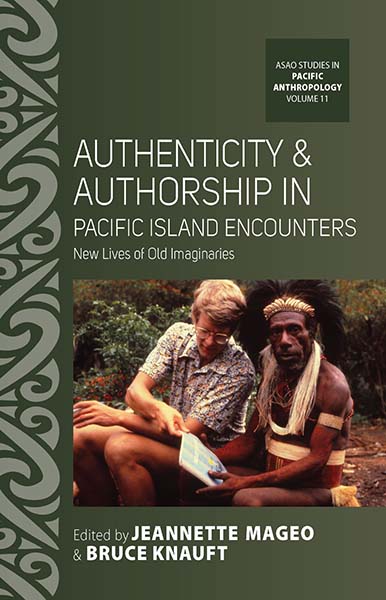 Published April 2021
Published April 2021 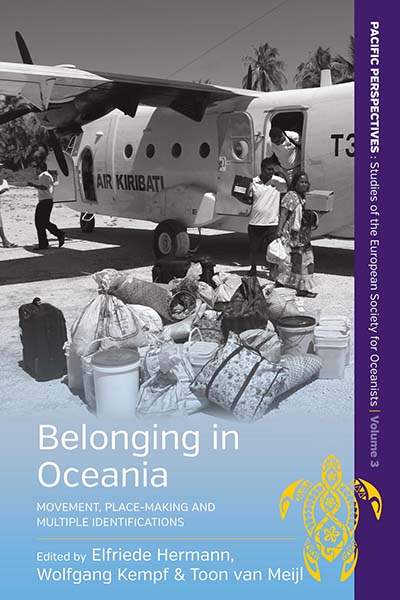 Published September 2014
Published September 2014 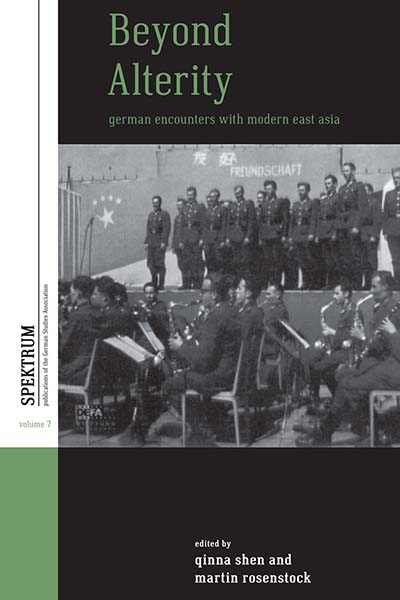 Published July 2014
Published July 2014 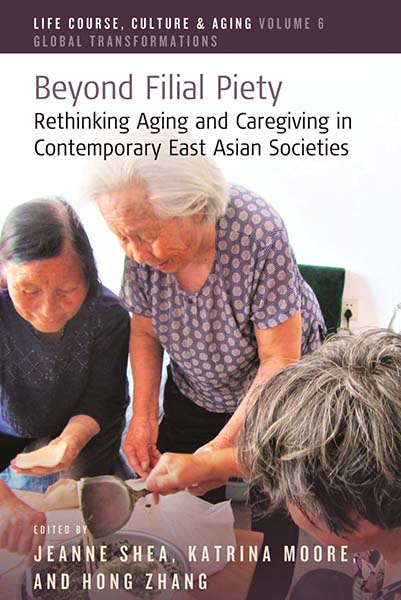 Published July 2020
Published July 2020 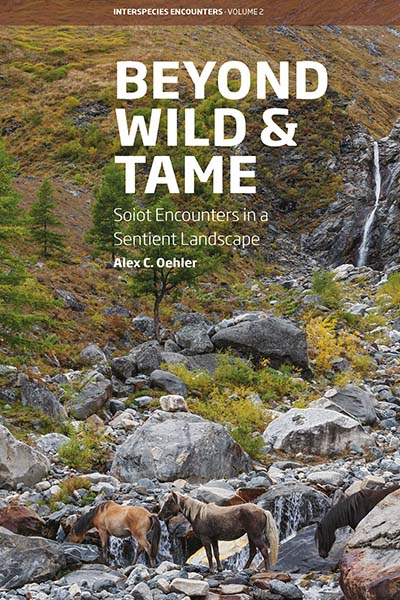 Published April 2020
Published April 2020 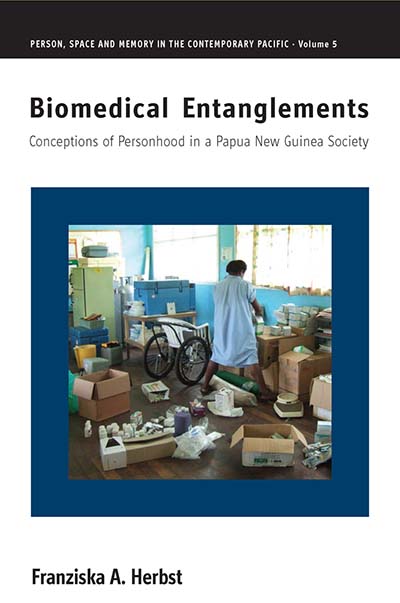 Published October 2016
Published October 2016 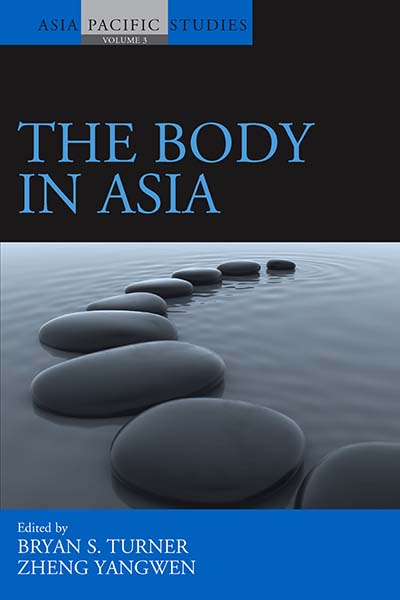 Published November 2009
Published November 2009 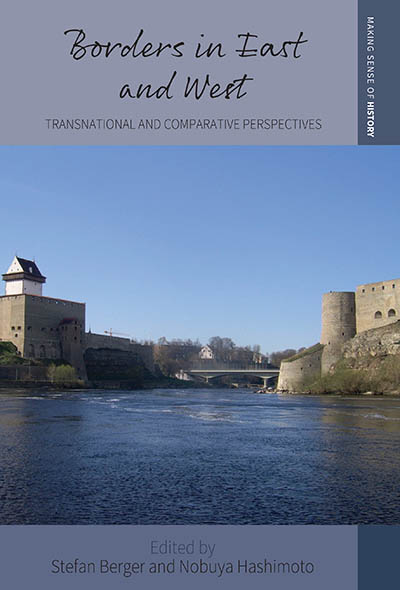 Published September 2022
Published September 2022 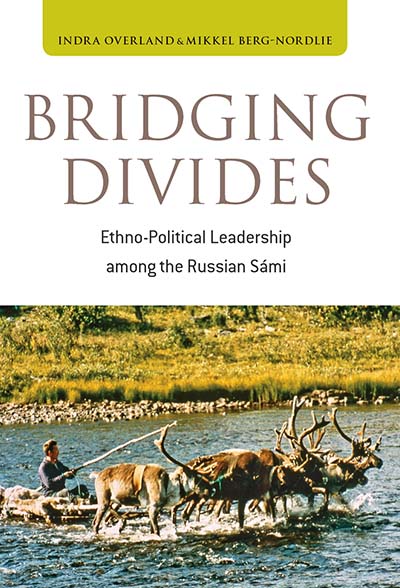 Published September 2012
Published September 2012  Published May 2018
Published May 2018 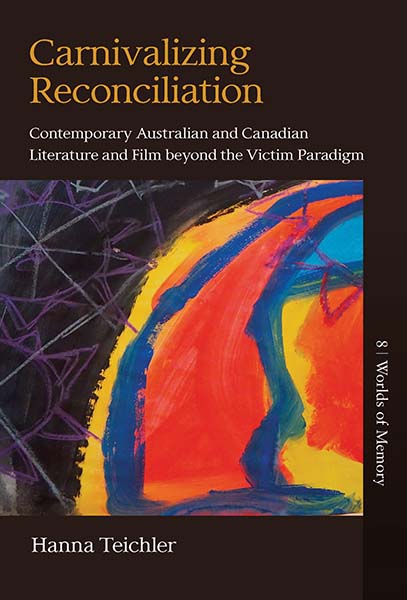 Published October 2021
Published October 2021 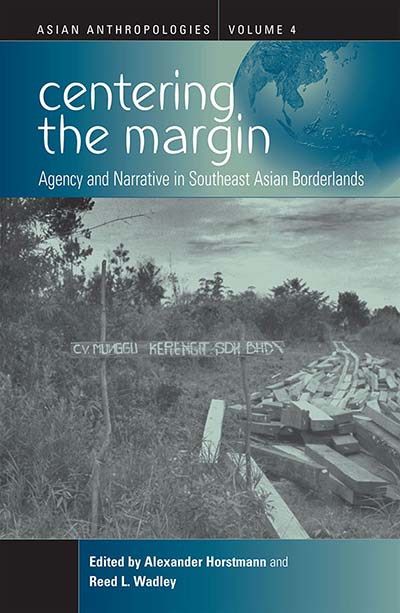 Published May 2006
Published May 2006 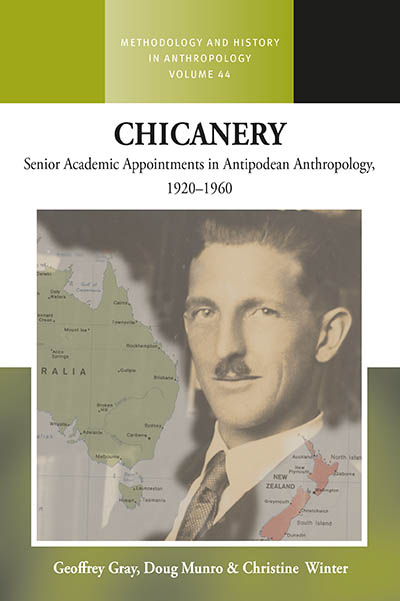 Published May 2023
Published May 2023  Published May 2025
Published May 2025 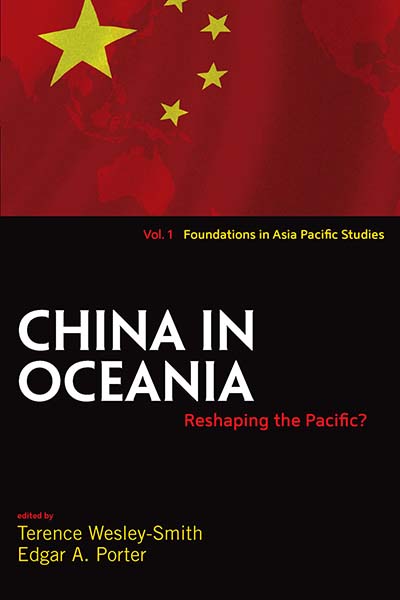 Published March 2010
Published March 2010 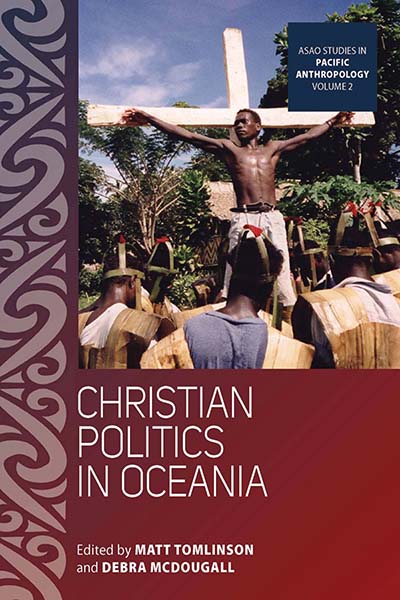 Published November 2012
Published November 2012 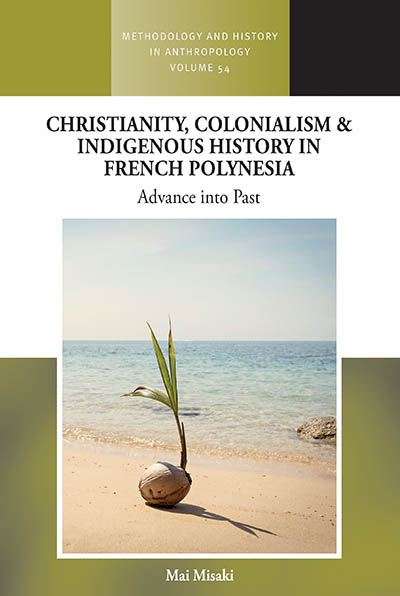 Published February 2026
Published February 2026  Published October 2019
Published October 2019 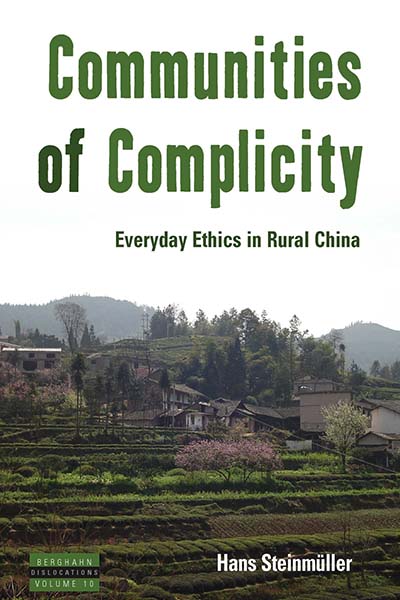 Published March 2013
Published March 2013 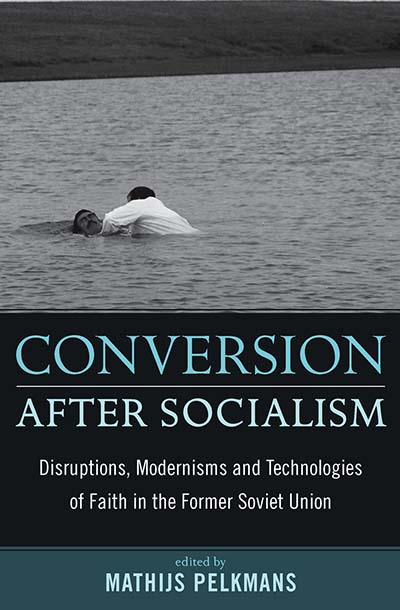 Published November 2009
Published November 2009 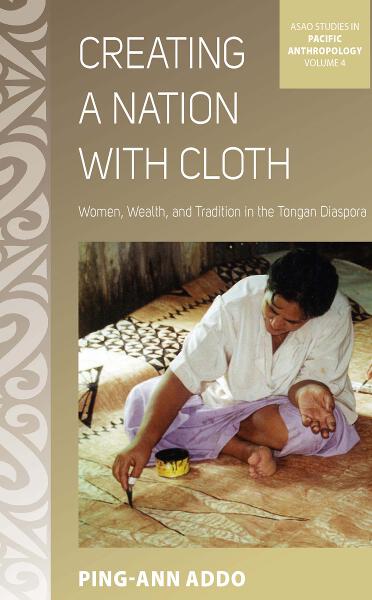 Published June 2013
Published June 2013 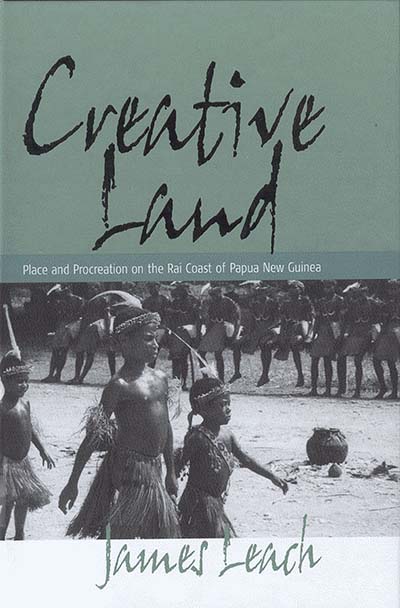 Published July 2003
Published July 2003 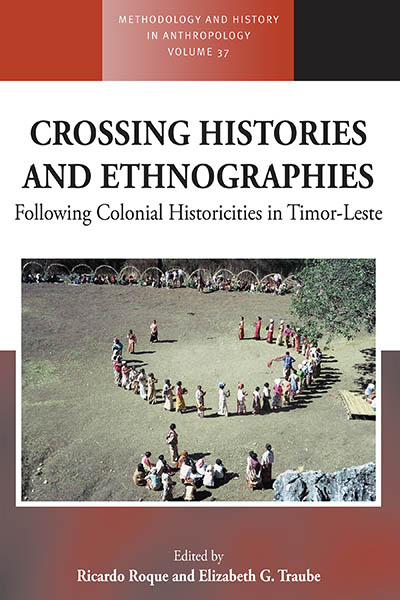 Published June 2019
Published June 2019 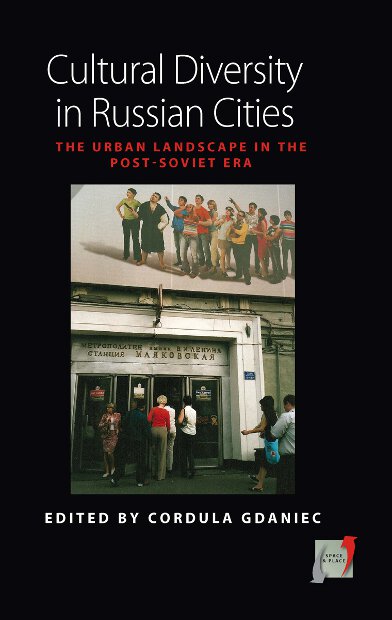 Published May 2010
Published May 2010 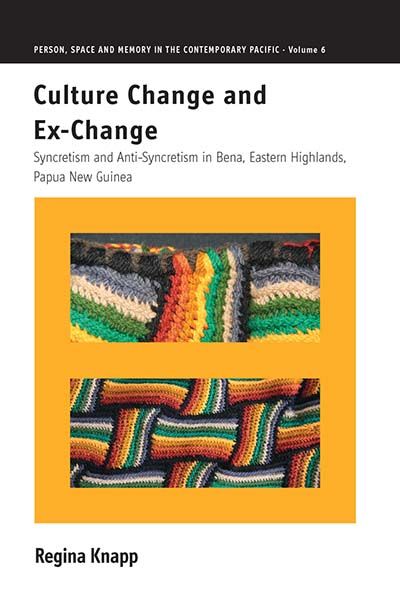 Published October 2017
Published October 2017 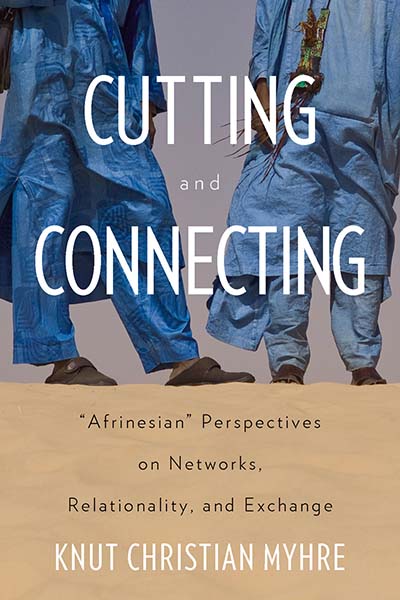 Published March 2016
Published March 2016 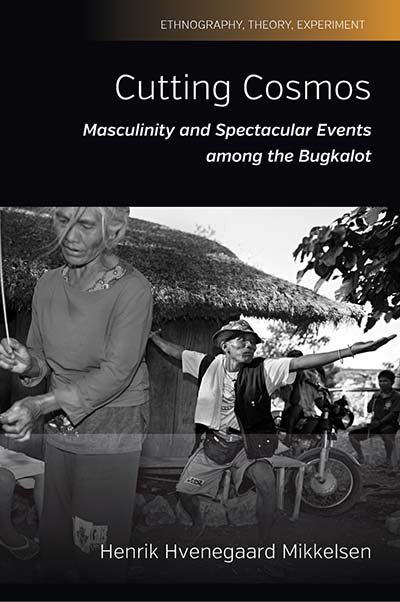 Published April 2018
Published April 2018  Published March 2013
Published March 2013  Published March 2013
Published March 2013 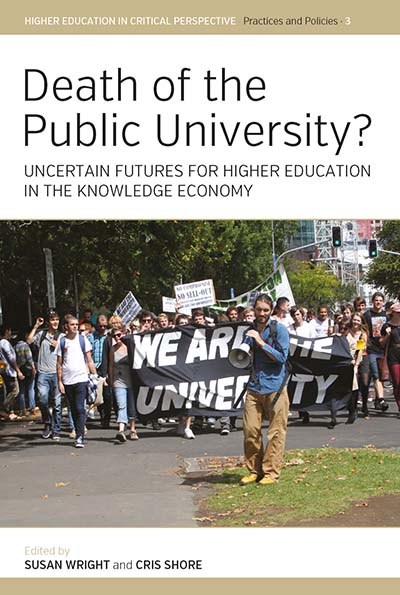 Published May 2017
Published May 2017 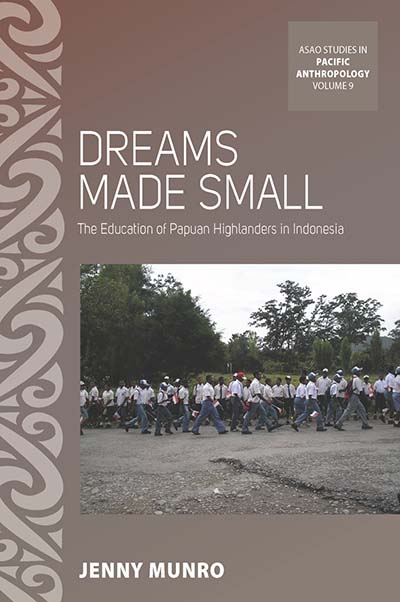 Published May 2018
Published May 2018  Published October 2025
Published October 2025 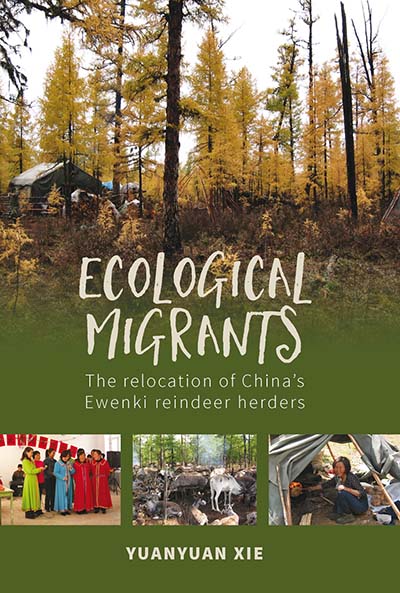 Published December 2015
Published December 2015 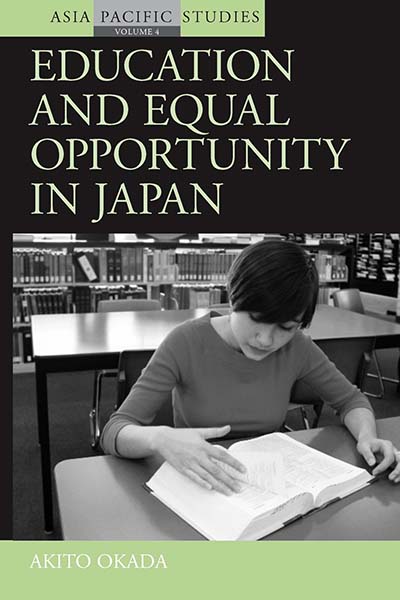 Published December 2011
Published December 2011 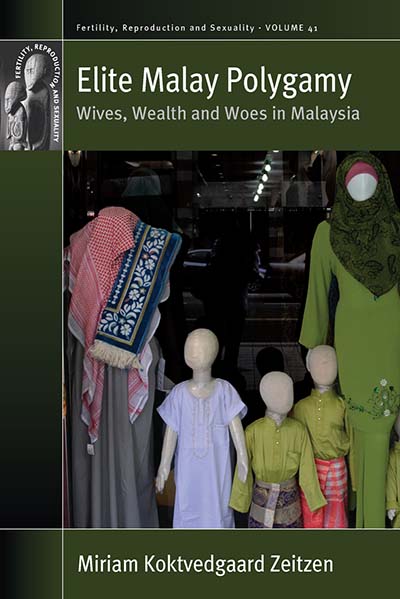 Published September 2018
Published September 2018  Published July 2025
Published July 2025 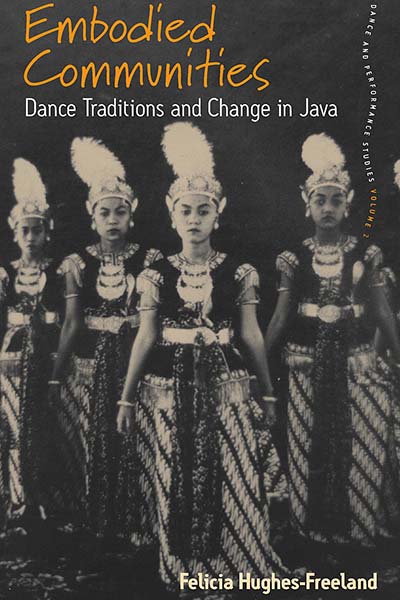 Published November 2008
Published November 2008 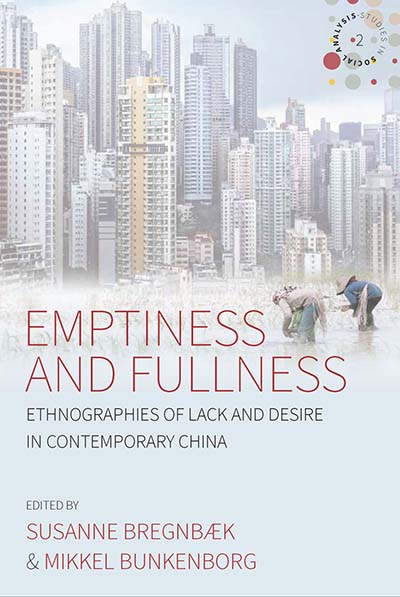 Published July 2017
Published July 2017 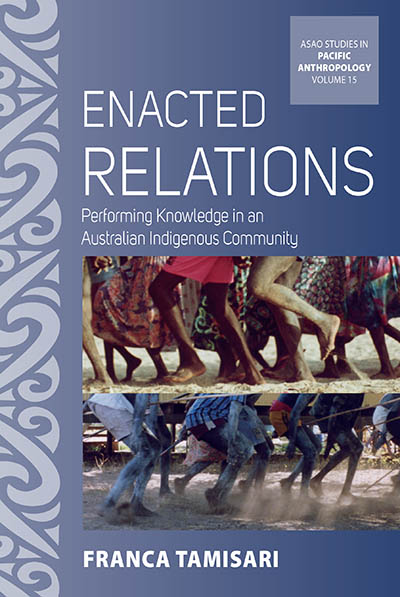 Published January 2024
Published January 2024 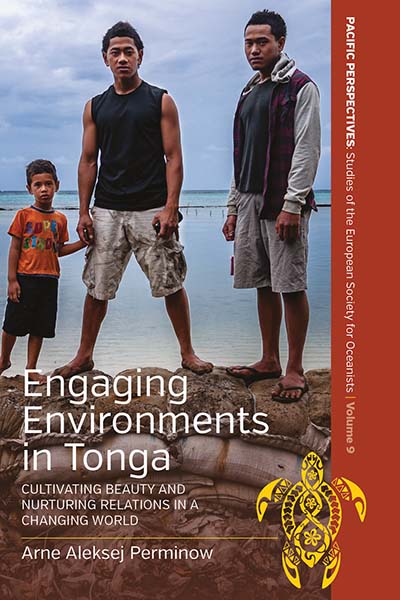 Published March 2022
Published March 2022 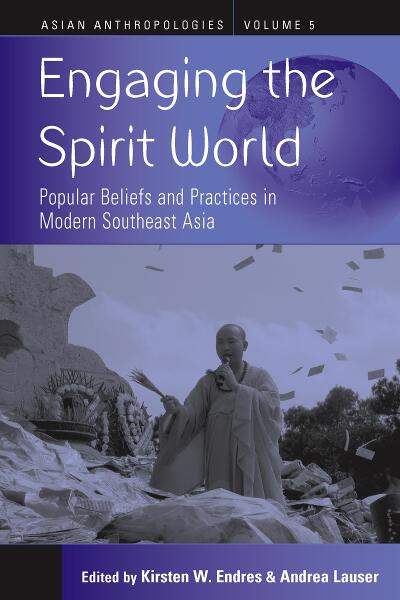 Published March 2012
Published March 2012 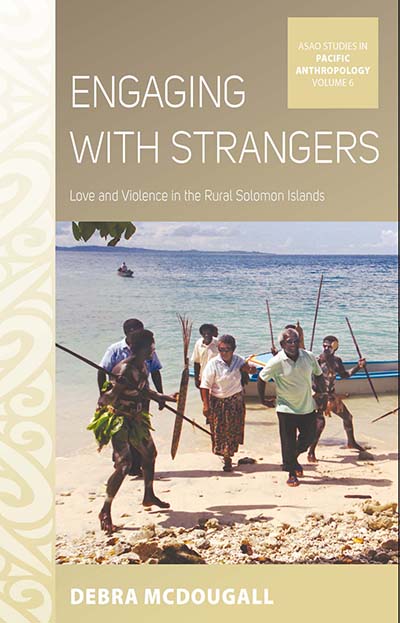 Published January 2016
Published January 2016 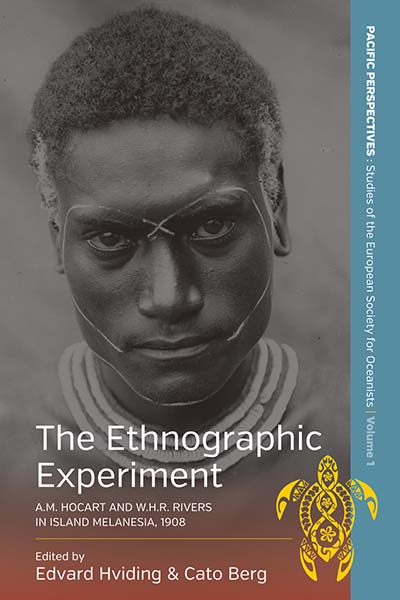 Published June 2014
Published June 2014 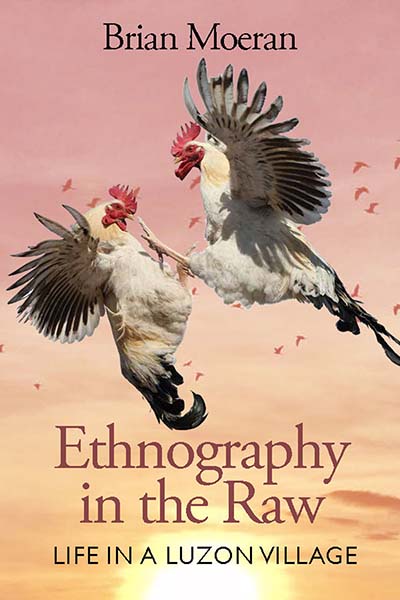 Published April 2021
Published April 2021 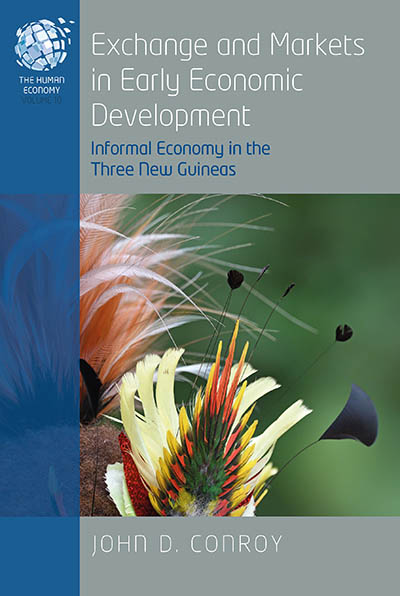 Published May 2023
Published May 2023 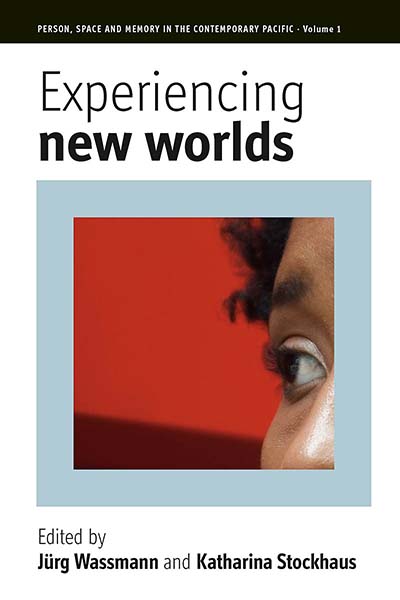 Published November 2007
Published November 2007 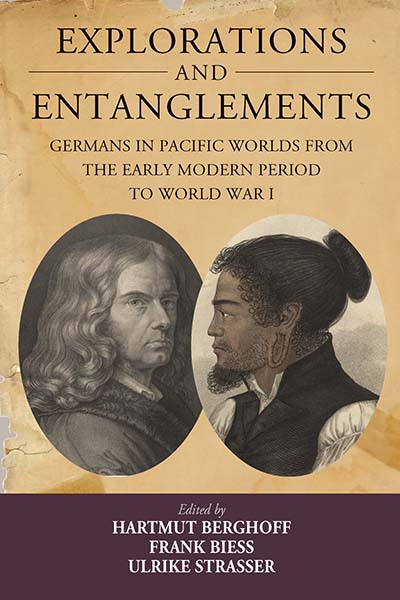 Published November 2018
Published November 2018 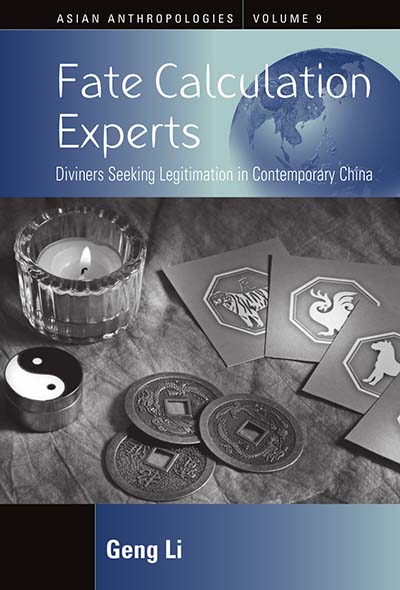 Published March 2019
Published March 2019 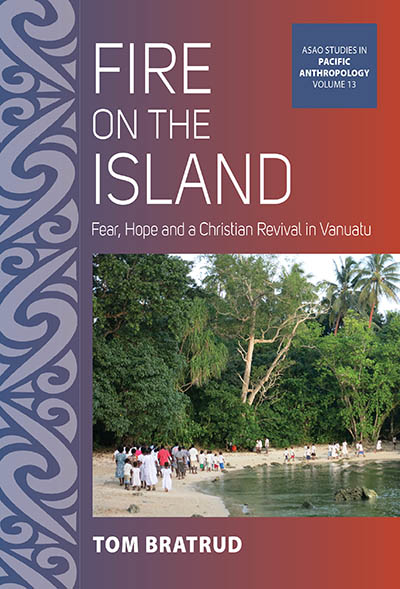 Published April 2022
Published April 2022 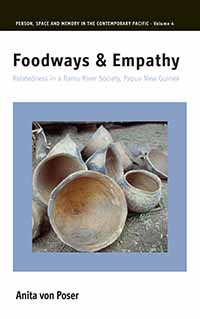 Published July 2013
Published July 2013 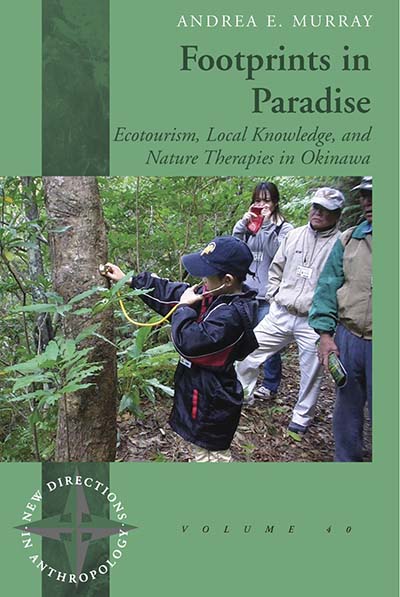 Published June 2017
Published June 2017 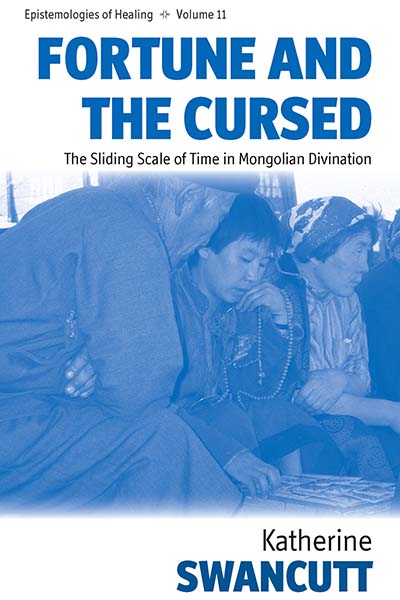 Published June 2012
Published June 2012 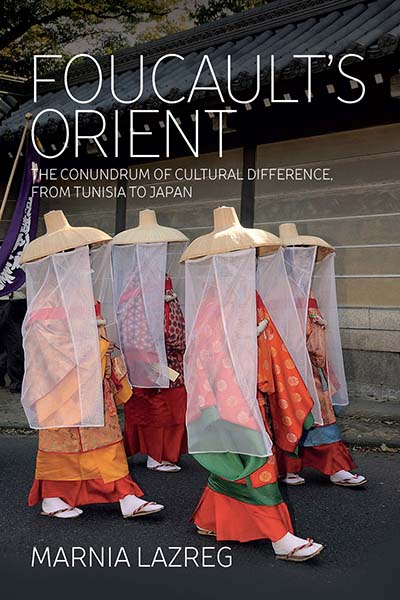 Published October 2017
Published October 2017 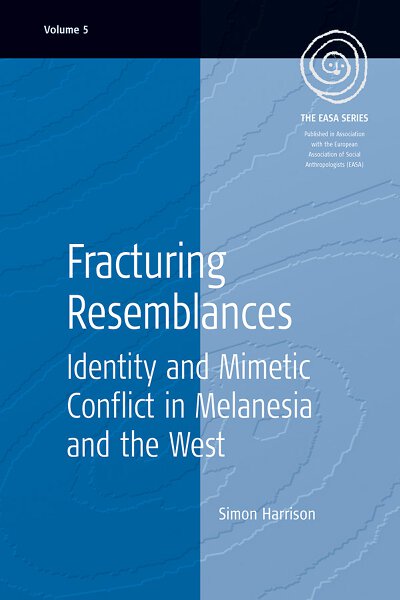 Published December 2005
Published December 2005 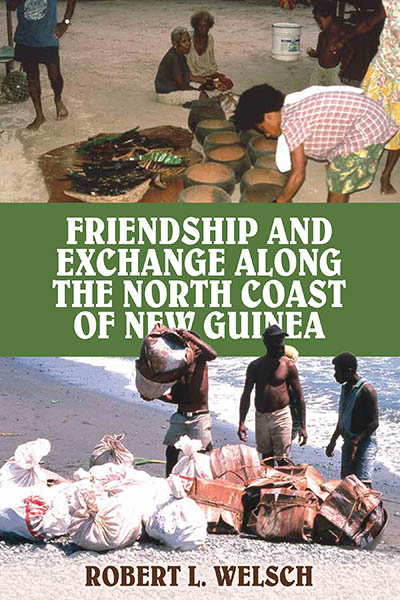 Forthcoming March 2026
Forthcoming March 2026 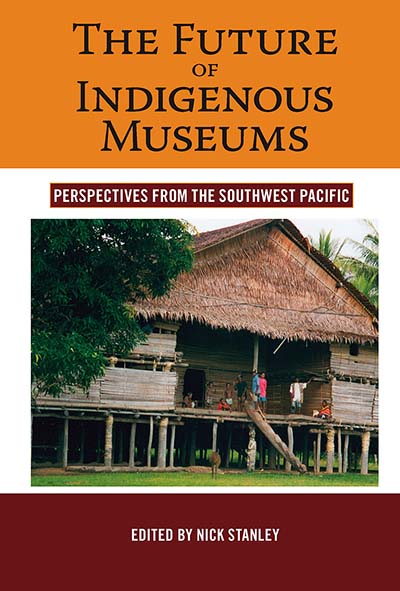 Published June 2007
Published June 2007  Published August 2009
Published August 2009 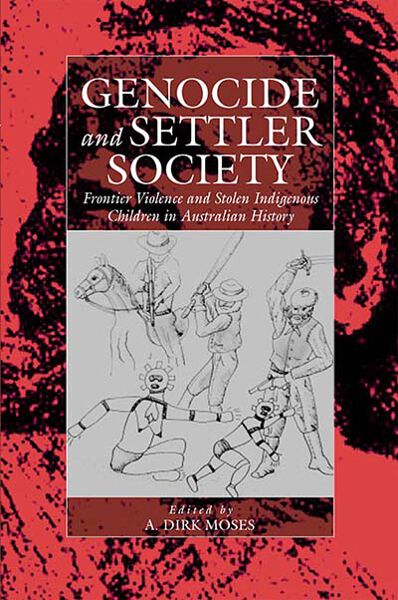 Published October 2004
Published October 2004 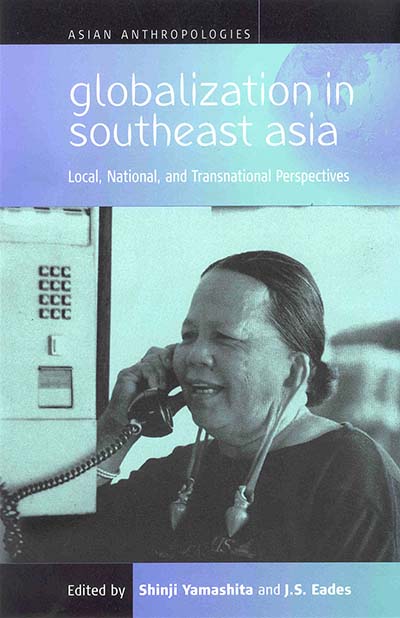 Published December 2002
Published December 2002 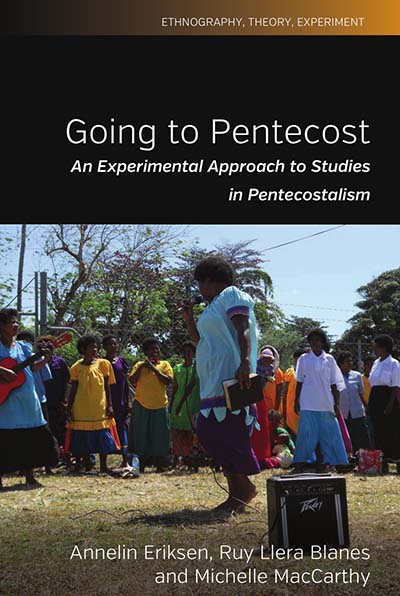 Published February 2019
Published February 2019 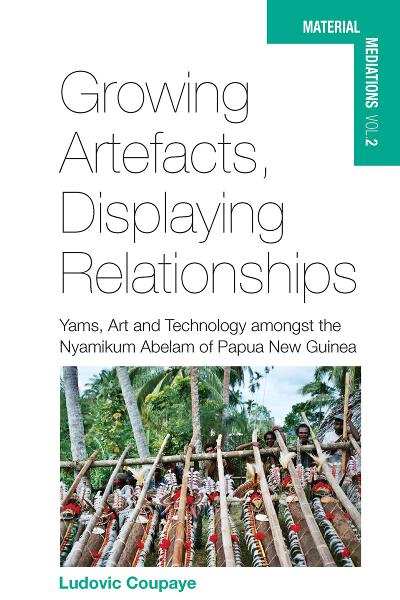 Published August 2013
Published August 2013 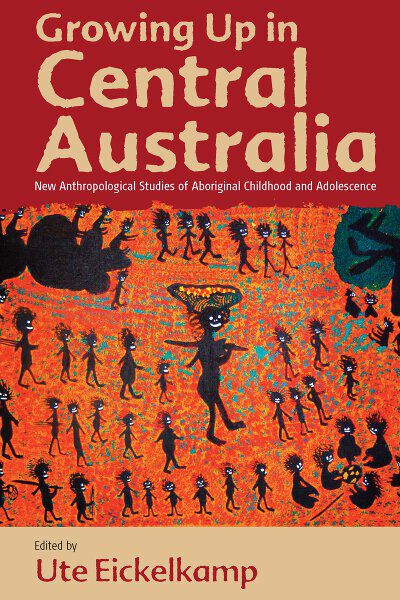 Published June 2011
Published June 2011 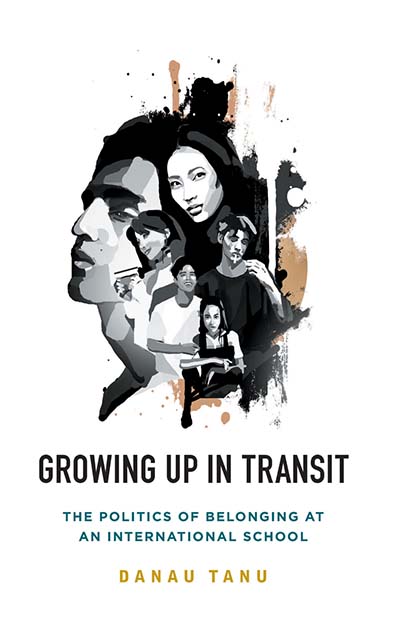 Published October 2017
Published October 2017 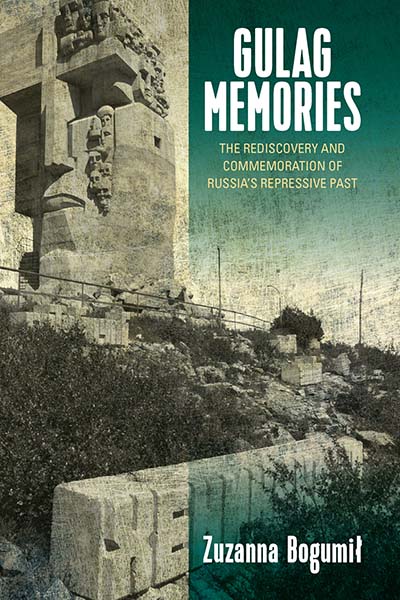 Published September 2018
Published September 2018 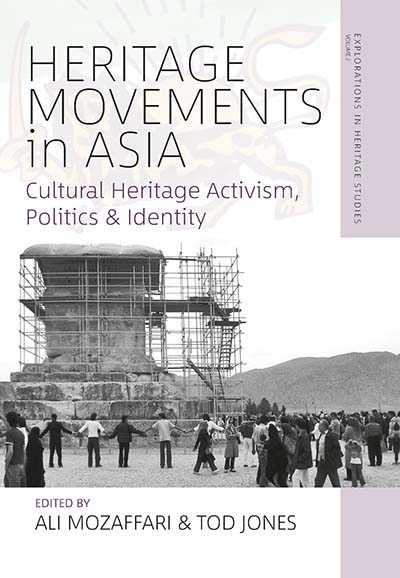 Published November 2019
Published November 2019 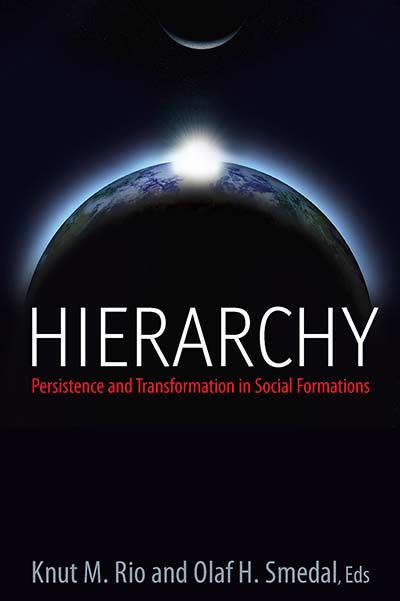 Published December 2008
Published December 2008  Published March 2019
Published March 2019 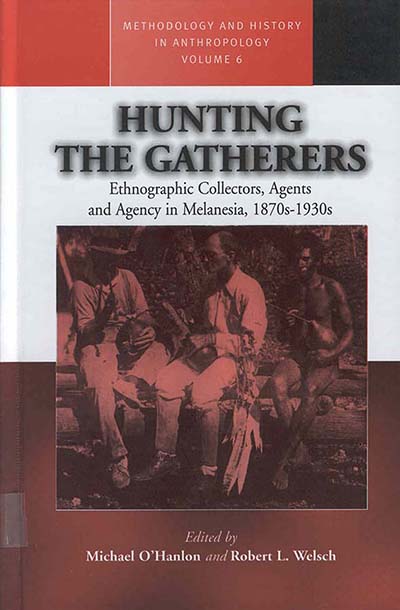 Published January 2001
Published January 2001 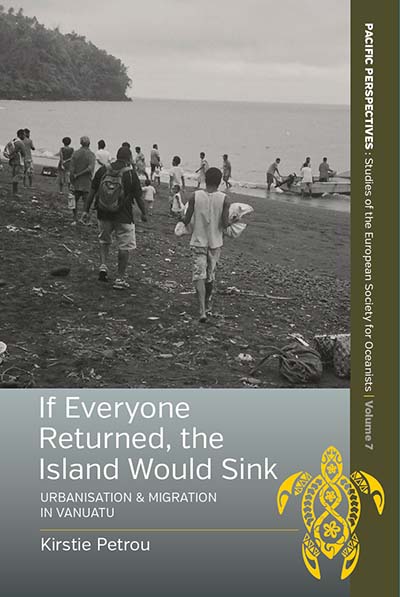 Published February 2020
Published February 2020  Published August 2024
Published August 2024 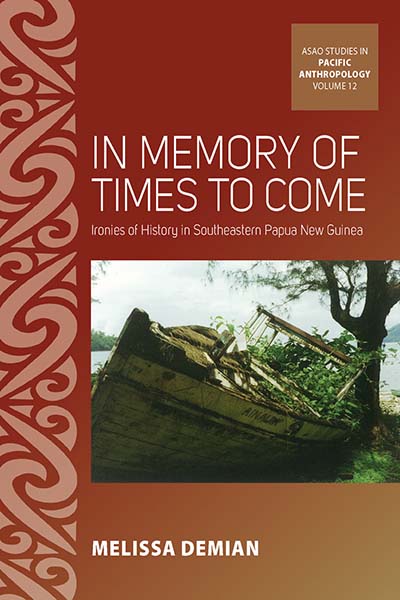 Published June 2021
Published June 2021 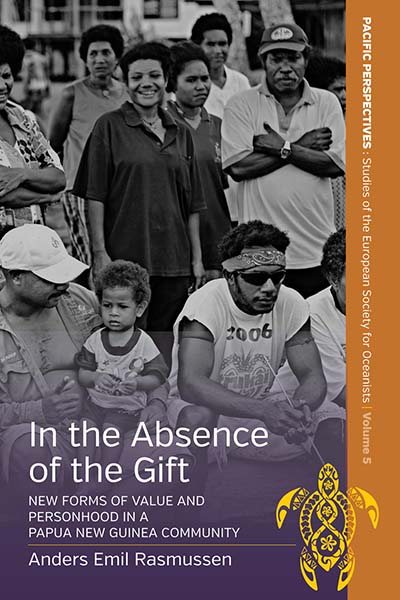 Published September 2015
Published September 2015 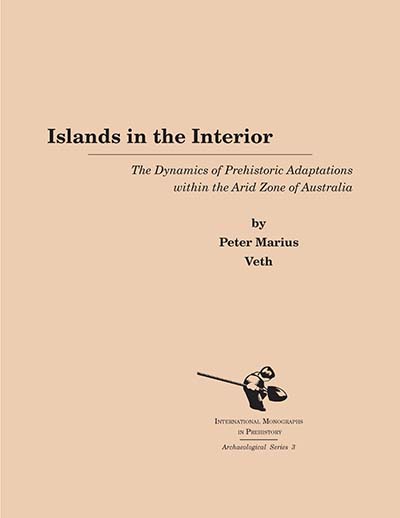 Published December 1993
Published December 1993 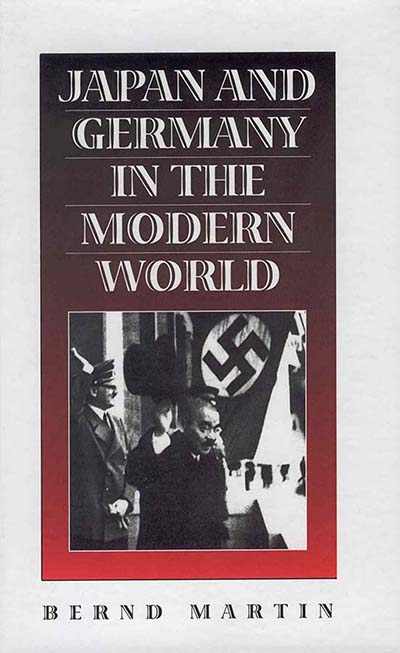 Published November 1995
Published November 1995 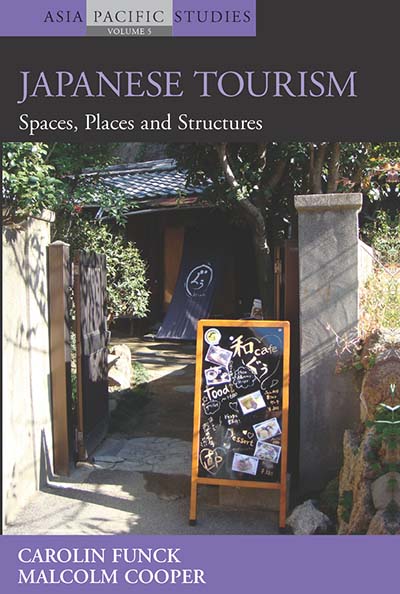 Published November 2013
Published November 2013 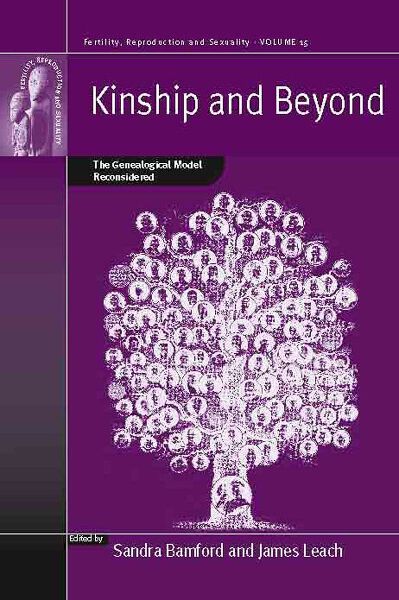 Published March 2009
Published March 2009 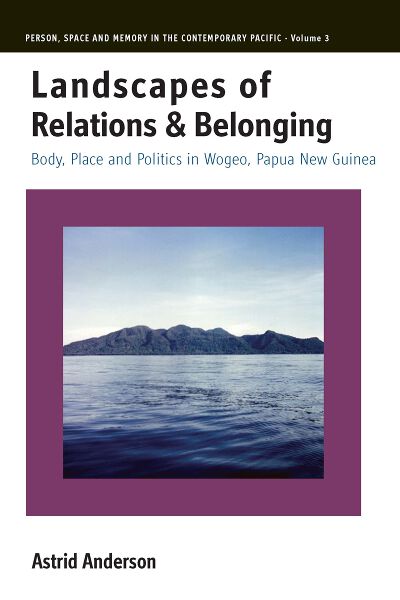 Published April 2011
Published April 2011 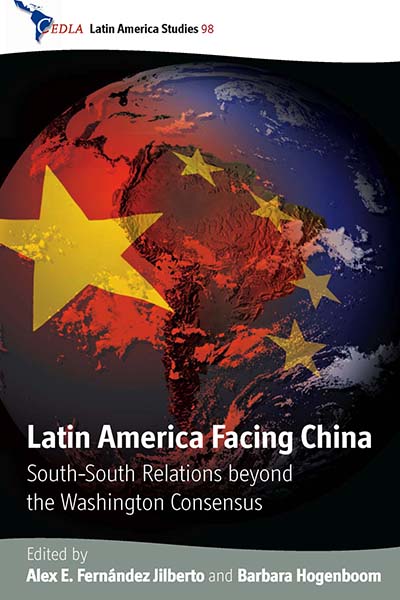 Published October 2010
Published October 2010 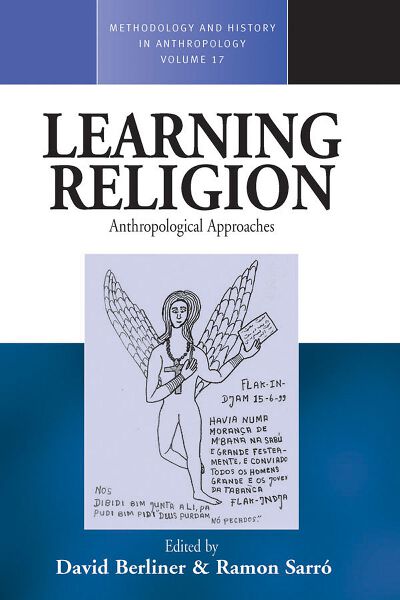 Published October 2007
Published October 2007 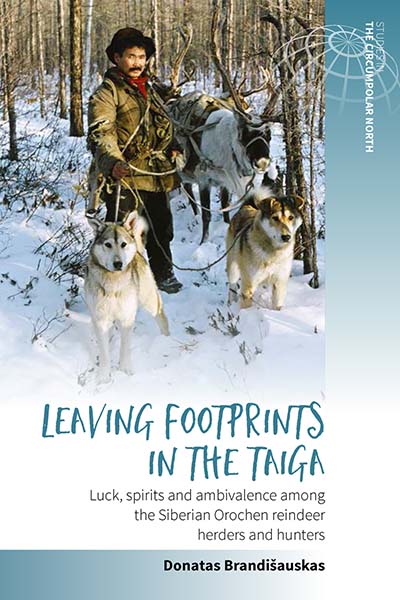 Published October 2016
Published October 2016 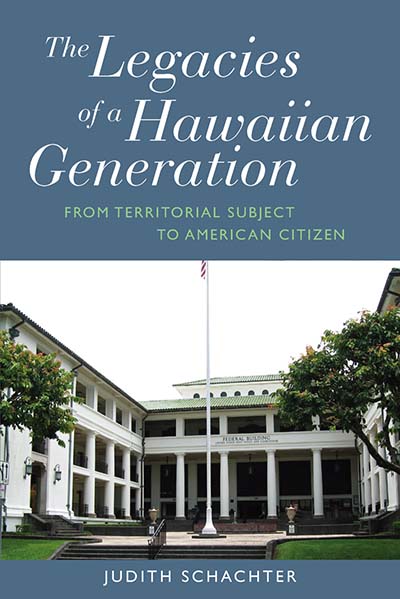 Published September 2013
Published September 2013 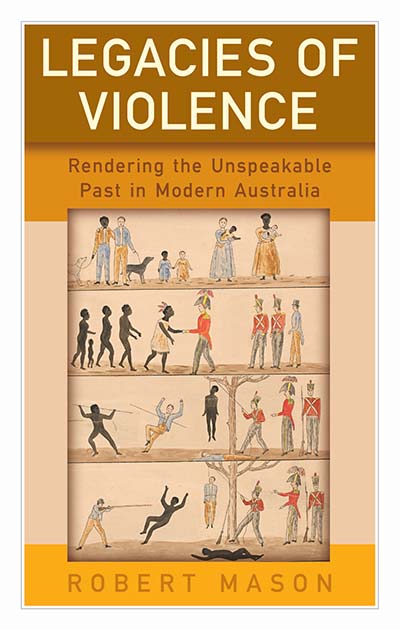 Published December 2016
Published December 2016 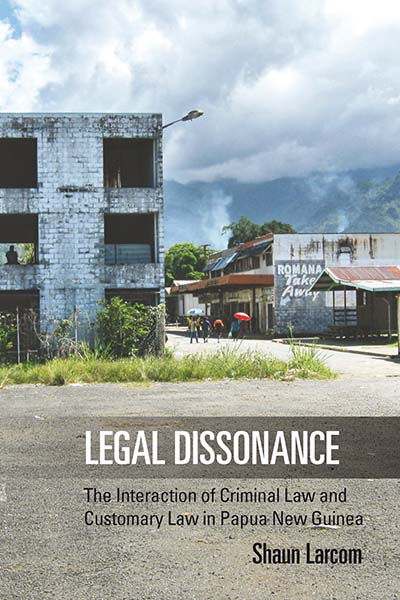 Published July 2015
Published July 2015 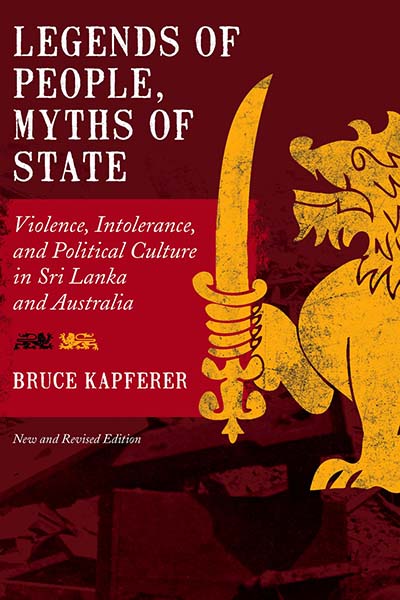 Published December 2011
Published December 2011 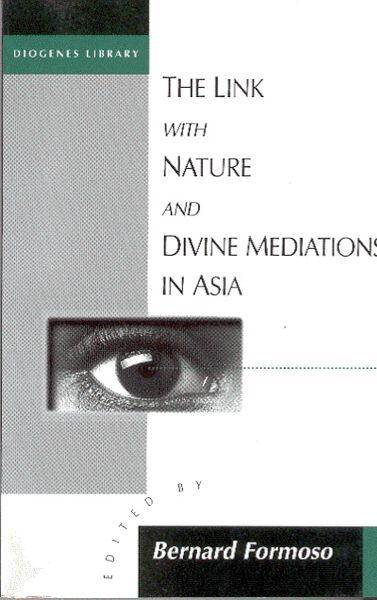 Published November 1996
Published November 1996 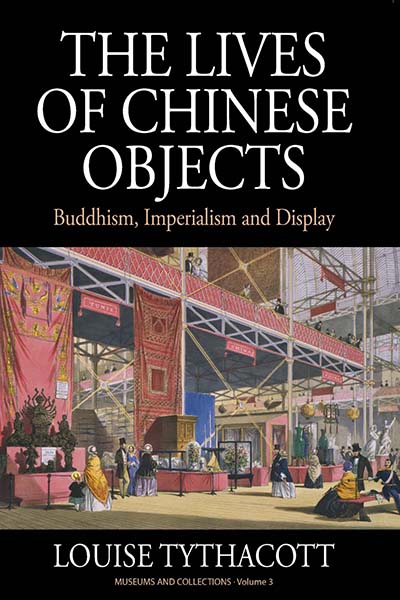 Published June 2011
Published June 2011 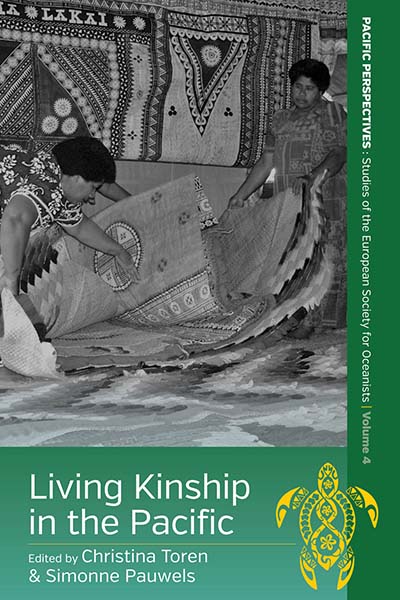 Published April 2015
Published April 2015  Published June 2014
Published June 2014 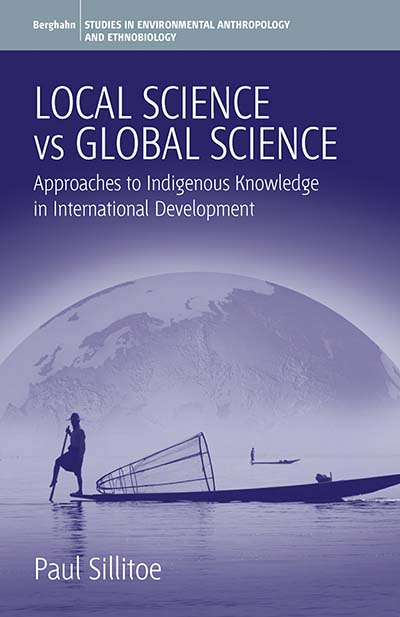 Published December 2006
Published December 2006 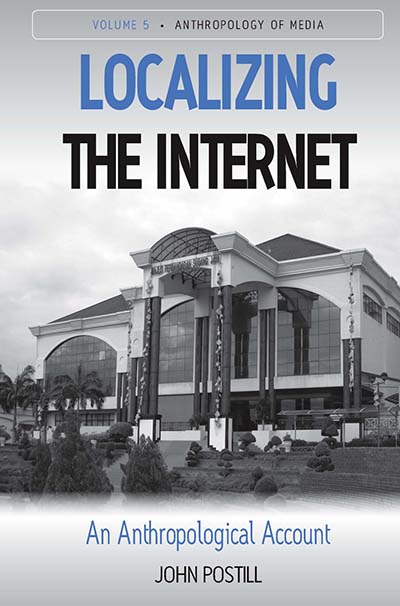 Published August 2011
Published August 2011 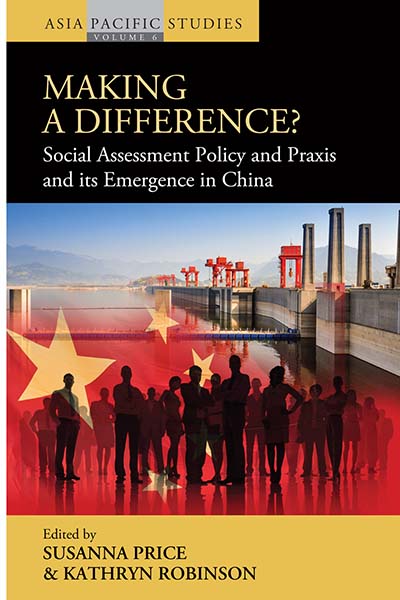 Published January 2015
Published January 2015 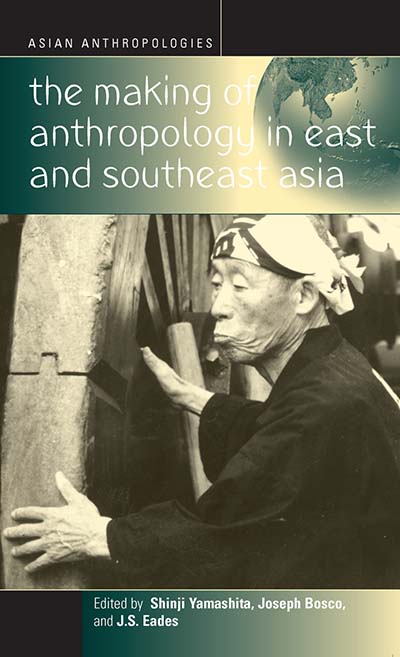 Published October 2004
Published October 2004  Published April 2013
Published April 2013 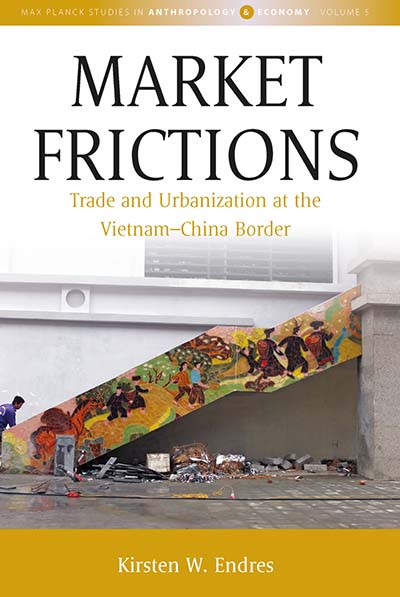 Published June 2019
Published June 2019 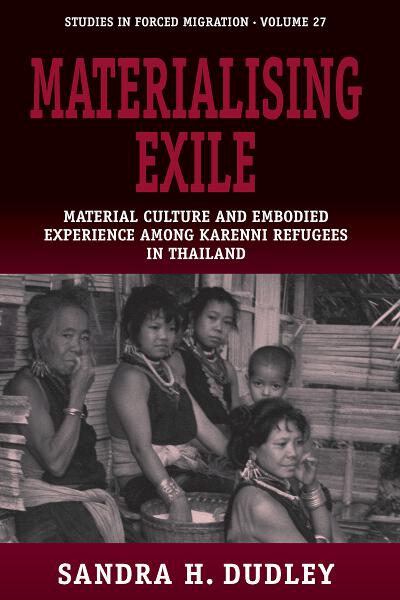 Published March 2010
Published March 2010 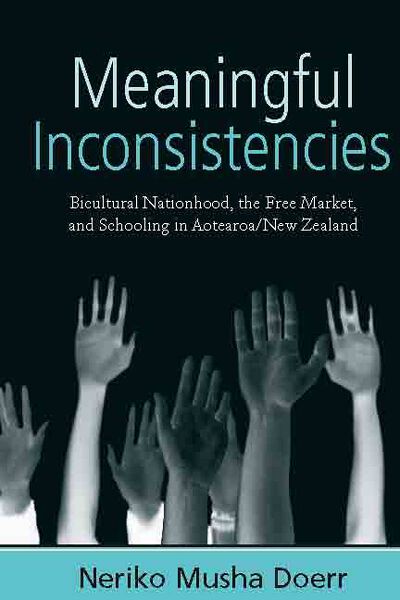 Published July 2009
Published July 2009 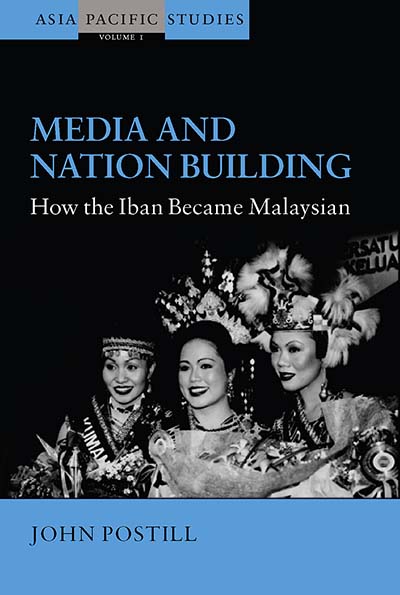 Published May 2006
Published May 2006 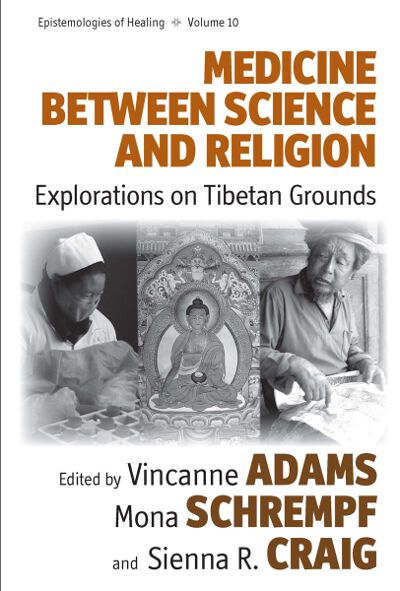 Published December 2010
Published December 2010 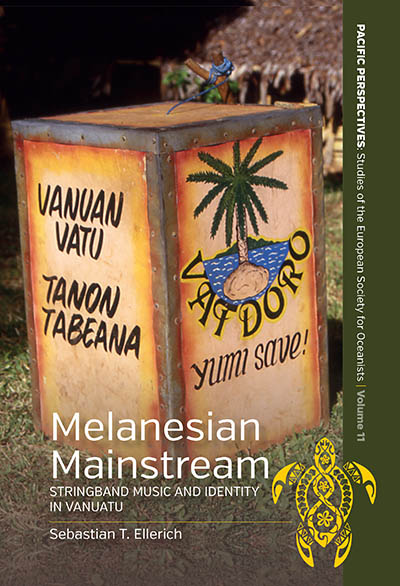 Published January 2024
Published January 2024 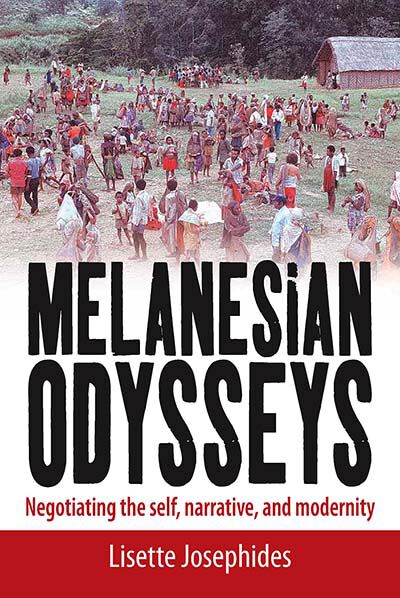 Published July 2008
Published July 2008  Published April 2021
Published April 2021 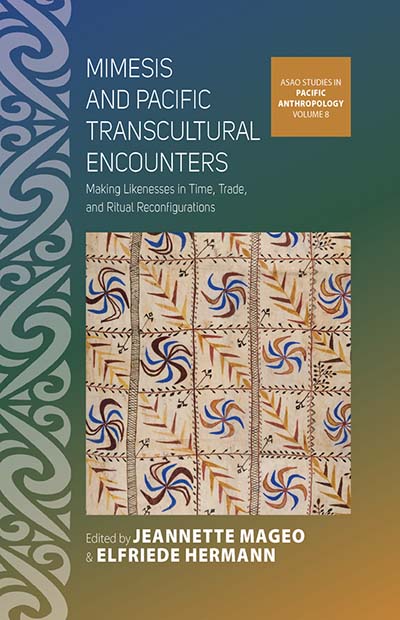 Published October 2017
Published October 2017 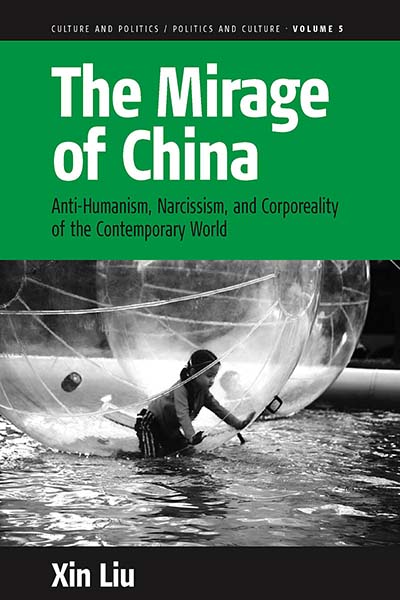 Published April 2009
Published April 2009 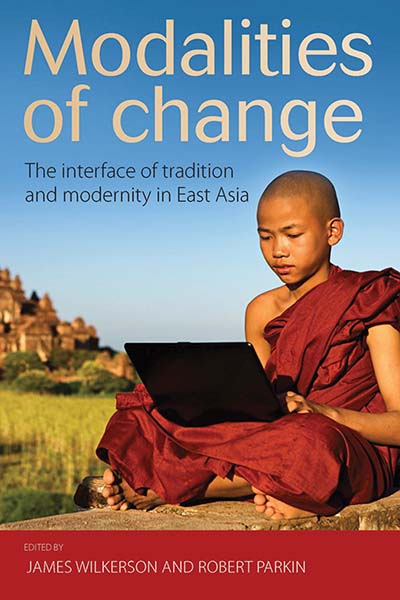 Published October 2012
Published October 2012 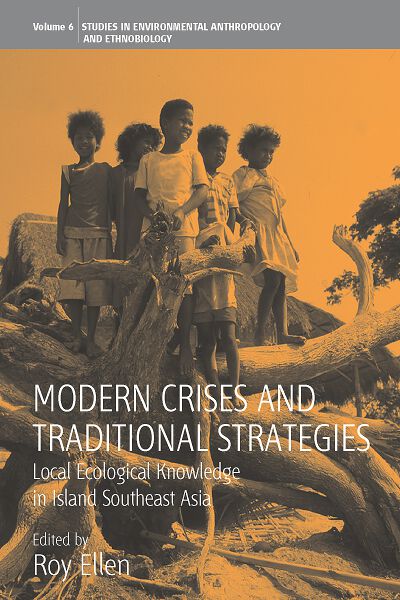 Published July 2007
Published July 2007 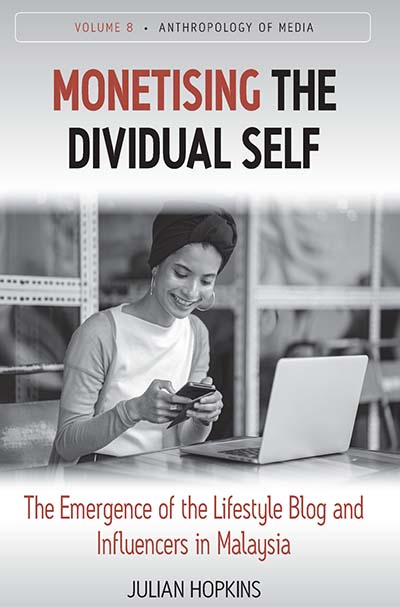 Published January 2019
Published January 2019 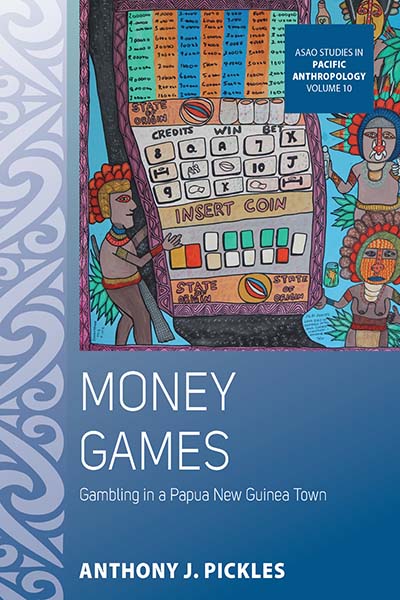 Published June 2019
Published June 2019 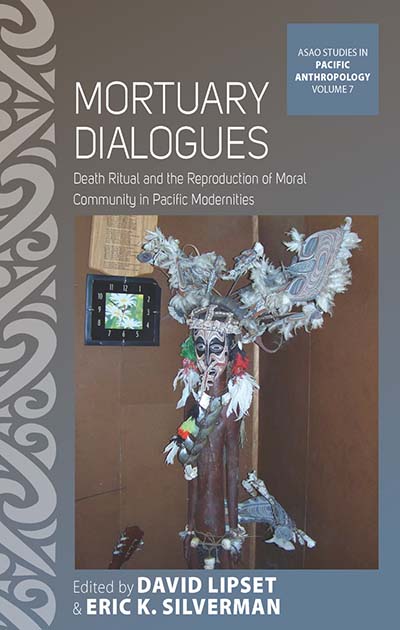 Published June 2016
Published June 2016 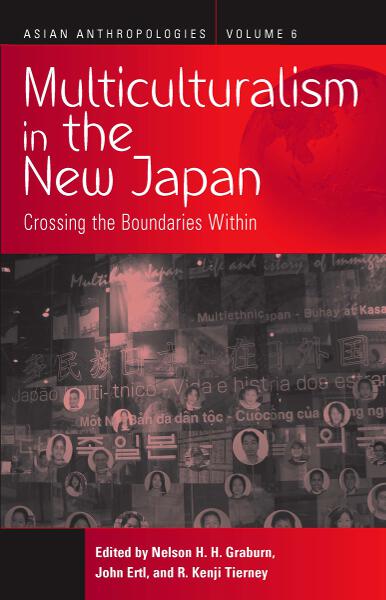 Published March 2008
Published March 2008 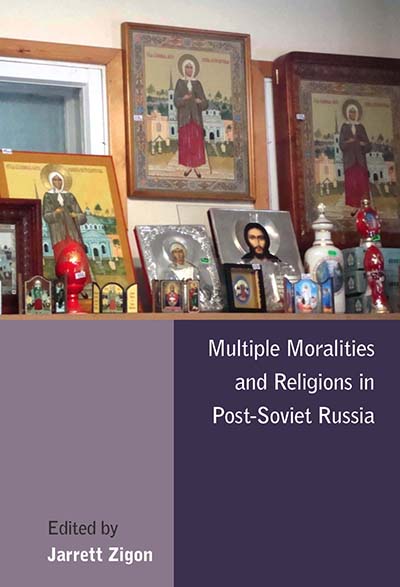 Published September 2011
Published September 2011 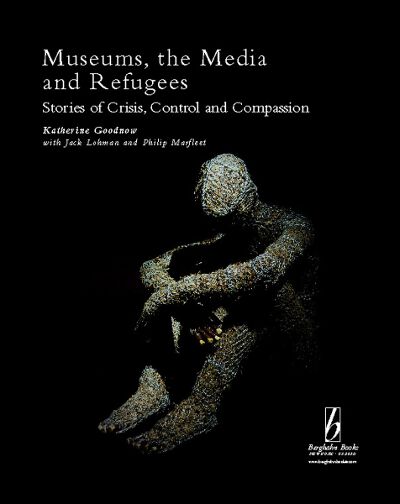 Published March 2008
Published March 2008 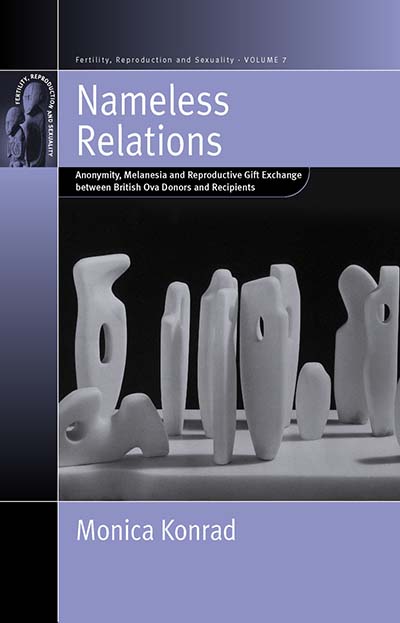 Published May 2005
Published May 2005 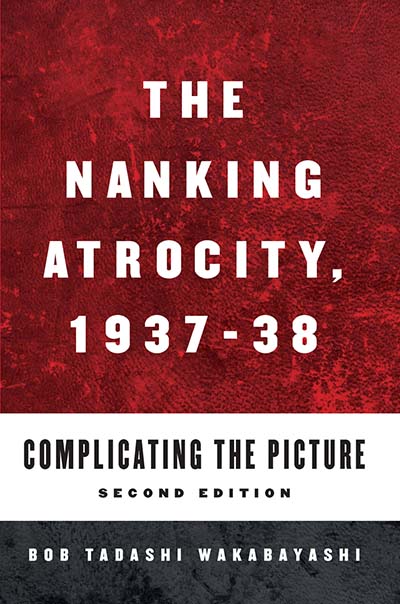 Published August 2017
Published August 2017 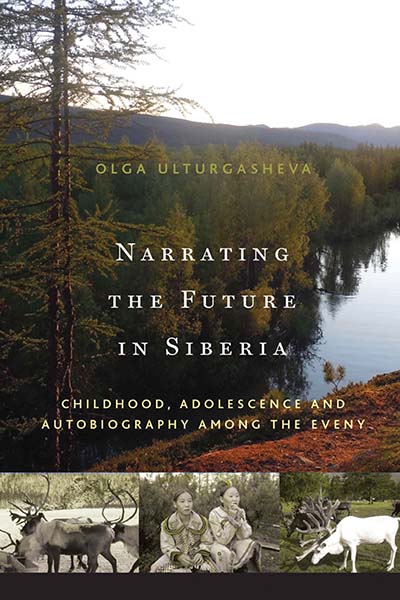 Published September 2012
Published September 2012 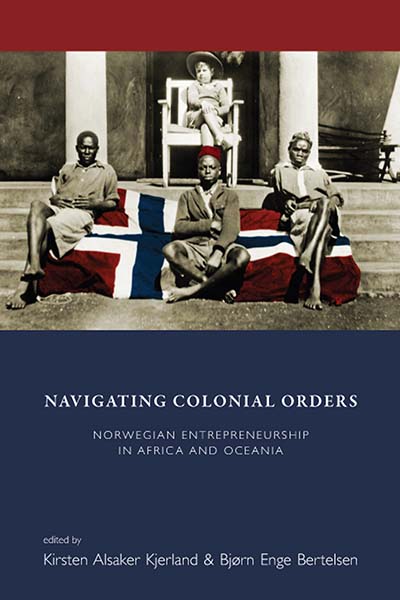 Published November 2014
Published November 2014 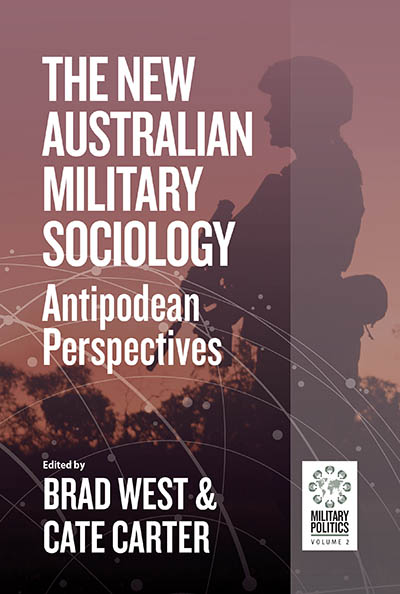 Published August 2024
Published August 2024 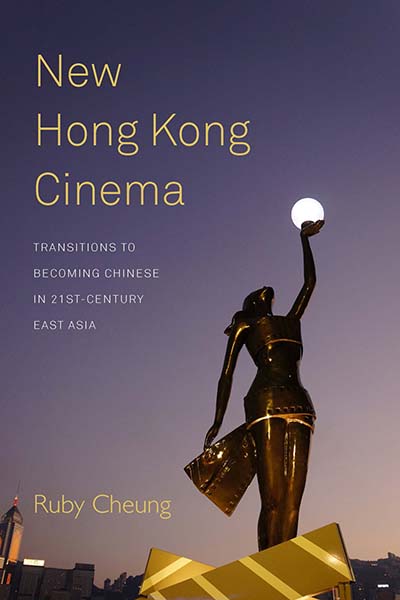 Published November 2015
Published November 2015 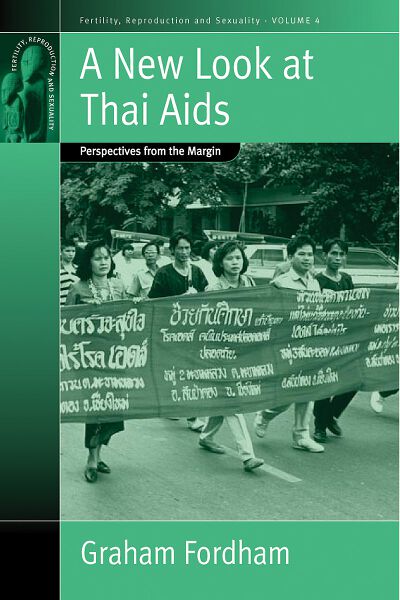 Published December 2004
Published December 2004 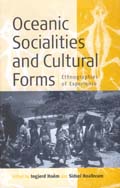 Published February 2003
Published February 2003 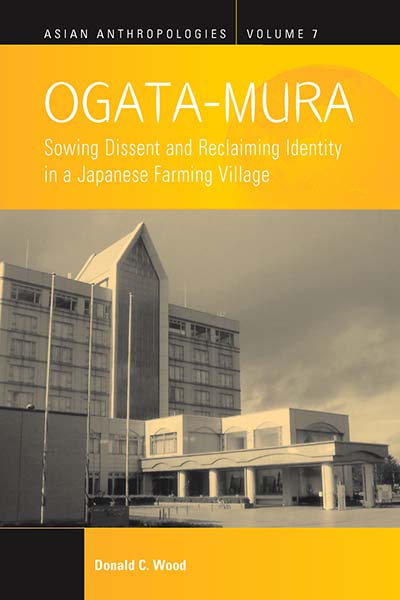 Published September 2012
Published September 2012 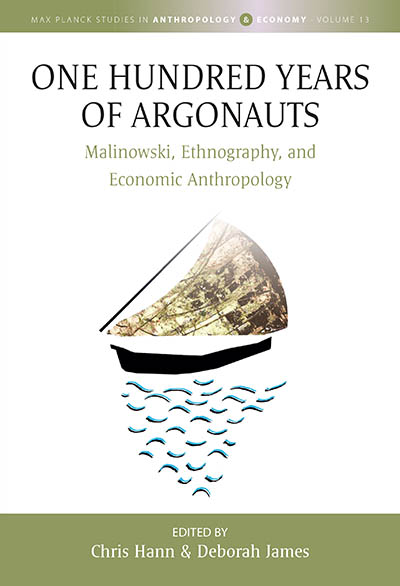 Published June 2024
Published June 2024 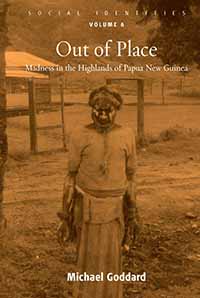 Published April 2011
Published April 2011 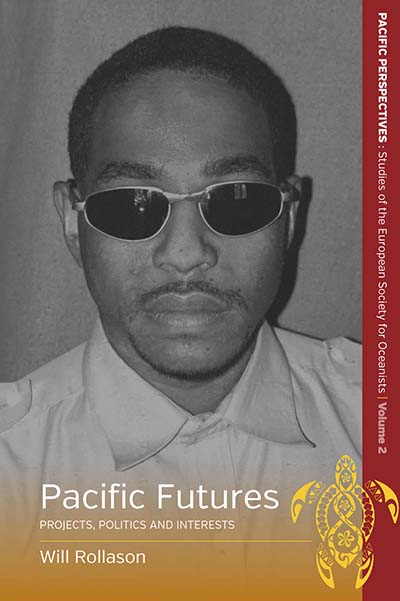 Published July 2014
Published July 2014 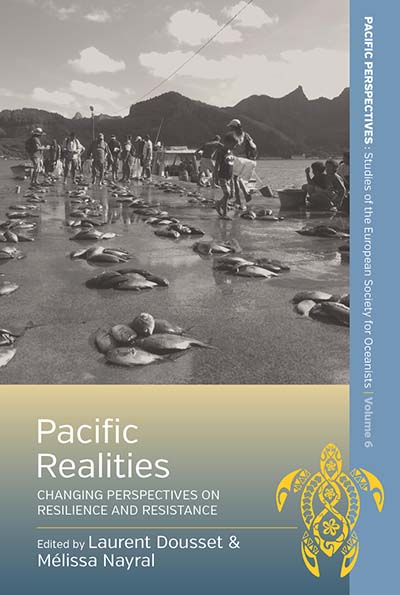 Published November 2018
Published November 2018 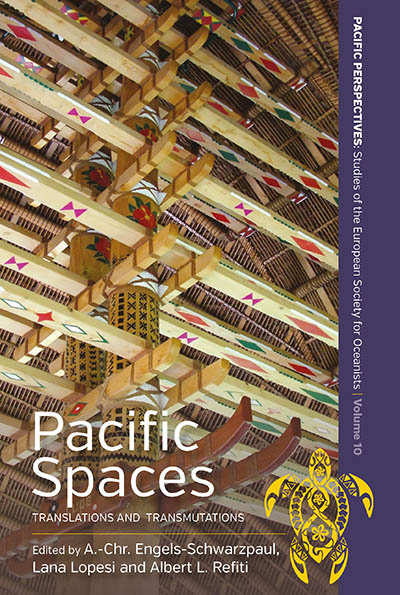 Published October 2022
Published October 2022 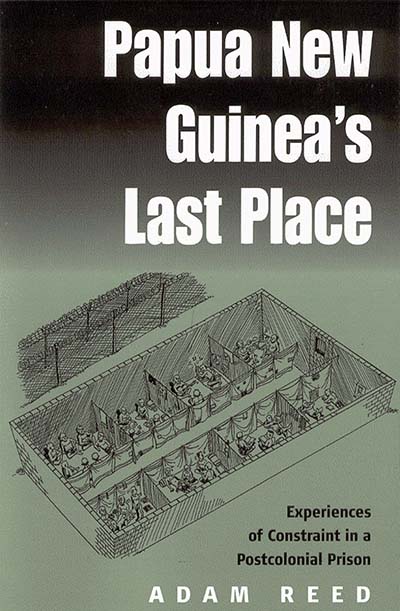 Published July 2003
Published July 2003 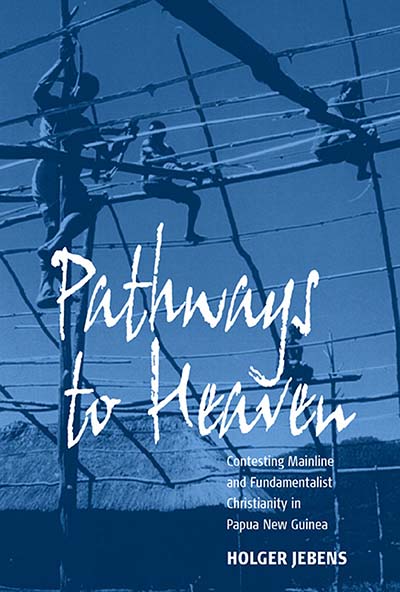 Published July 2005
Published July 2005  Forthcoming June 2026
Forthcoming June 2026 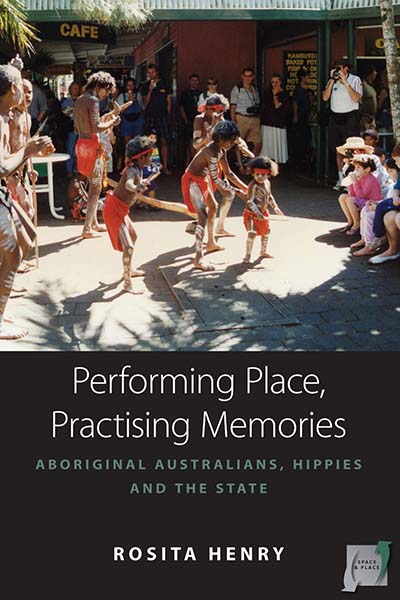 Published September 2012
Published September 2012 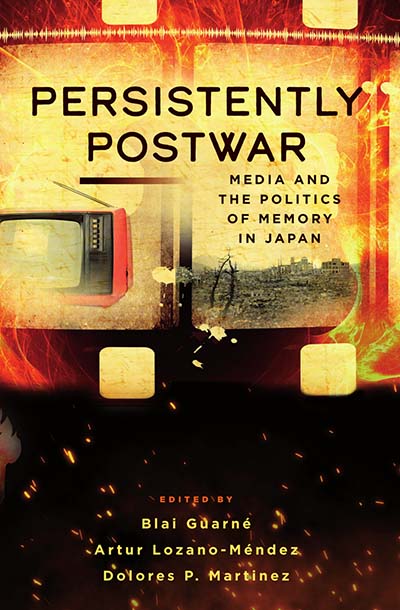 Published March 2019
Published March 2019 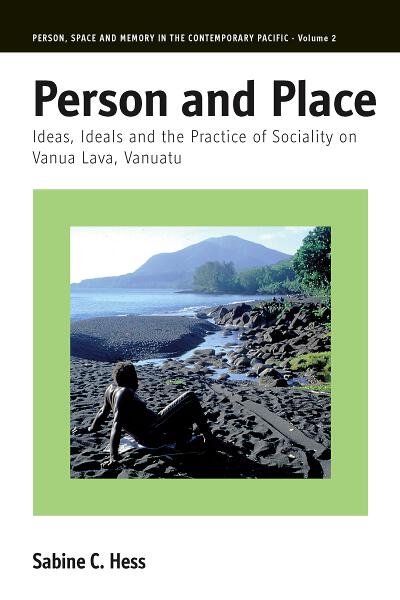 Published August 2009
Published August 2009 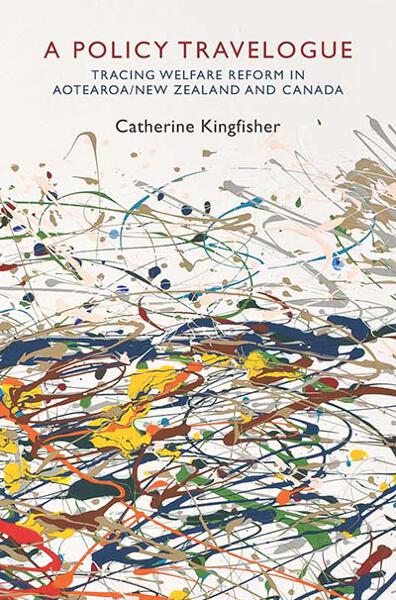 Published September 2013
Published September 2013 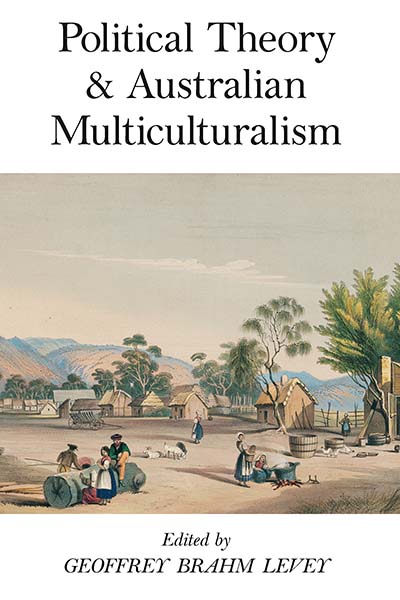 Published June 2008
Published June 2008 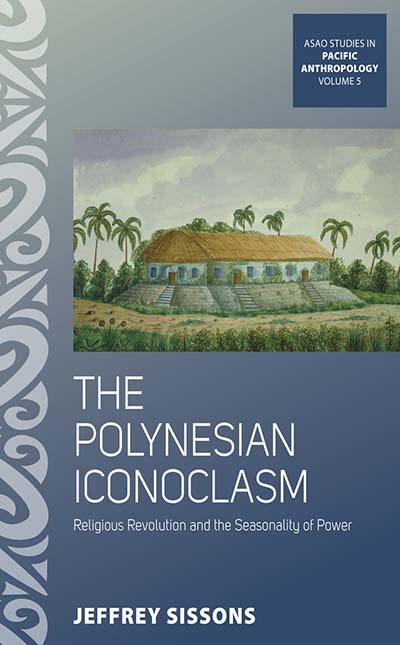 Published September 2014
Published September 2014 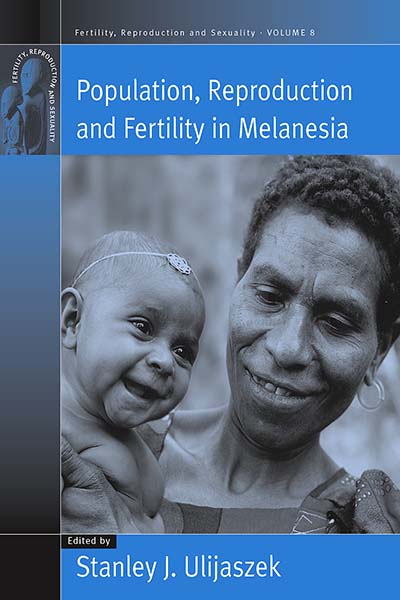 Published December 2005
Published December 2005 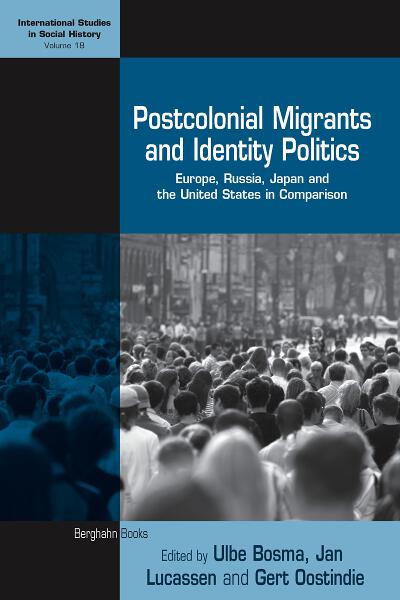 Published May 2012
Published May 2012 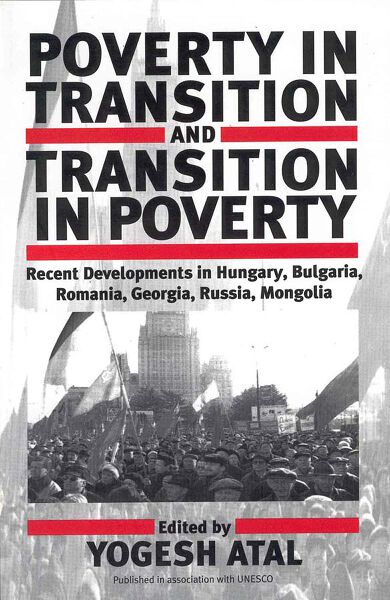 Published March 1999
Published March 1999 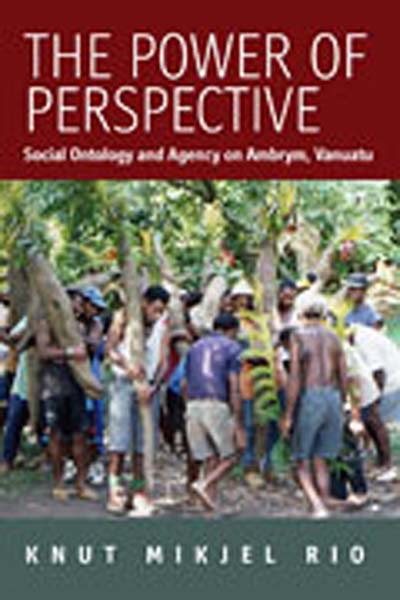 Published May 2007
Published May 2007  Published December 2025
Published December 2025 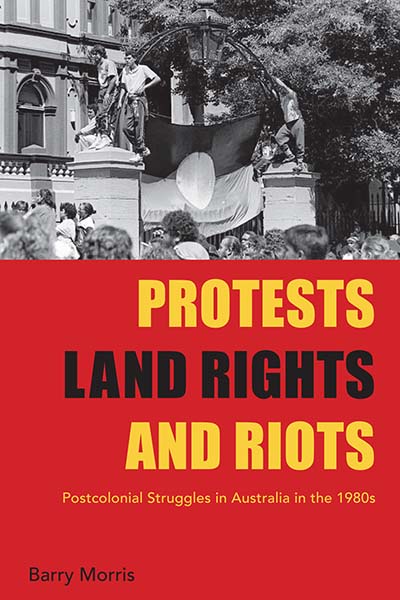 Published December 2014
Published December 2014 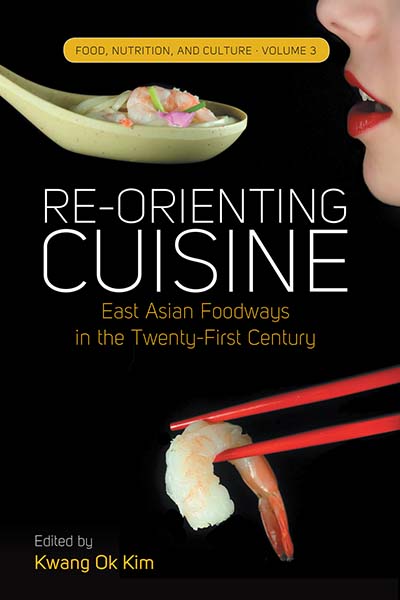 Published February 2015
Published February 2015 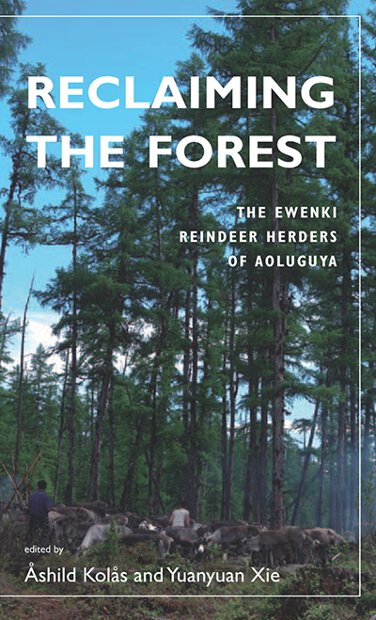 Published April 2015
Published April 2015  Published September 2016
Published September 2016 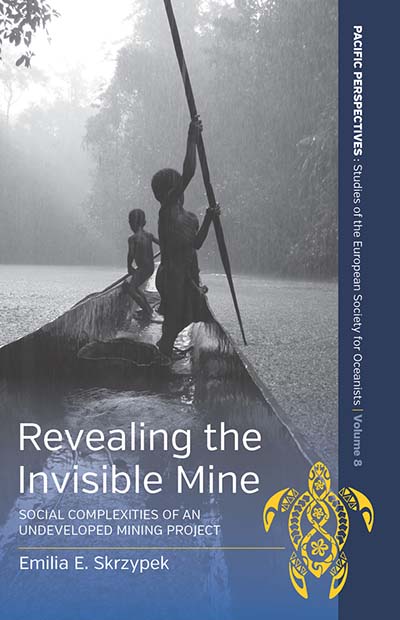 Published October 2020
Published October 2020 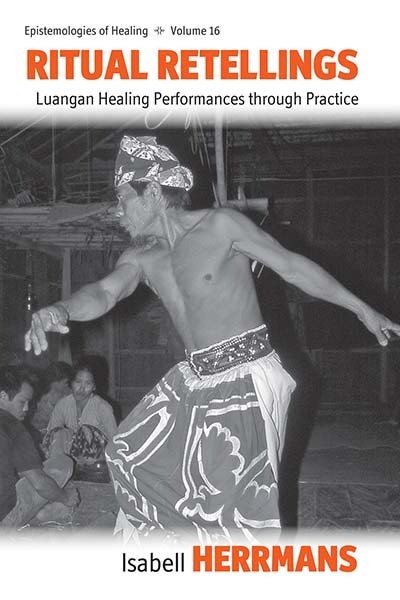 Published March 2015
Published March 2015 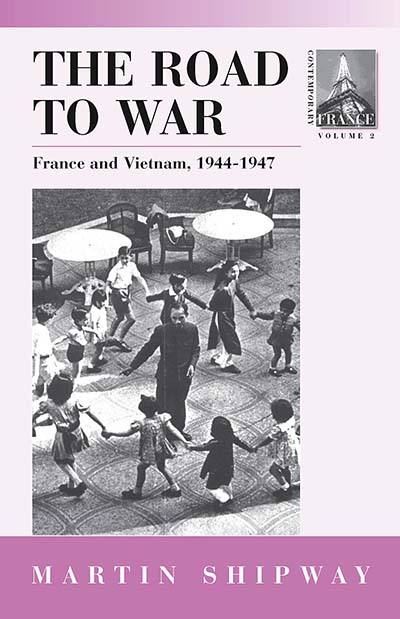 Published January 2003
Published January 2003 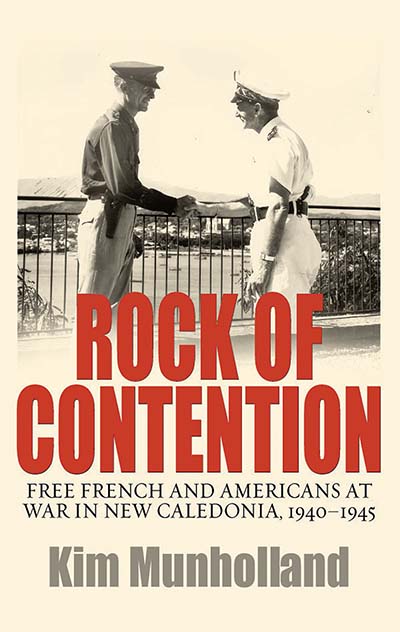 Published April 2005
Published April 2005 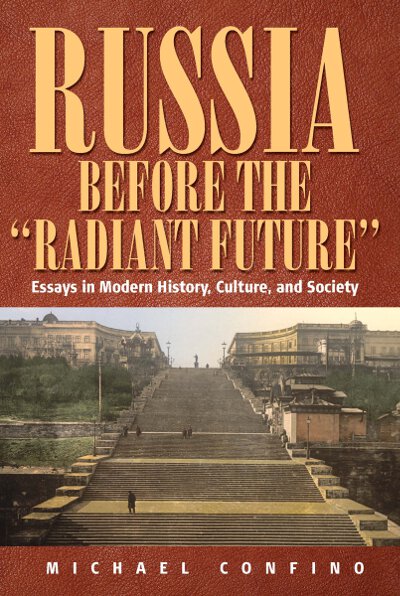 Published May 2011
Published May 2011 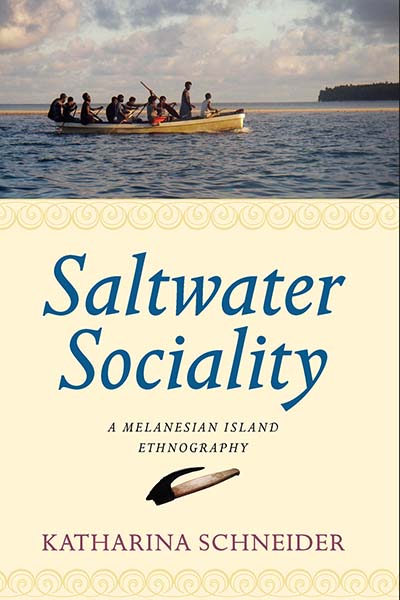 Published February 2012
Published February 2012 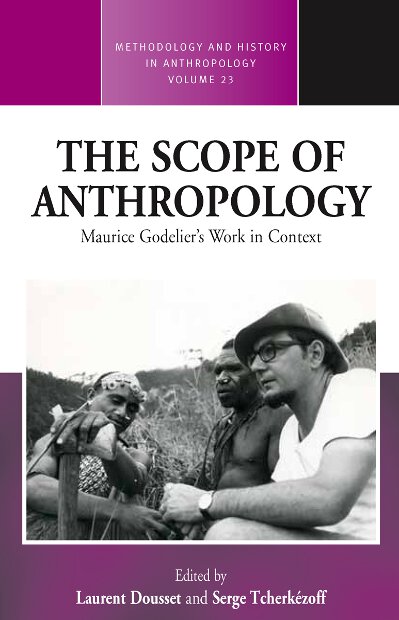 Published April 2012
Published April 2012 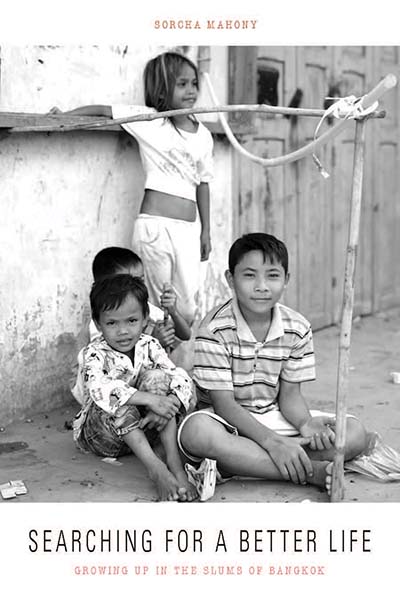 Published May 2018
Published May 2018 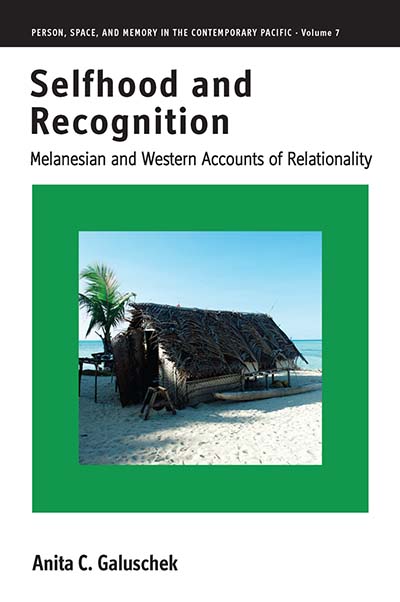 Published November 2017
Published November 2017 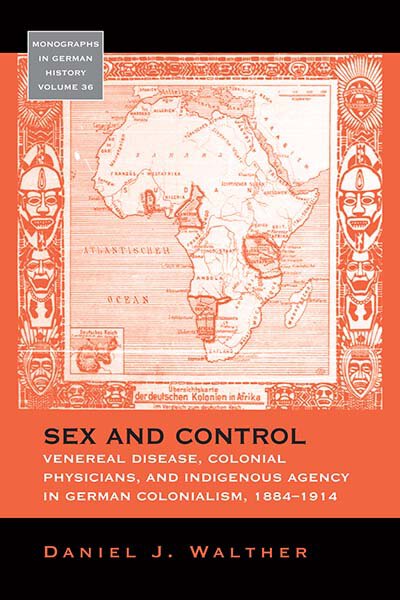 Published March 2015
Published March 2015  Published September 2025
Published September 2025 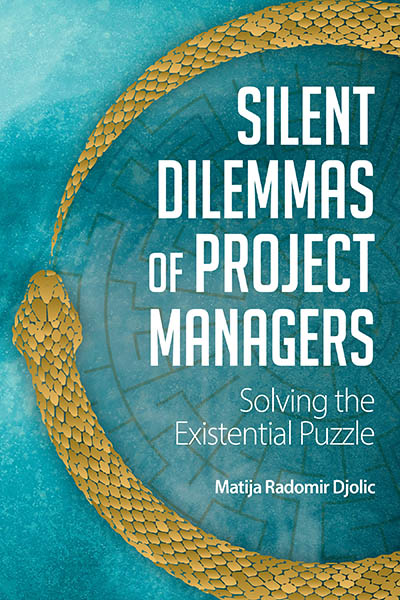 Published November 2024
Published November 2024 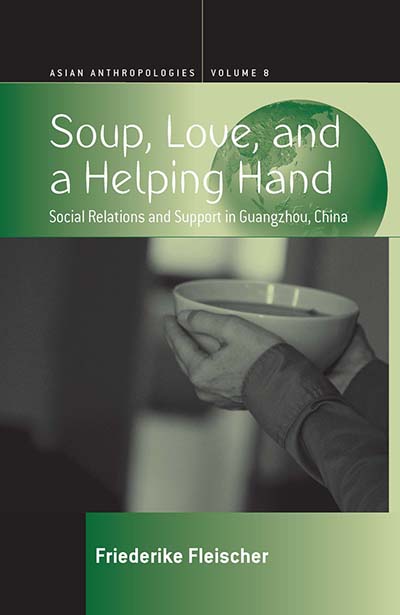 Published February 2018
Published February 2018 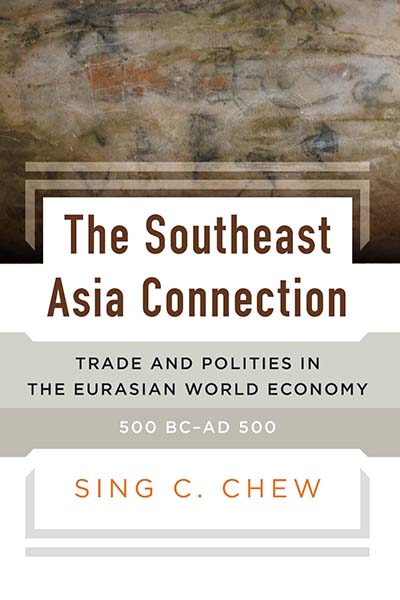 Published March 2018
Published March 2018 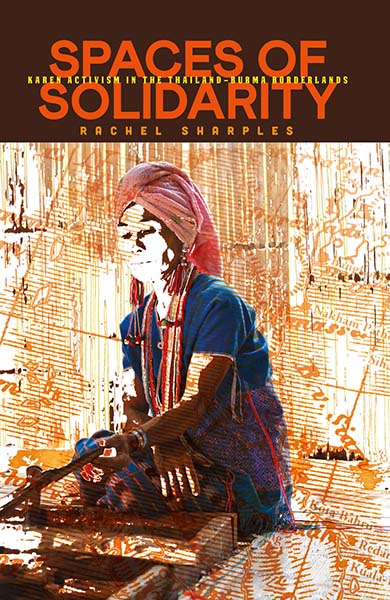 Published May 2020
Published May 2020 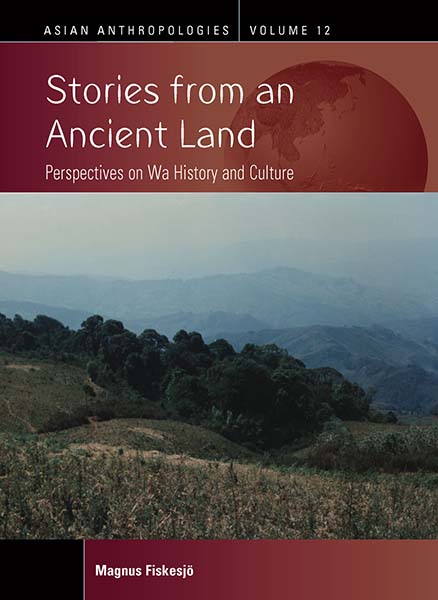 Published August 2021
Published August 2021 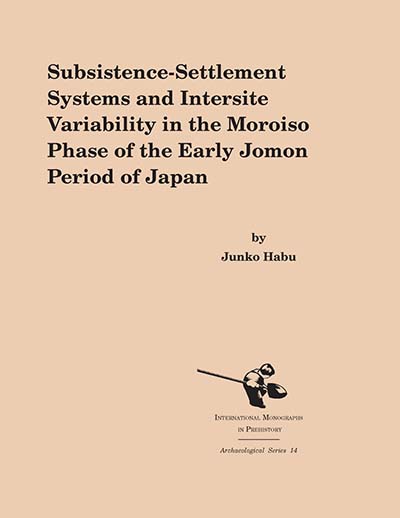 Published January 2001
Published January 2001 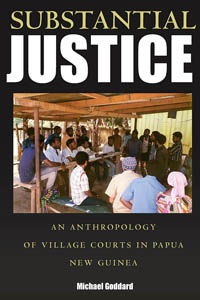 Published July 2009
Published July 2009 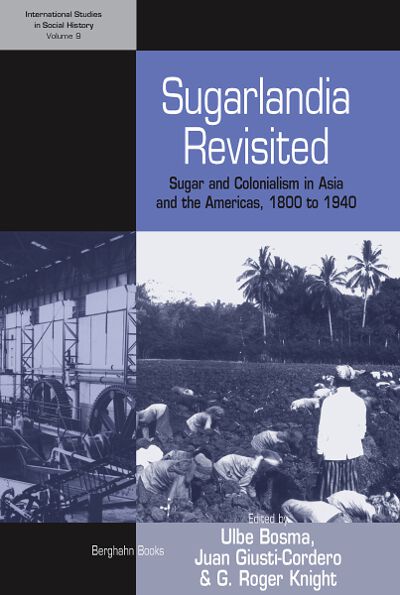 Published October 2007
Published October 2007 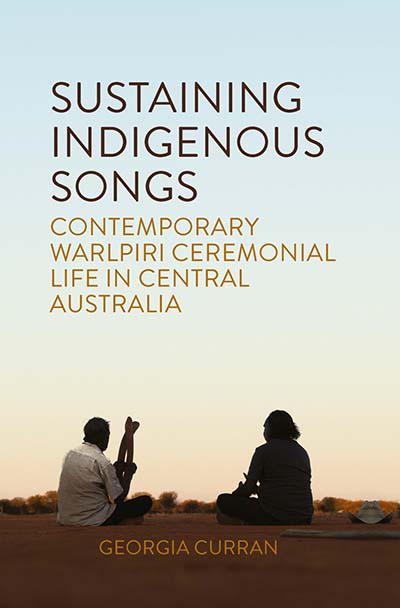 Published January 2020
Published January 2020 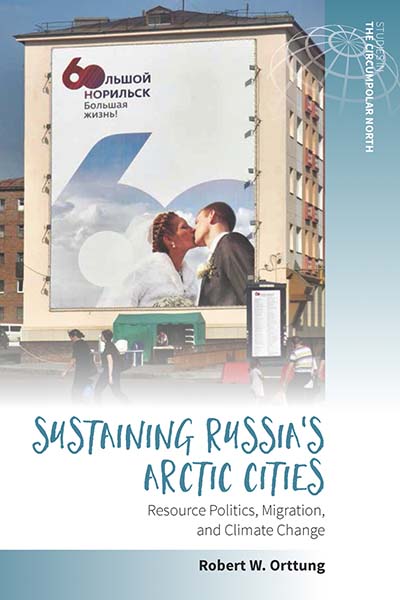 Published November 2016
Published November 2016 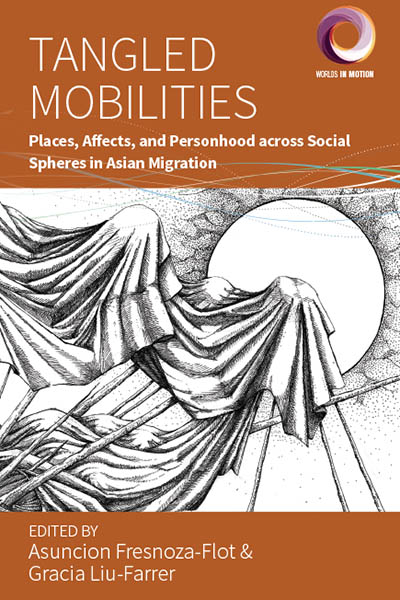 Published July 2022
Published July 2022 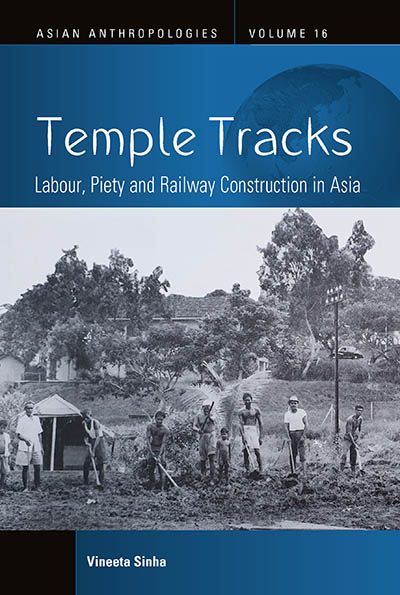 Published August 2023
Published August 2023 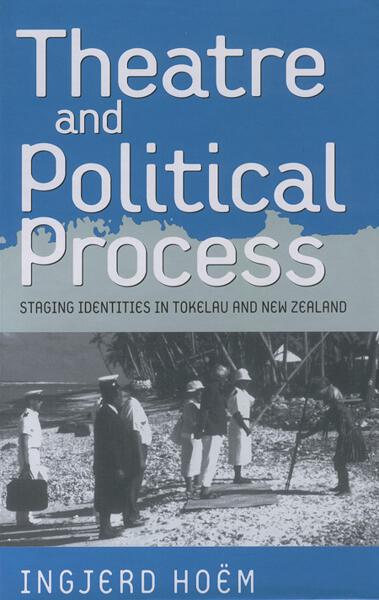 Published October 2004
Published October 2004 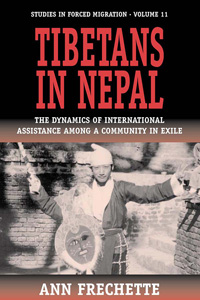 Published December 2002
Published December 2002 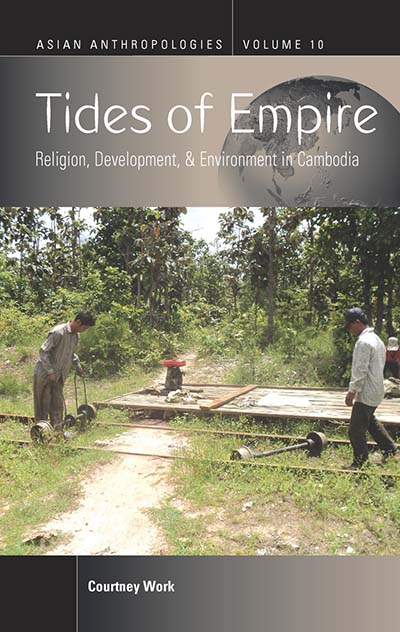 Published July 2020
Published July 2020 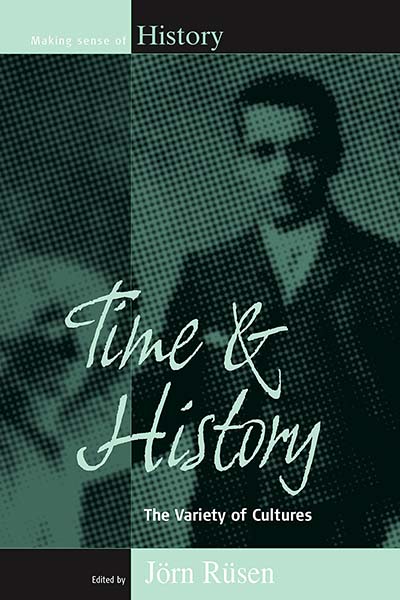 Published January 2008
Published January 2008 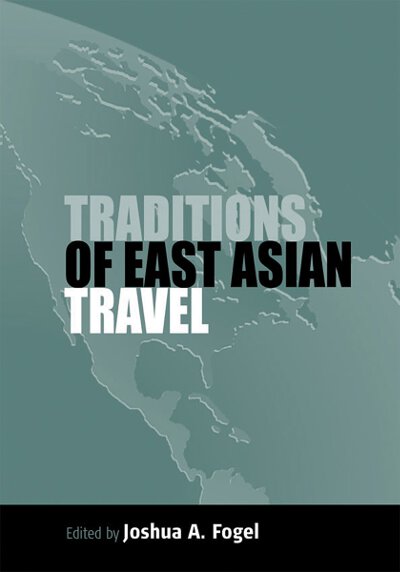 Published December 2005
Published December 2005 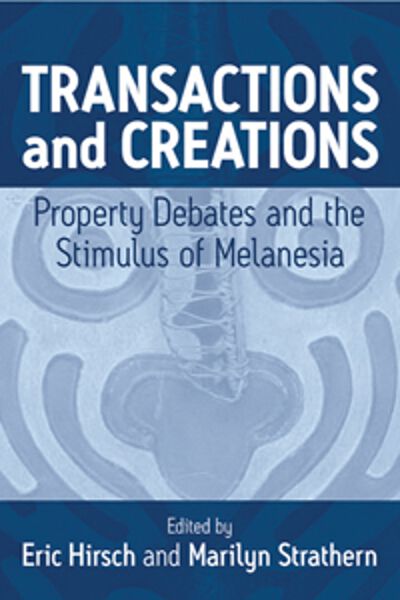 Published November 2004
Published November 2004 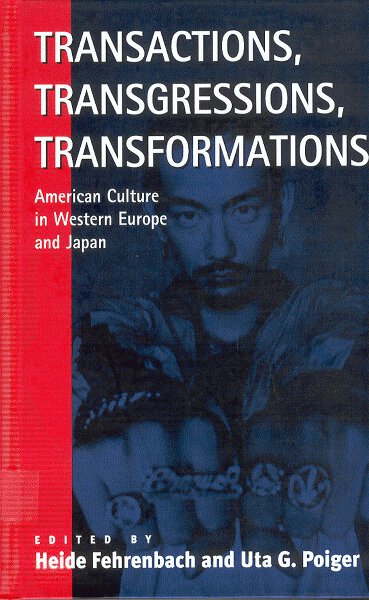 Published December 1999
Published December 1999 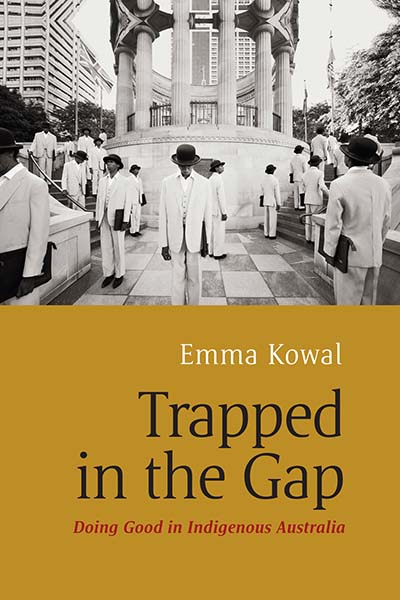 Published February 2015
Published February 2015 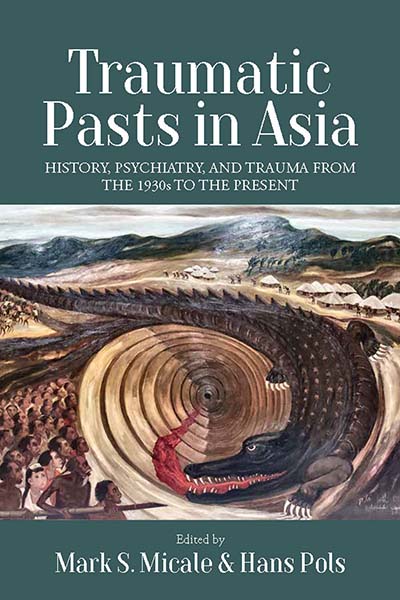 Published September 2021
Published September 2021 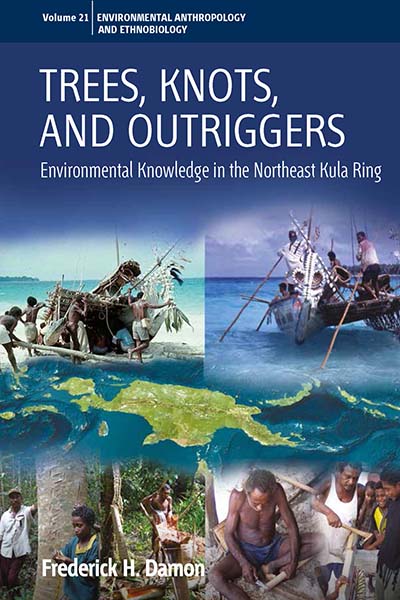 Published October 2016
Published October 2016 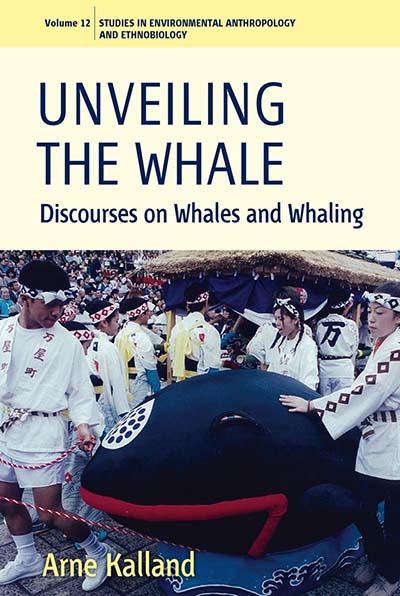 Published October 2009
Published October 2009 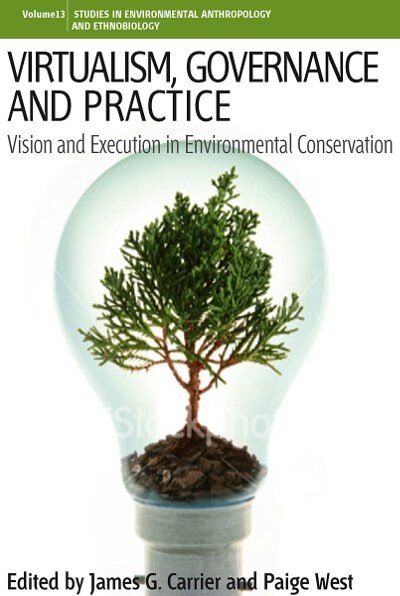 Published November 2009
Published November 2009 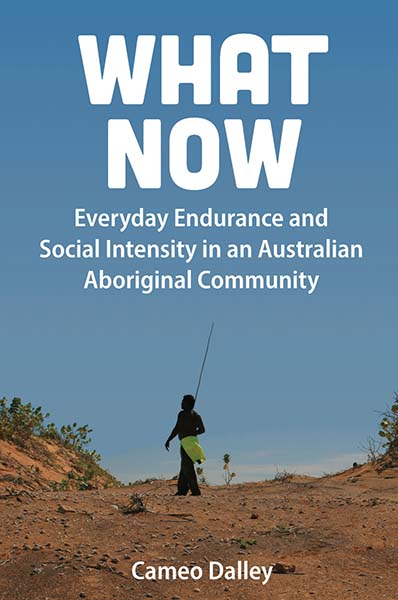 Published October 2020
Published October 2020 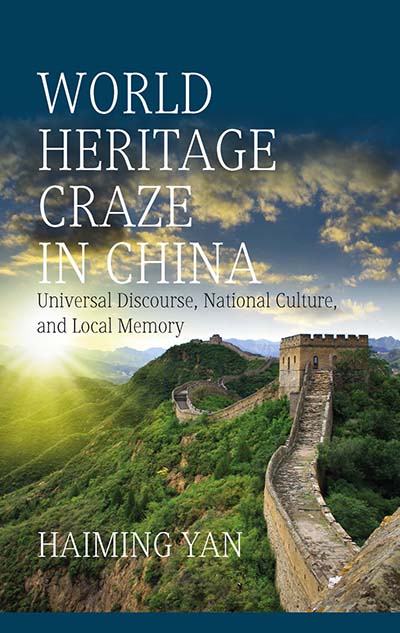 Published March 2018
Published March 2018 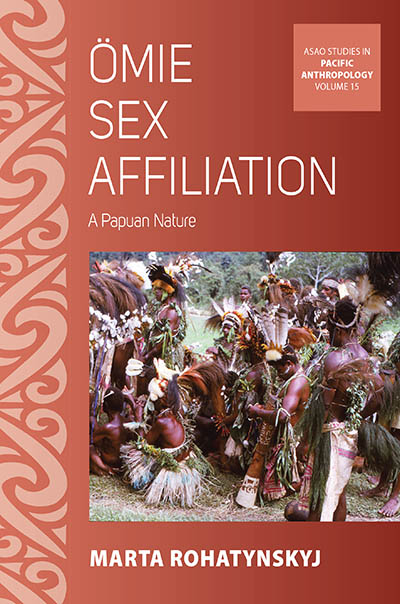 Published October 2022
Published October 2022